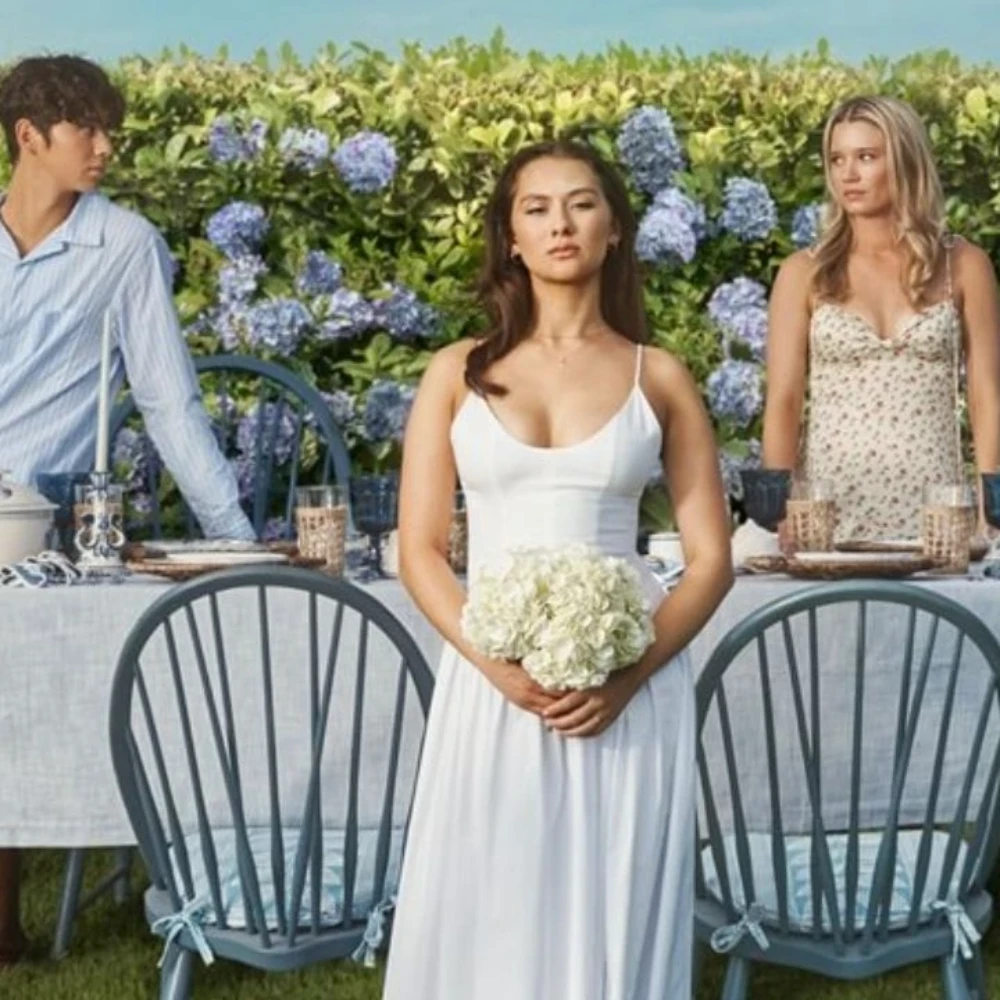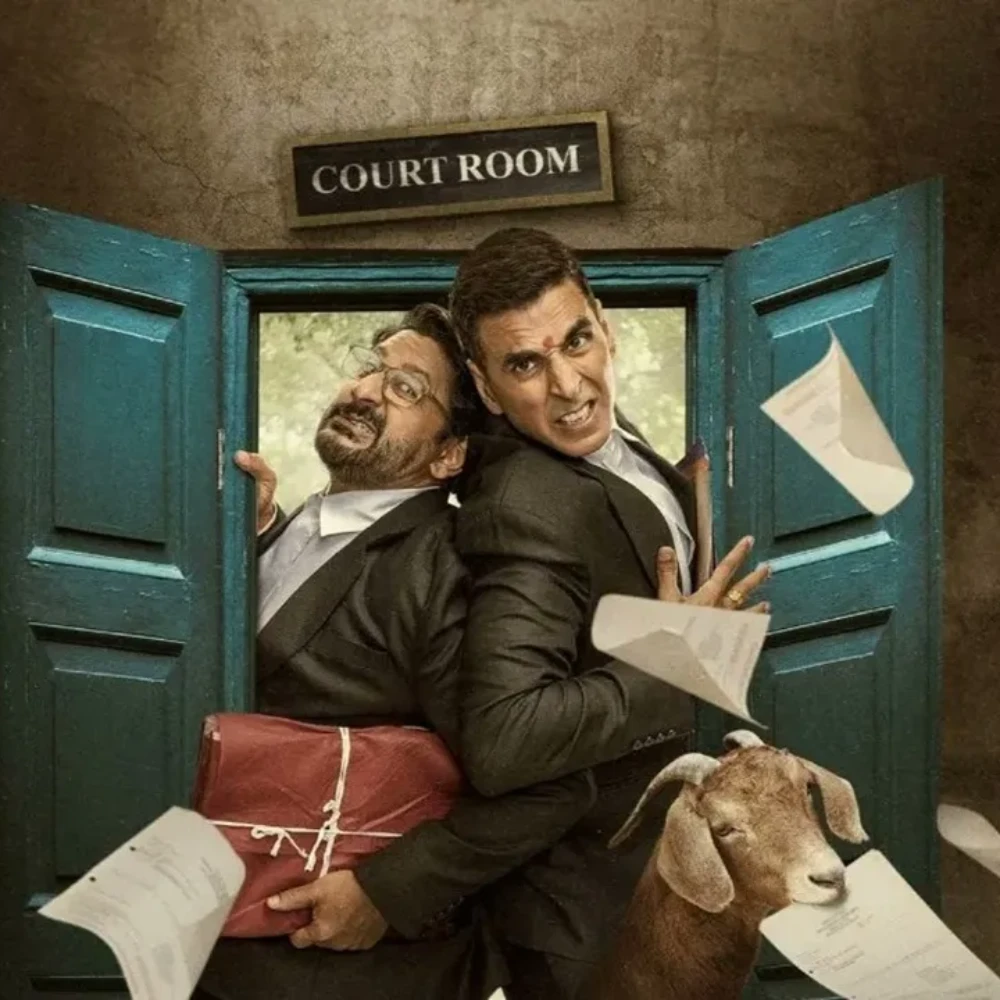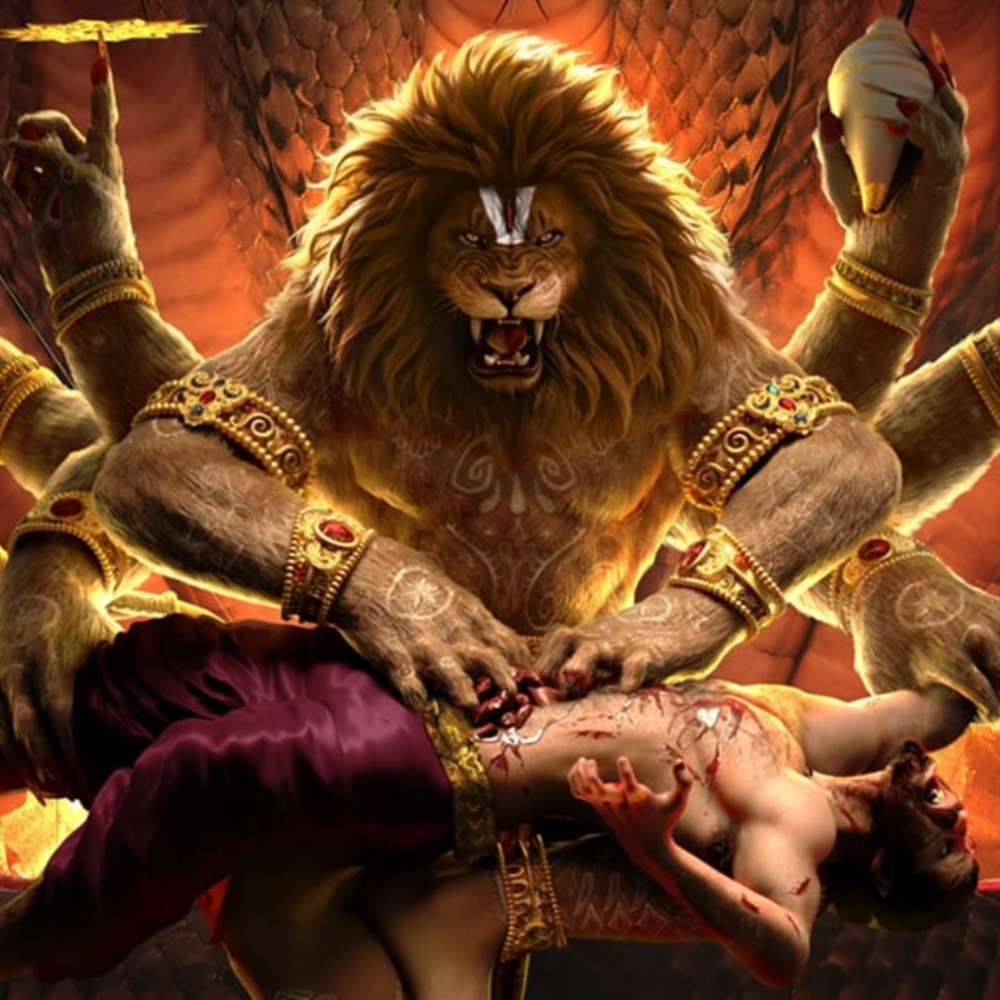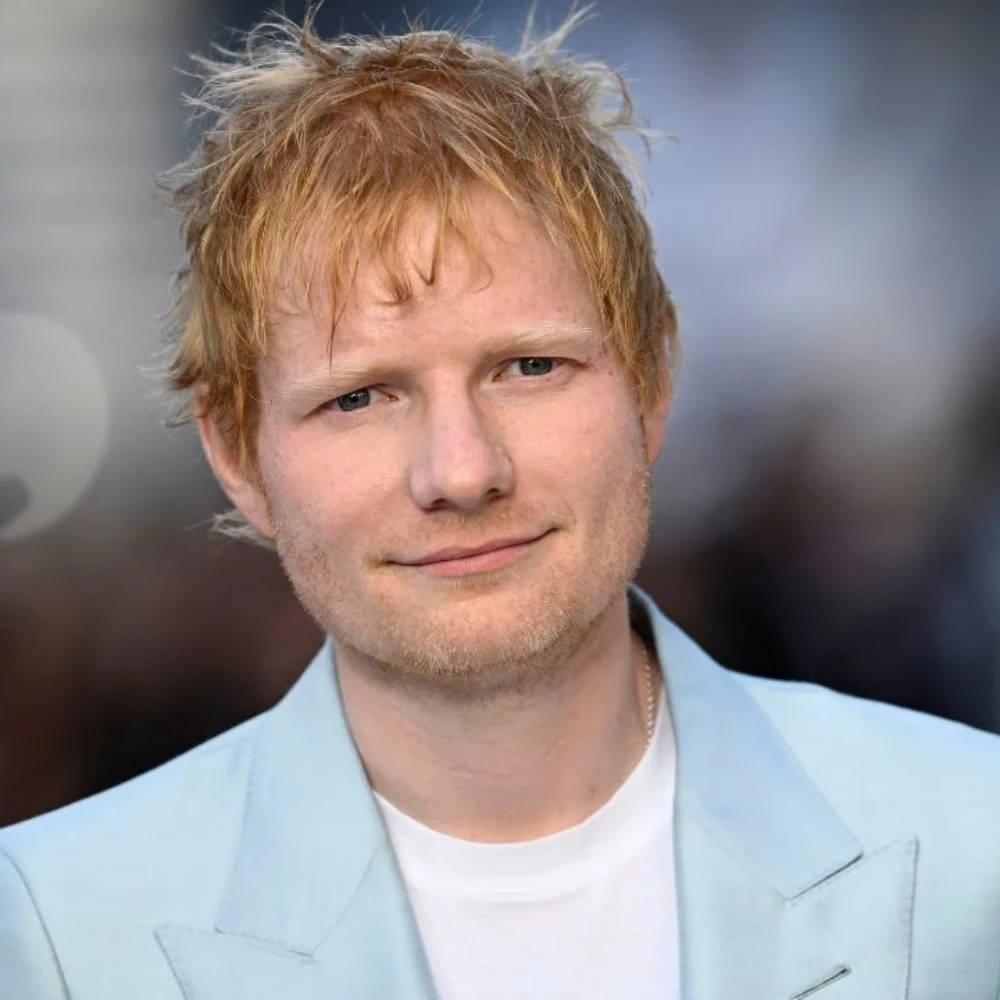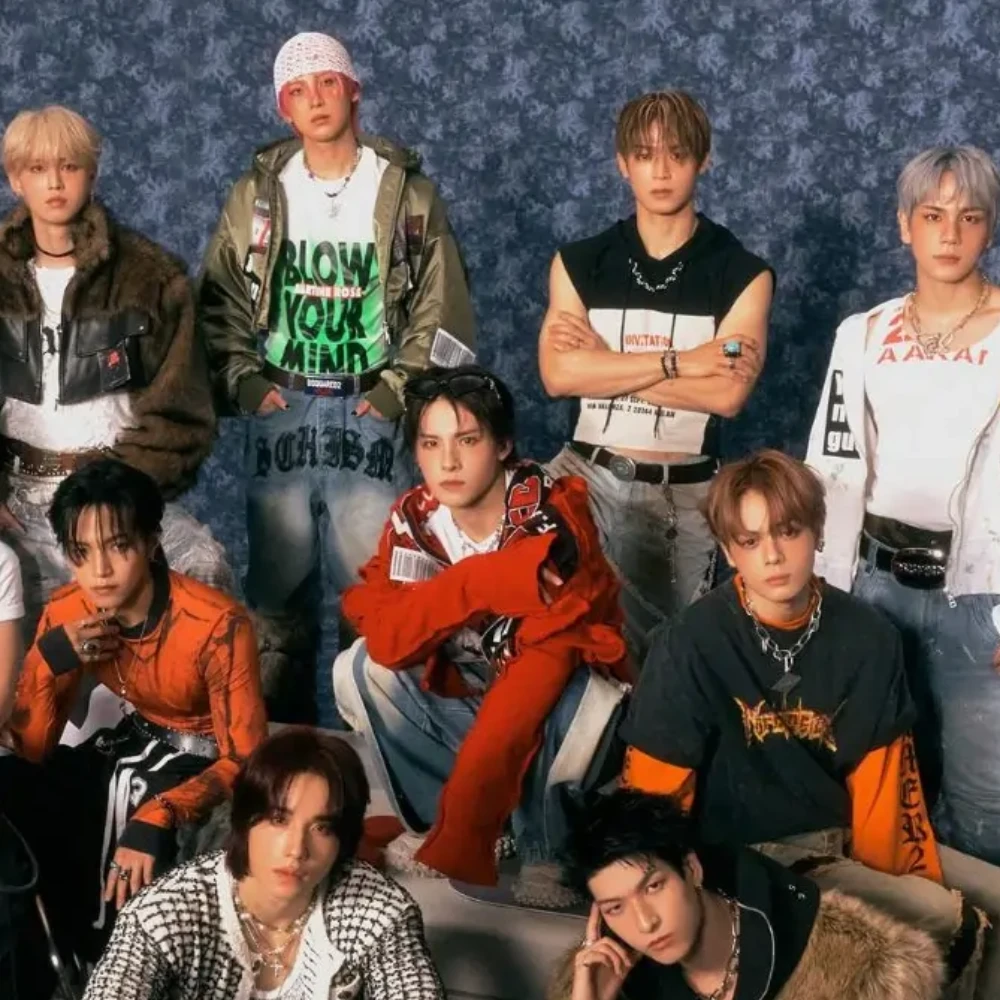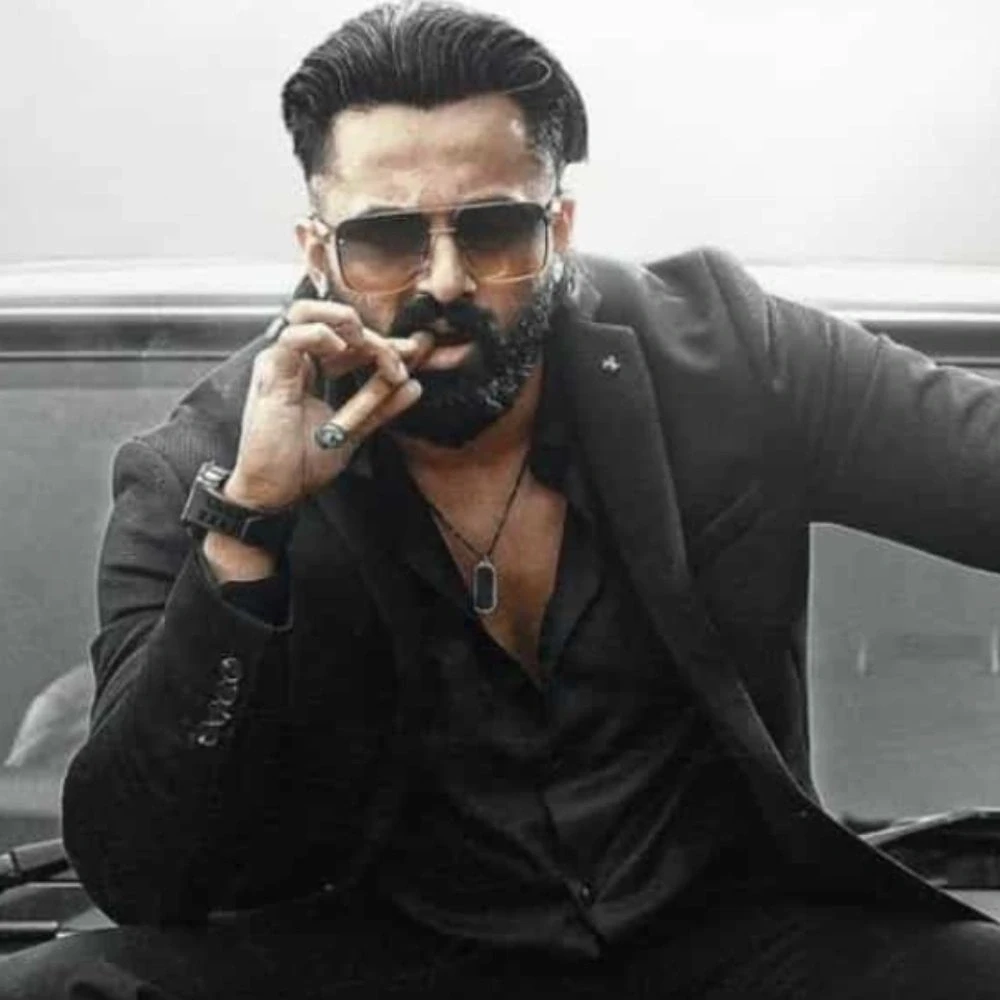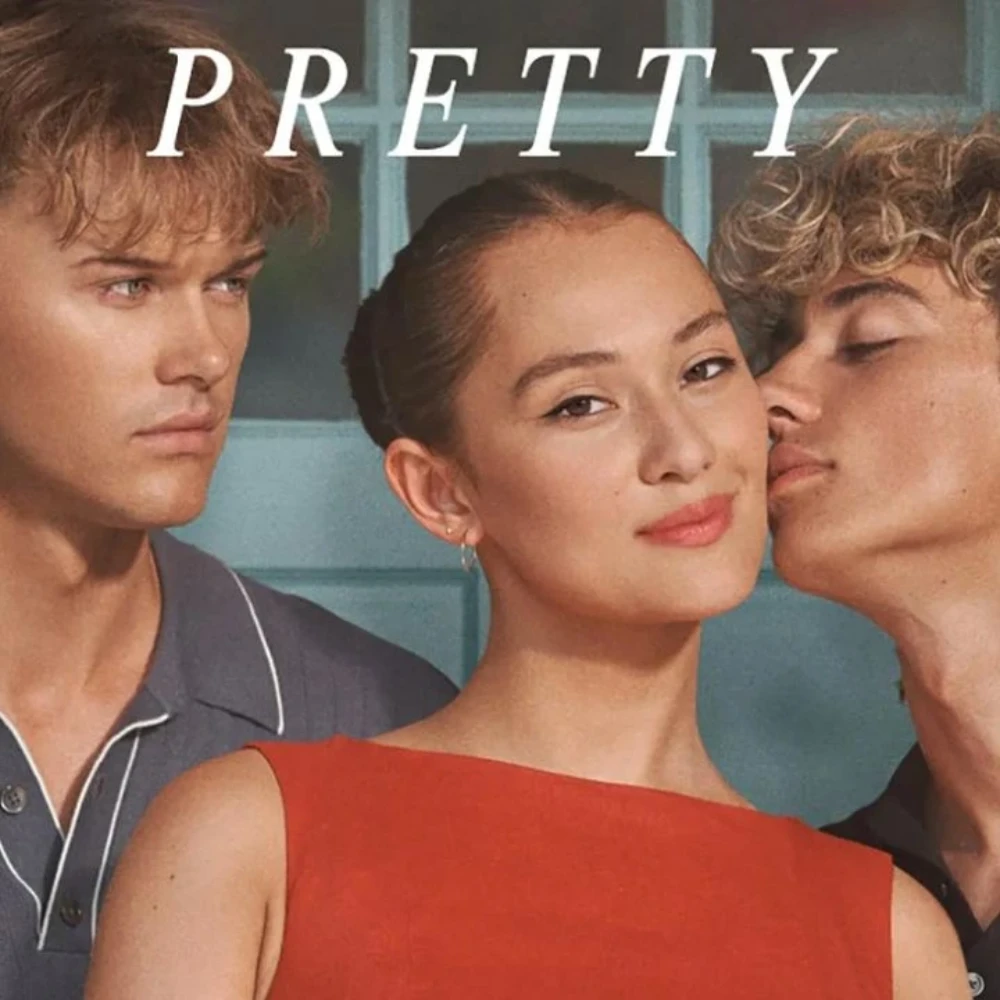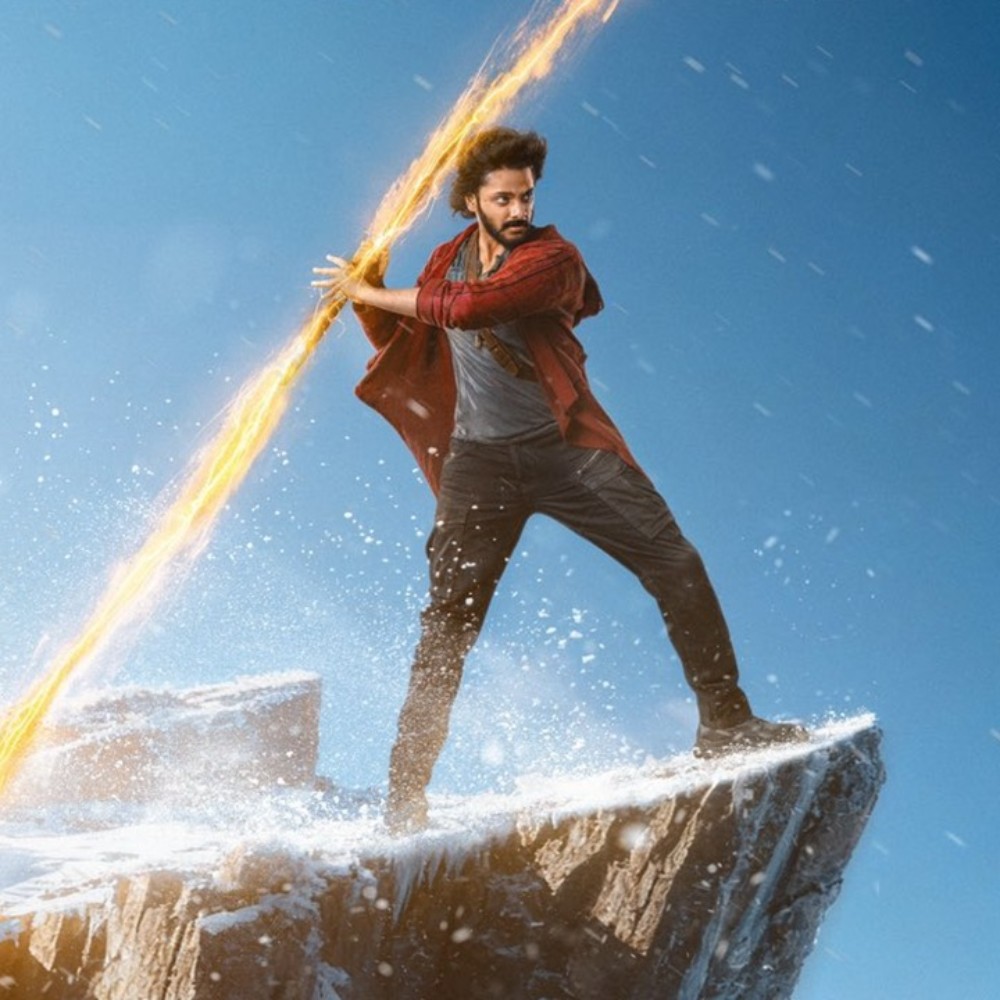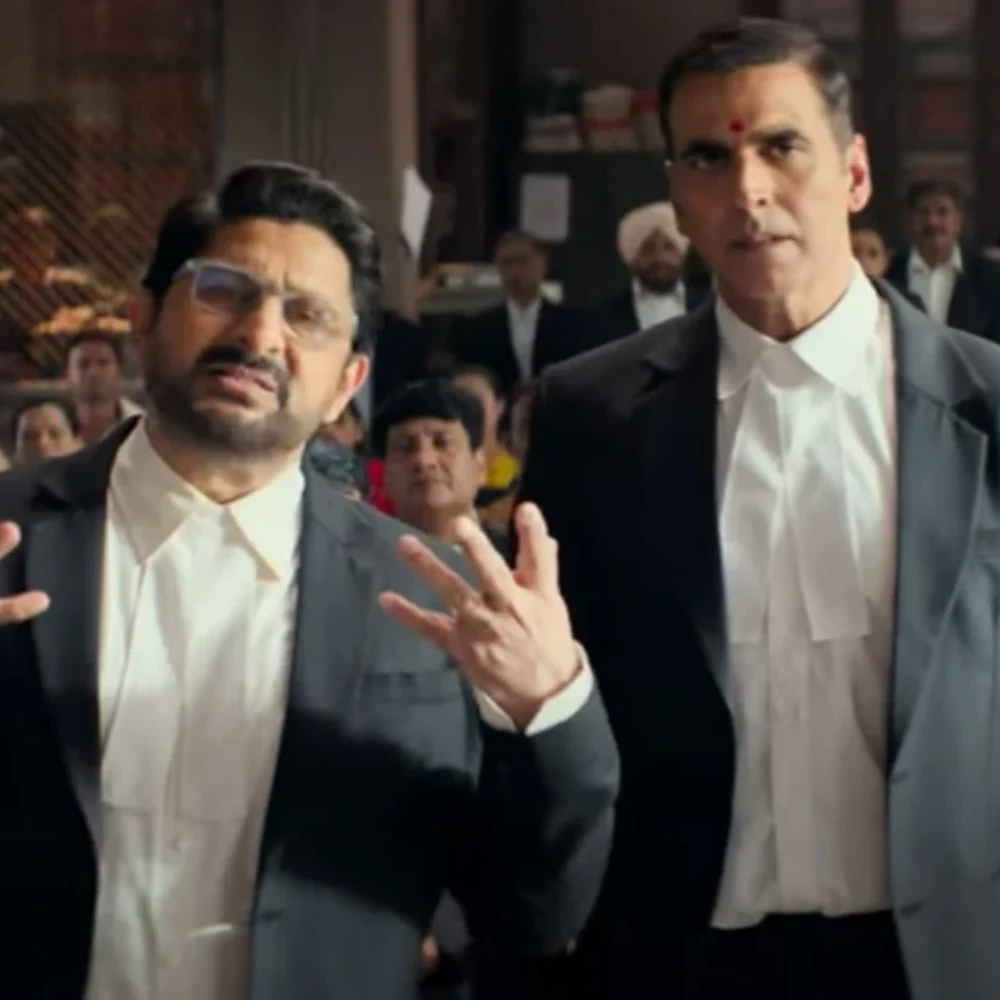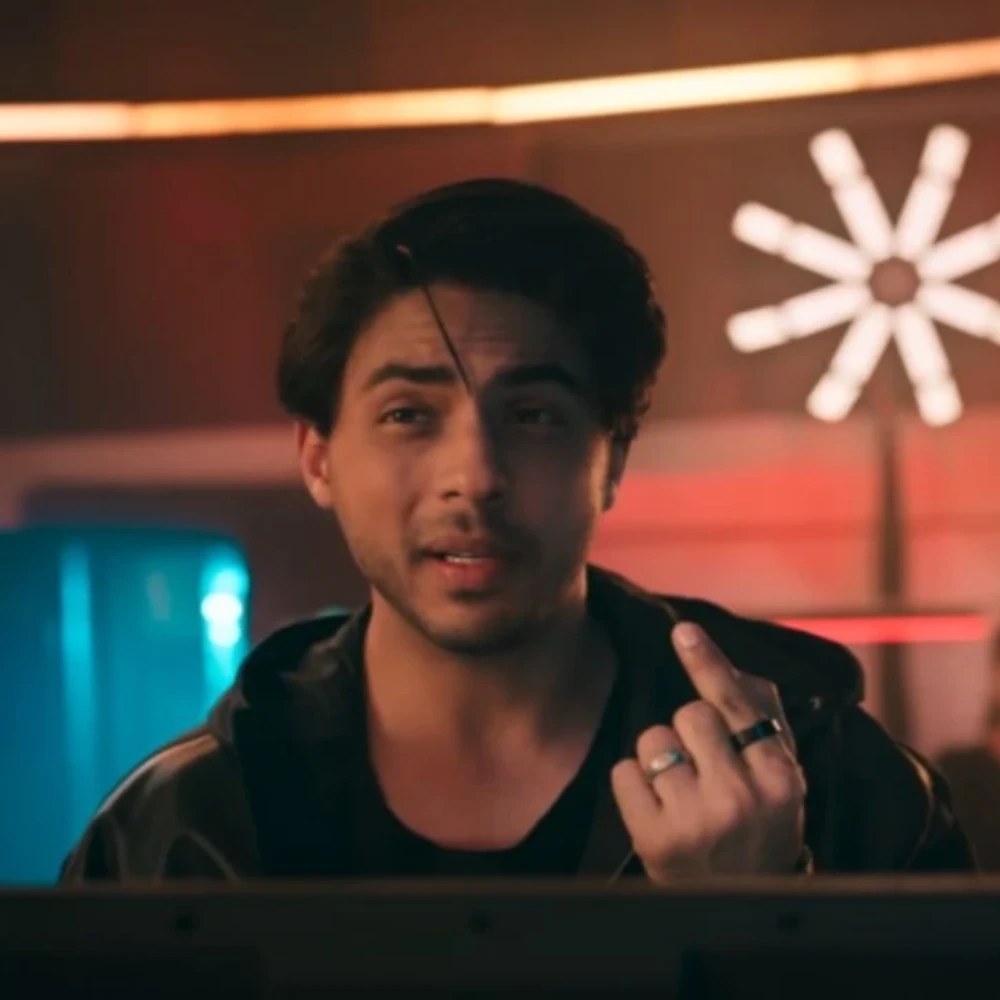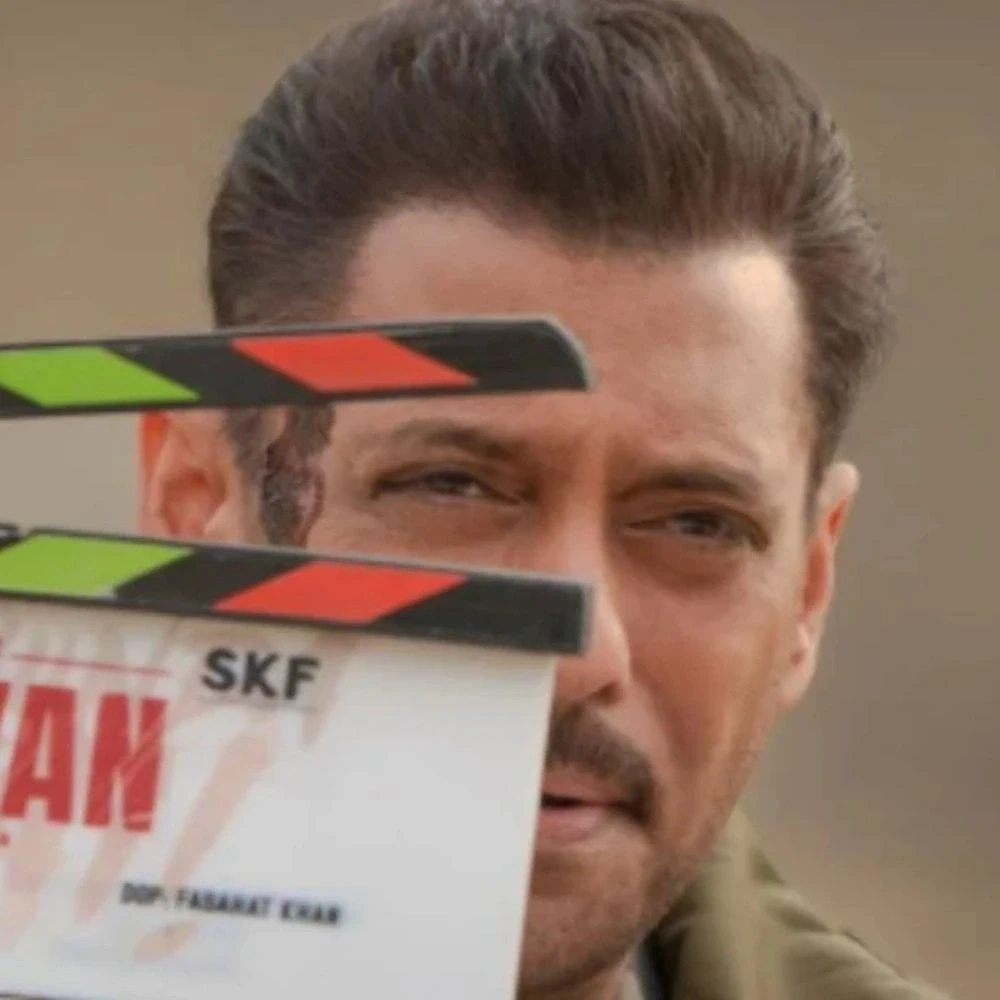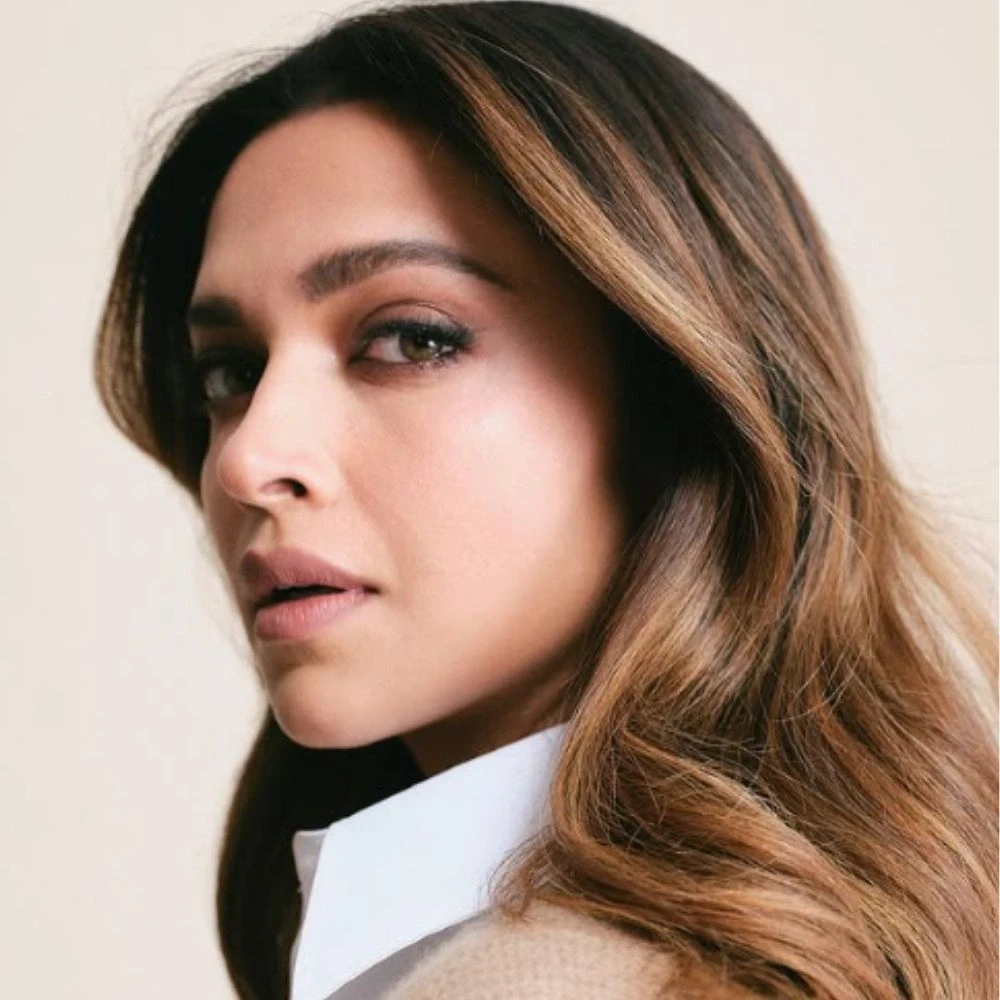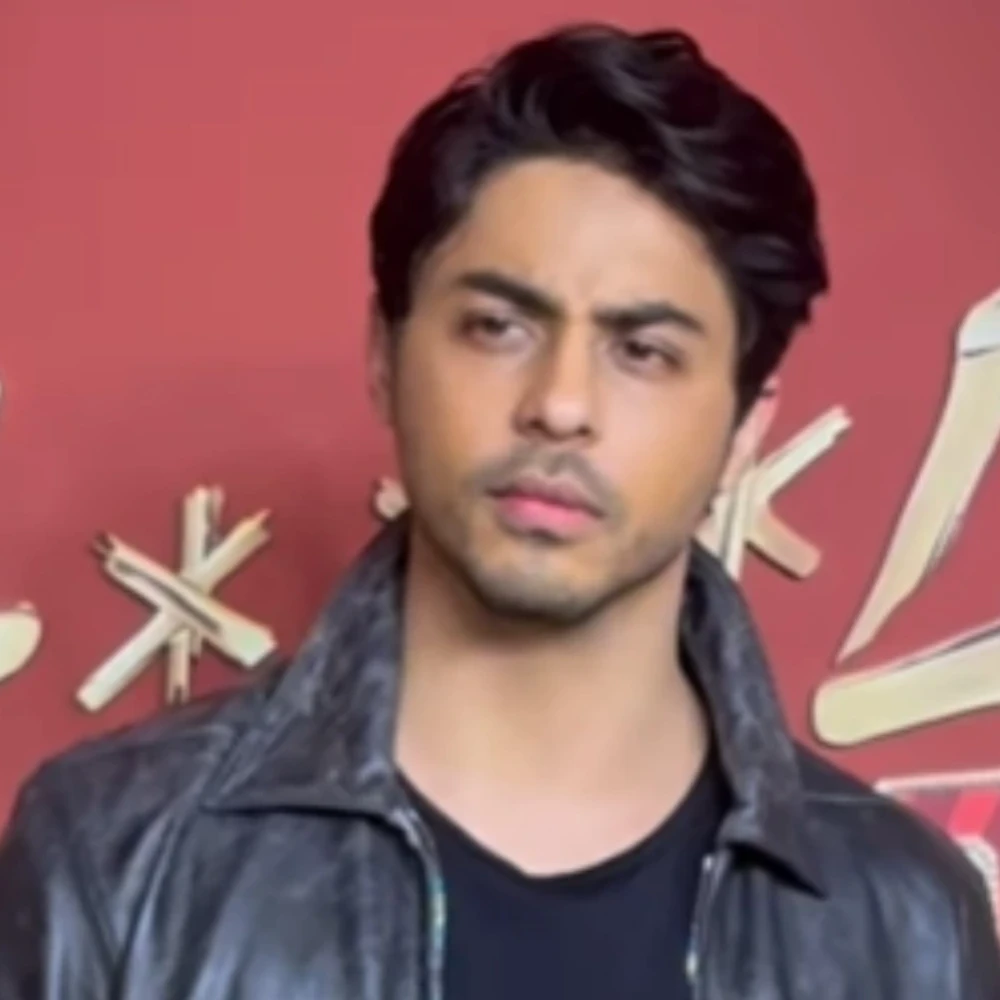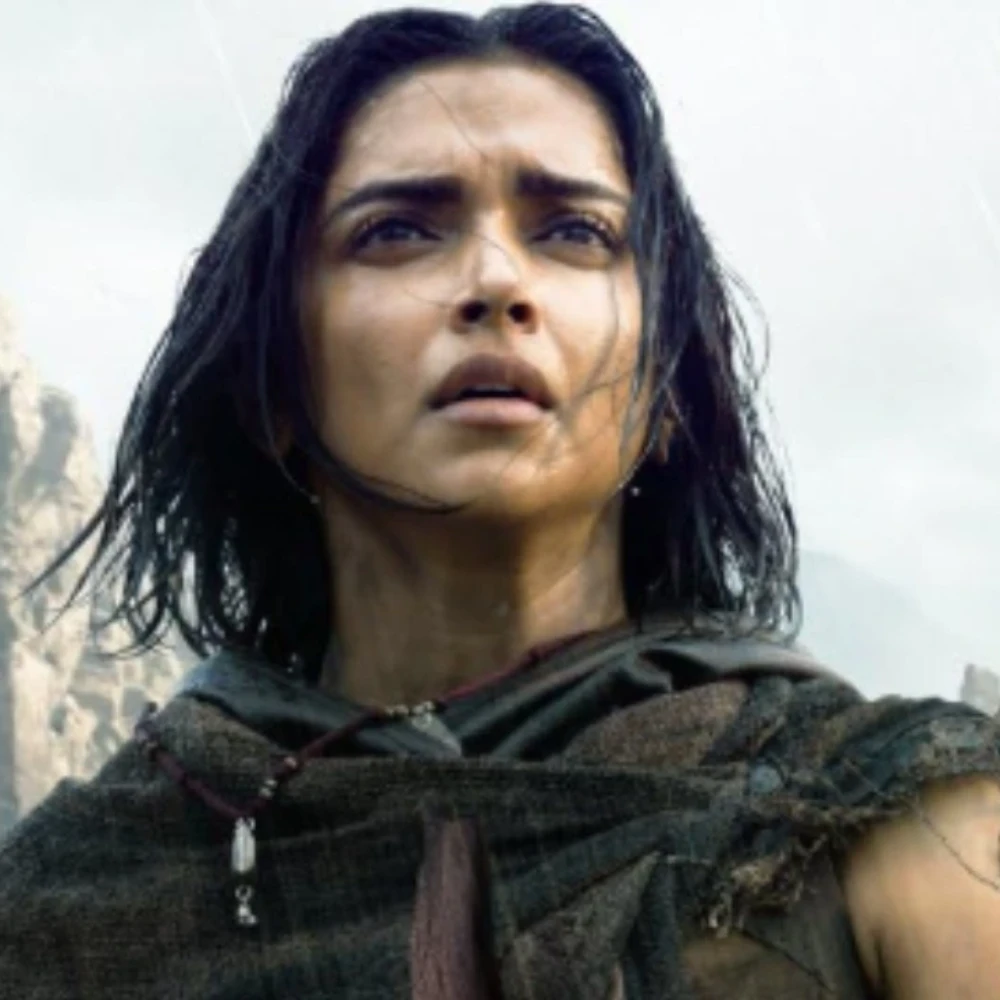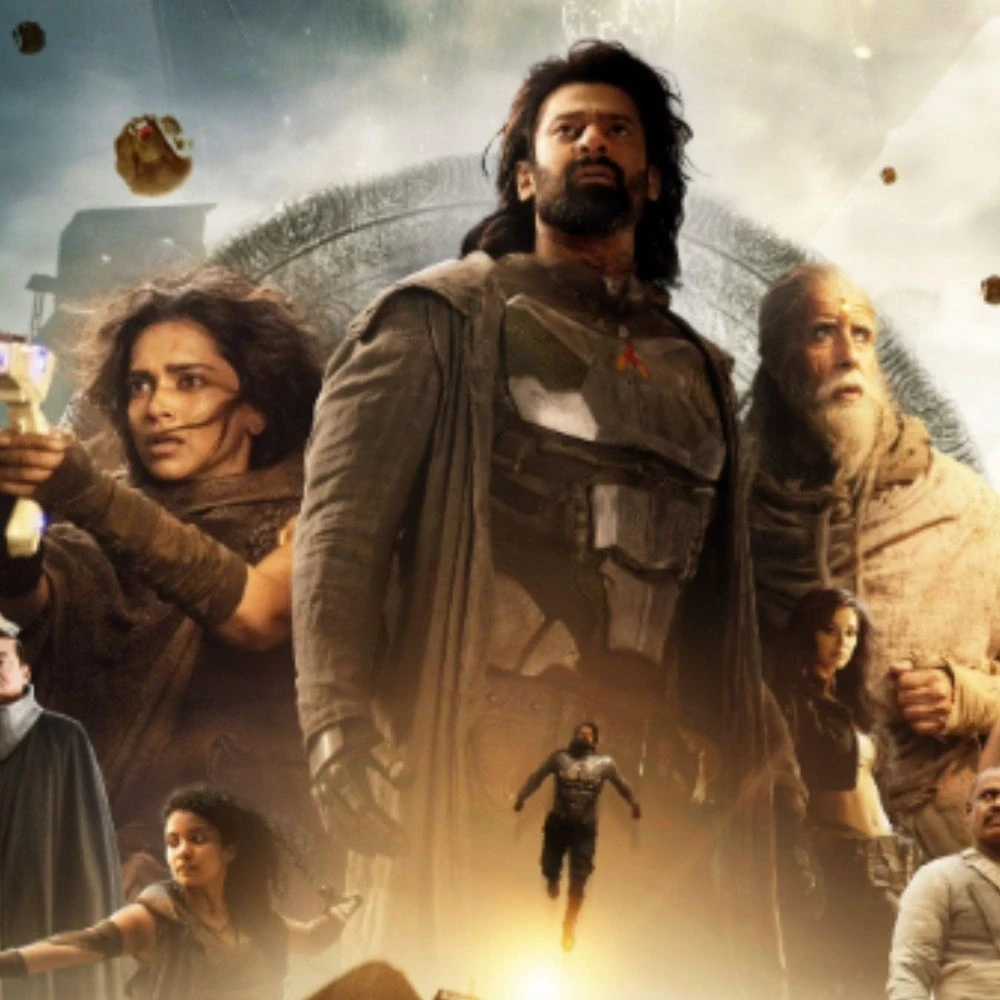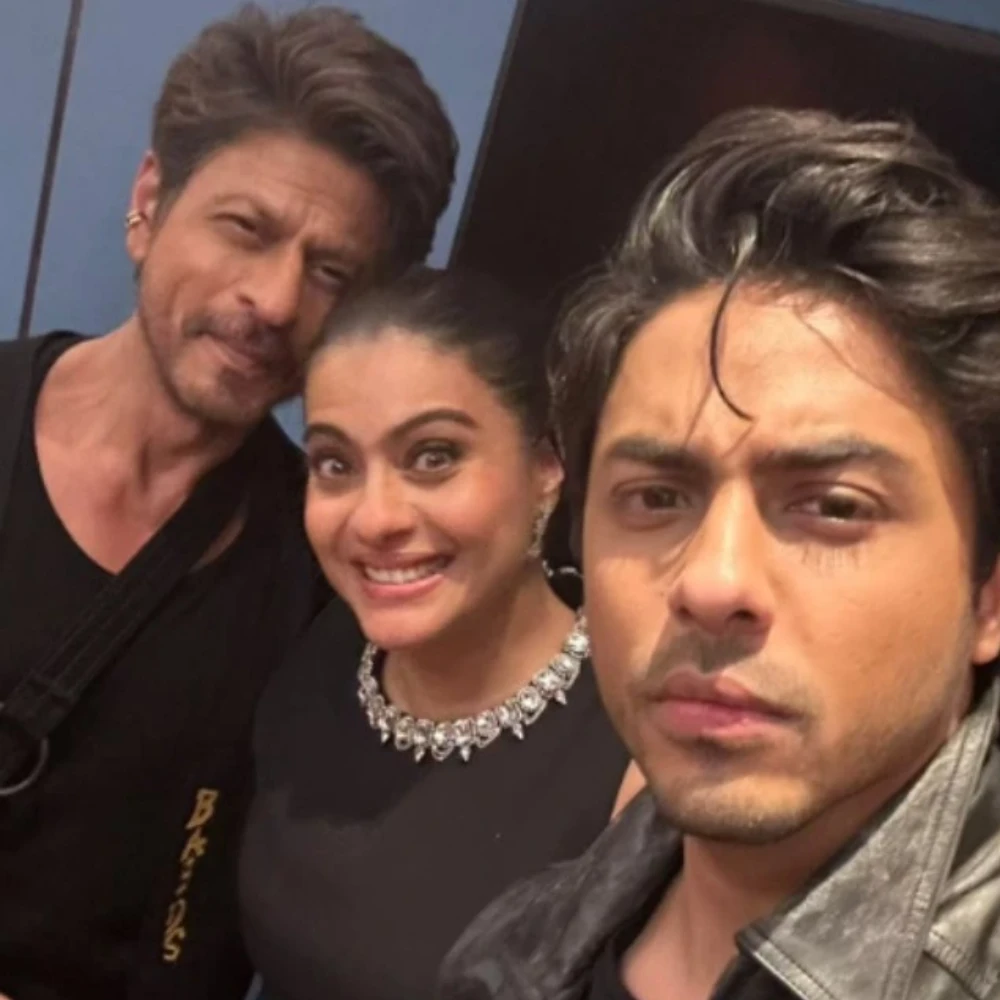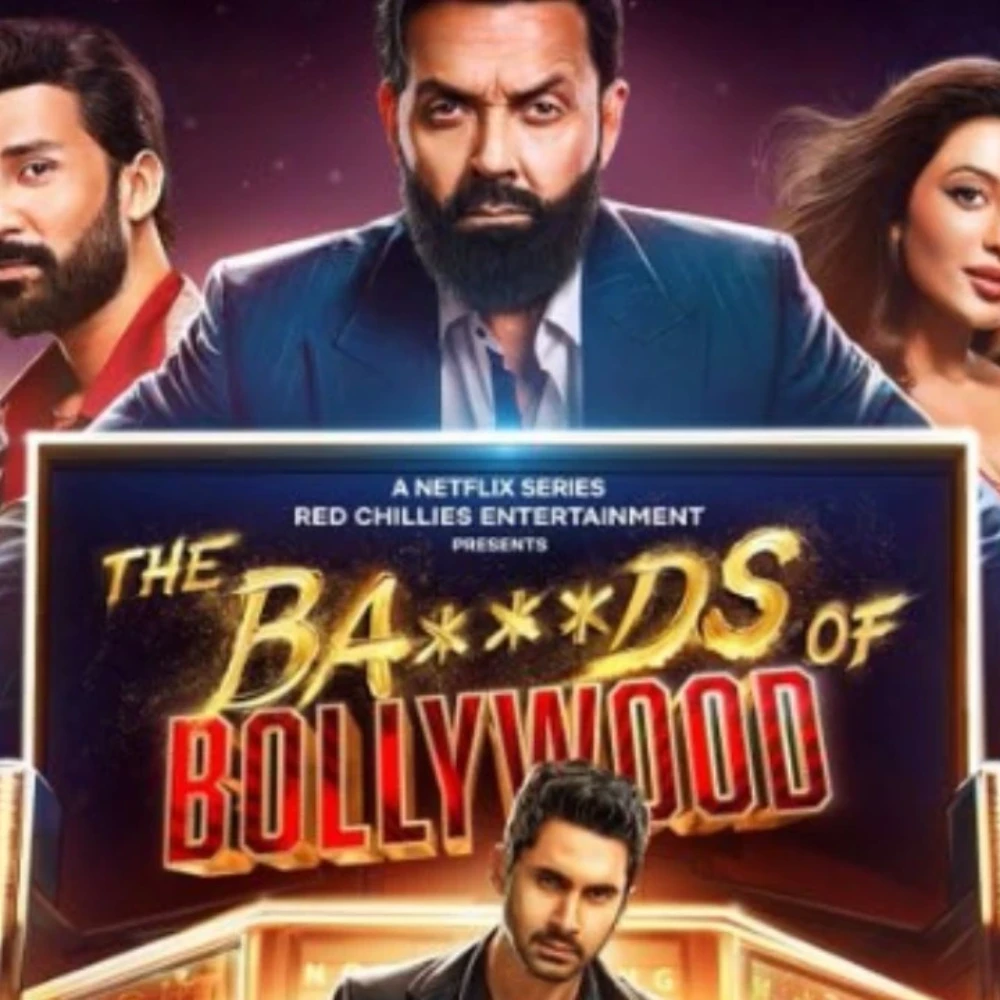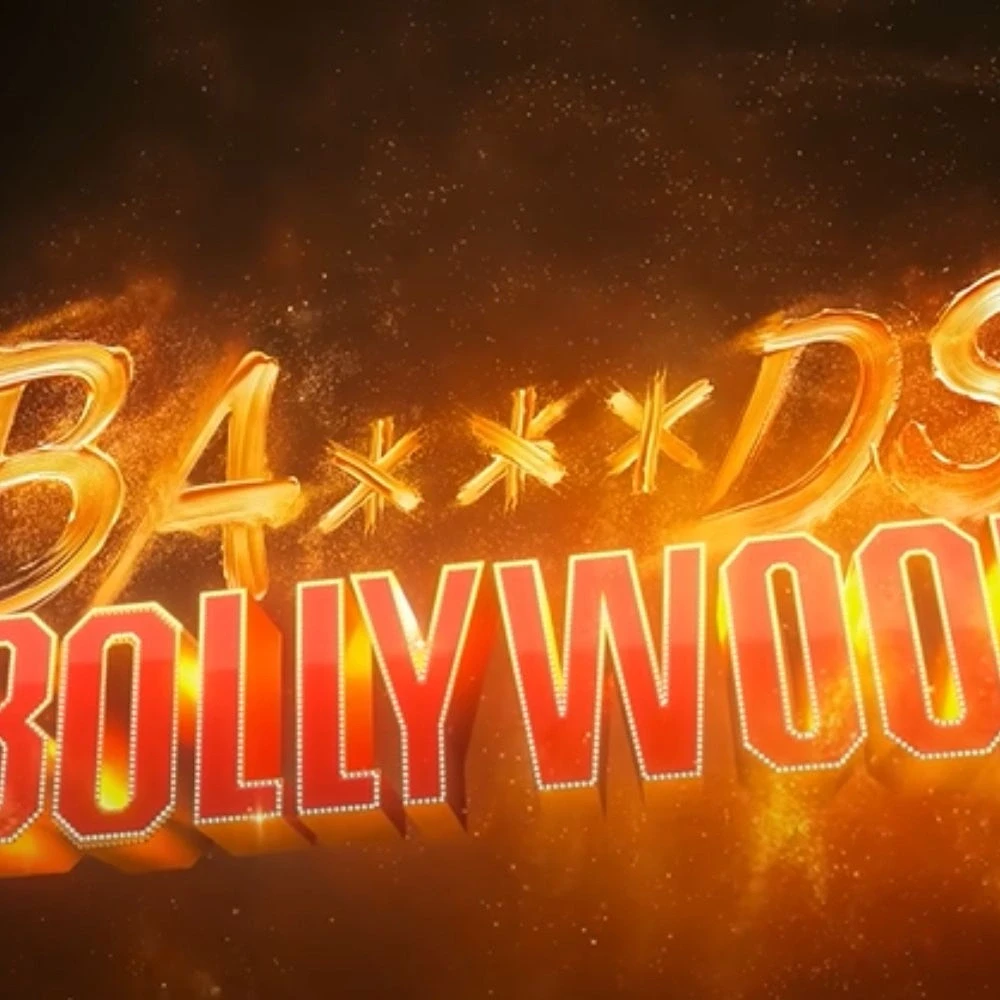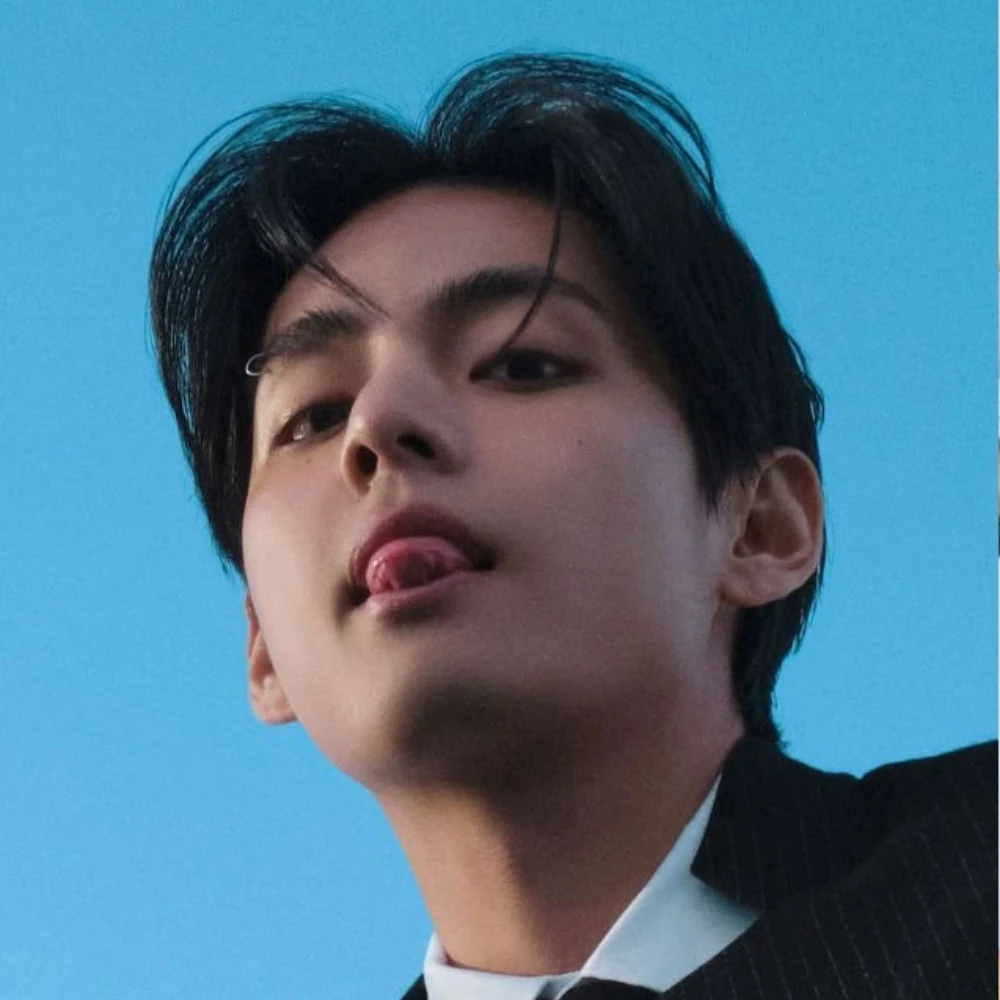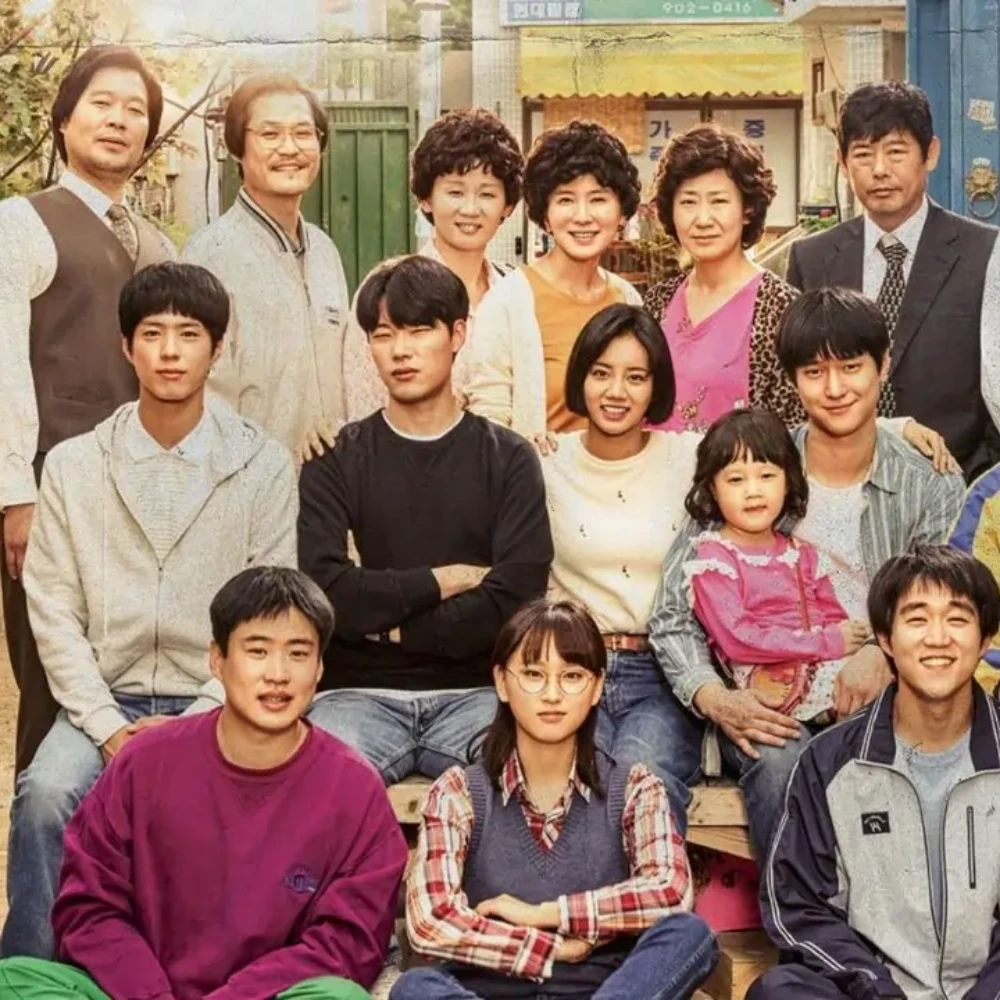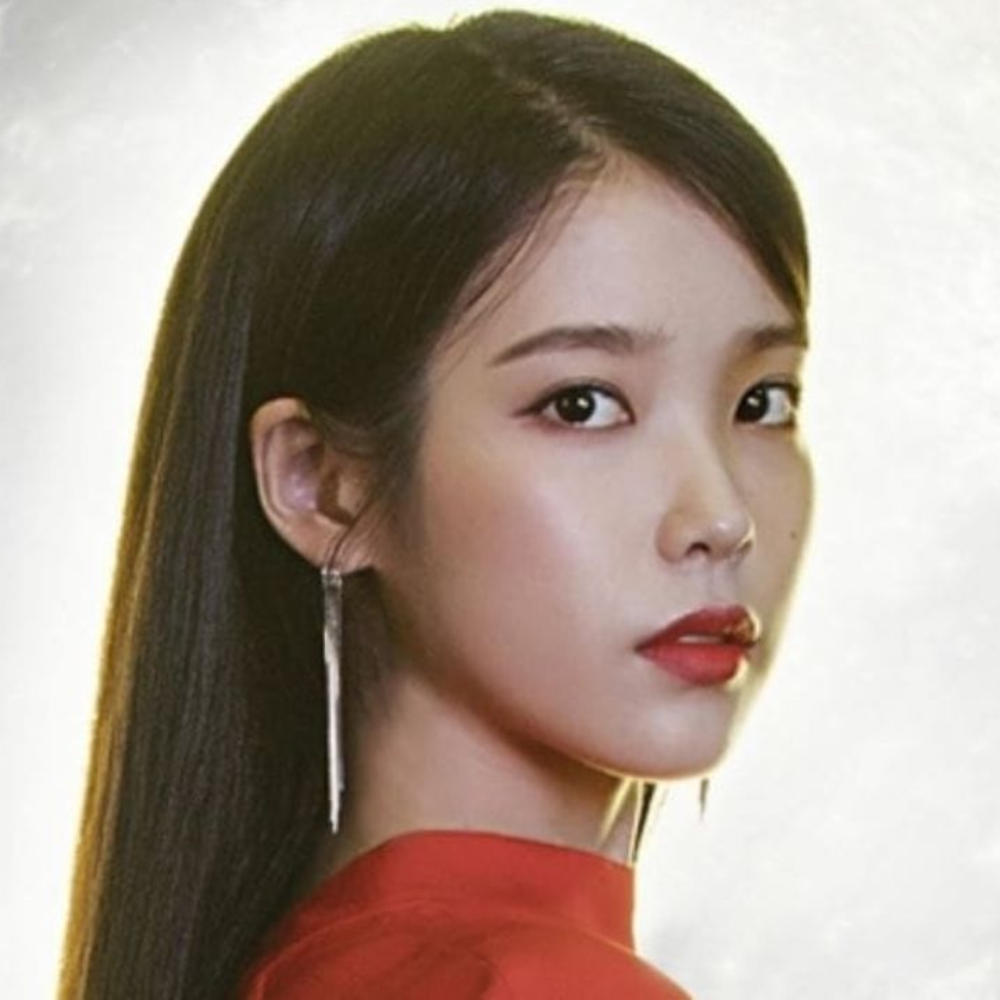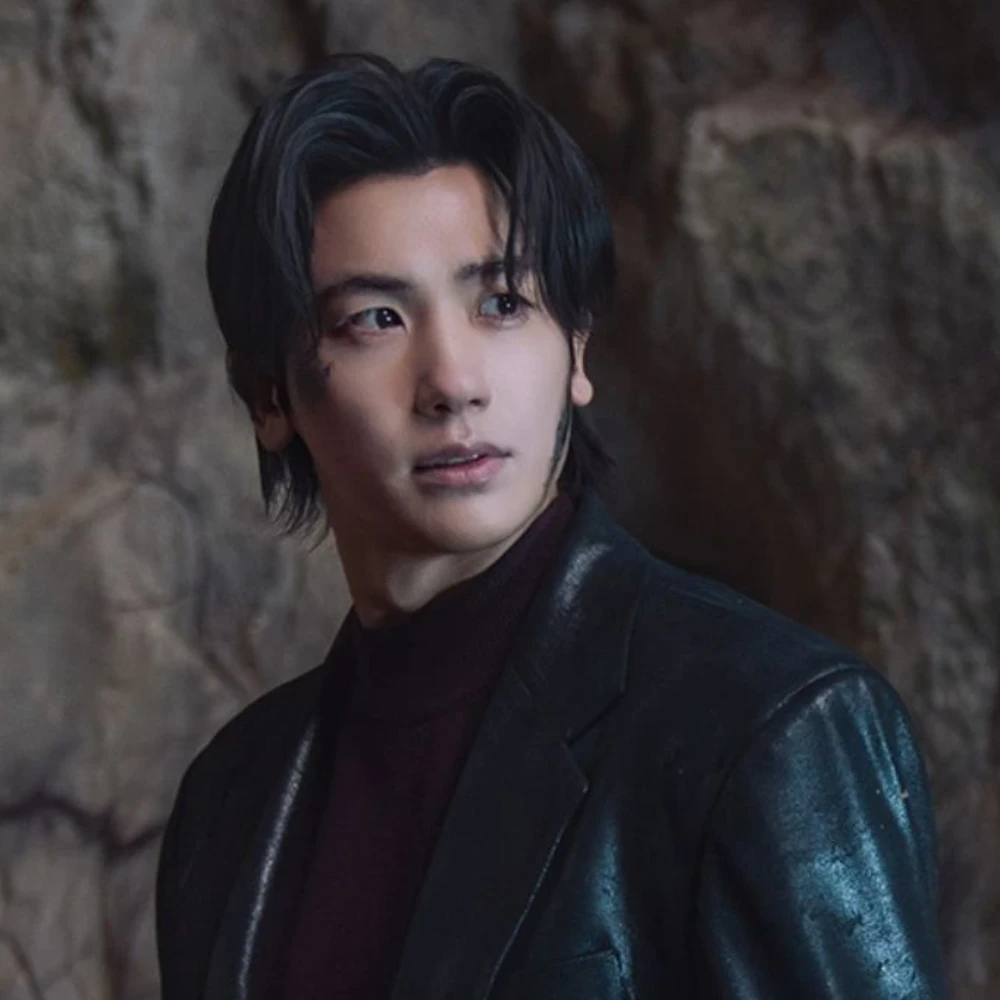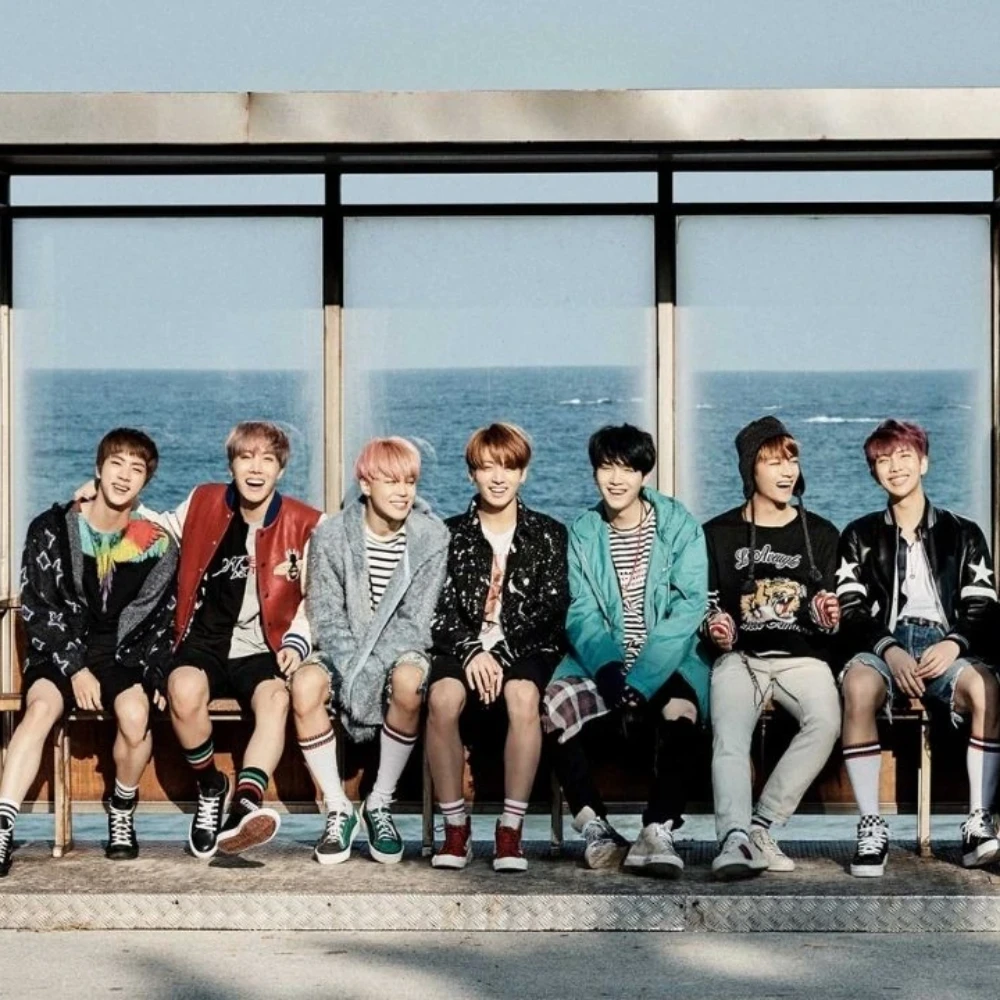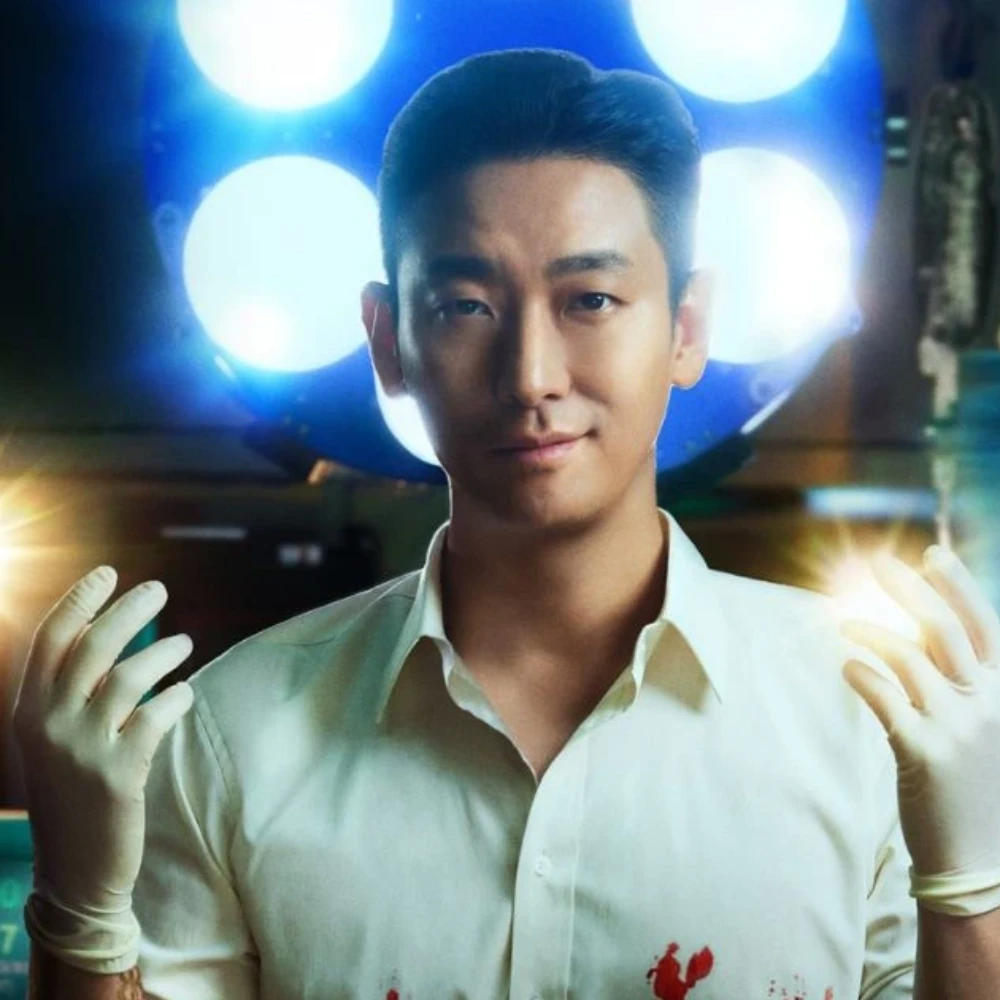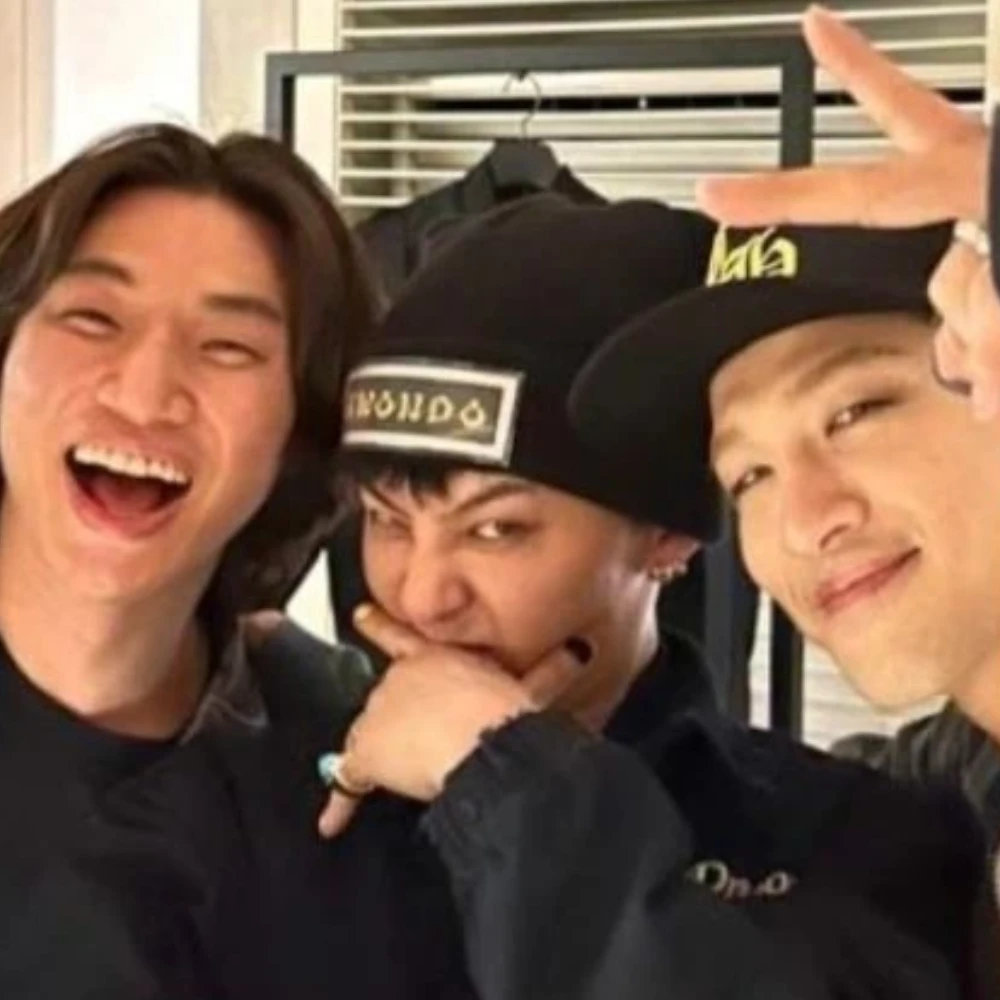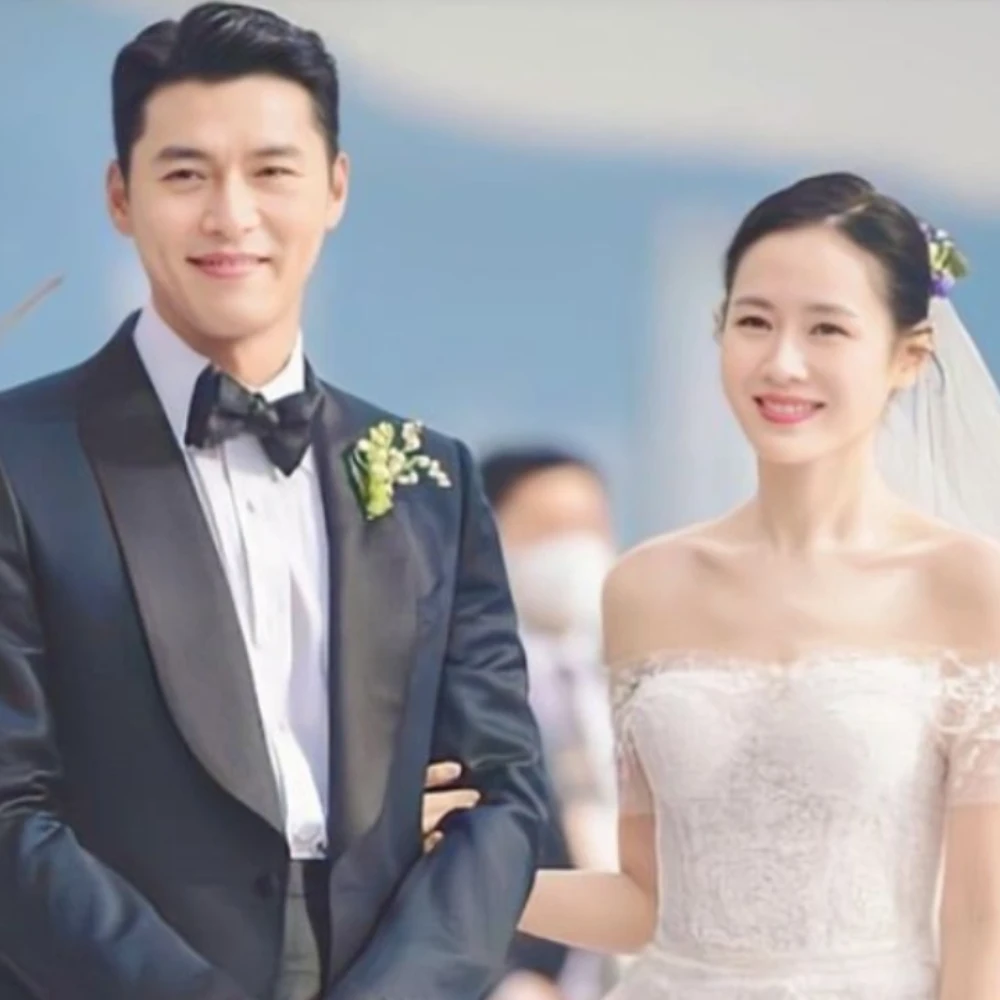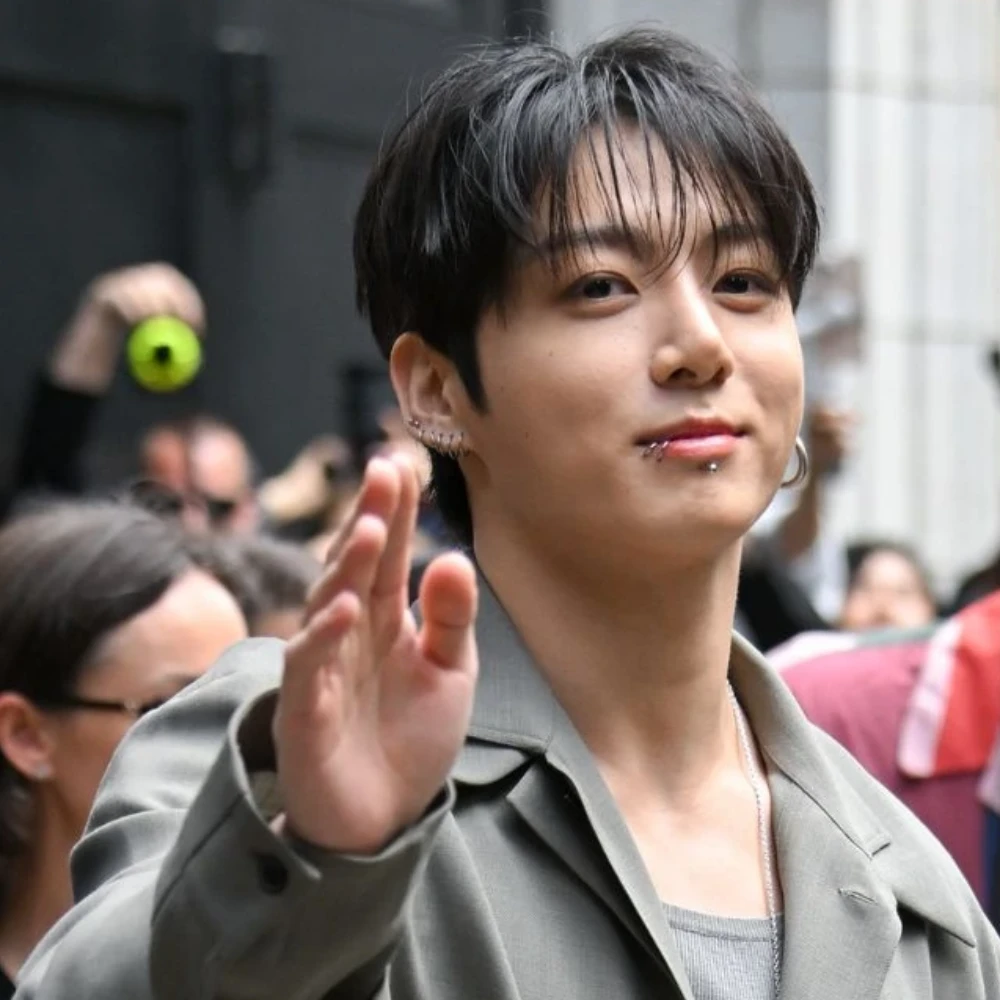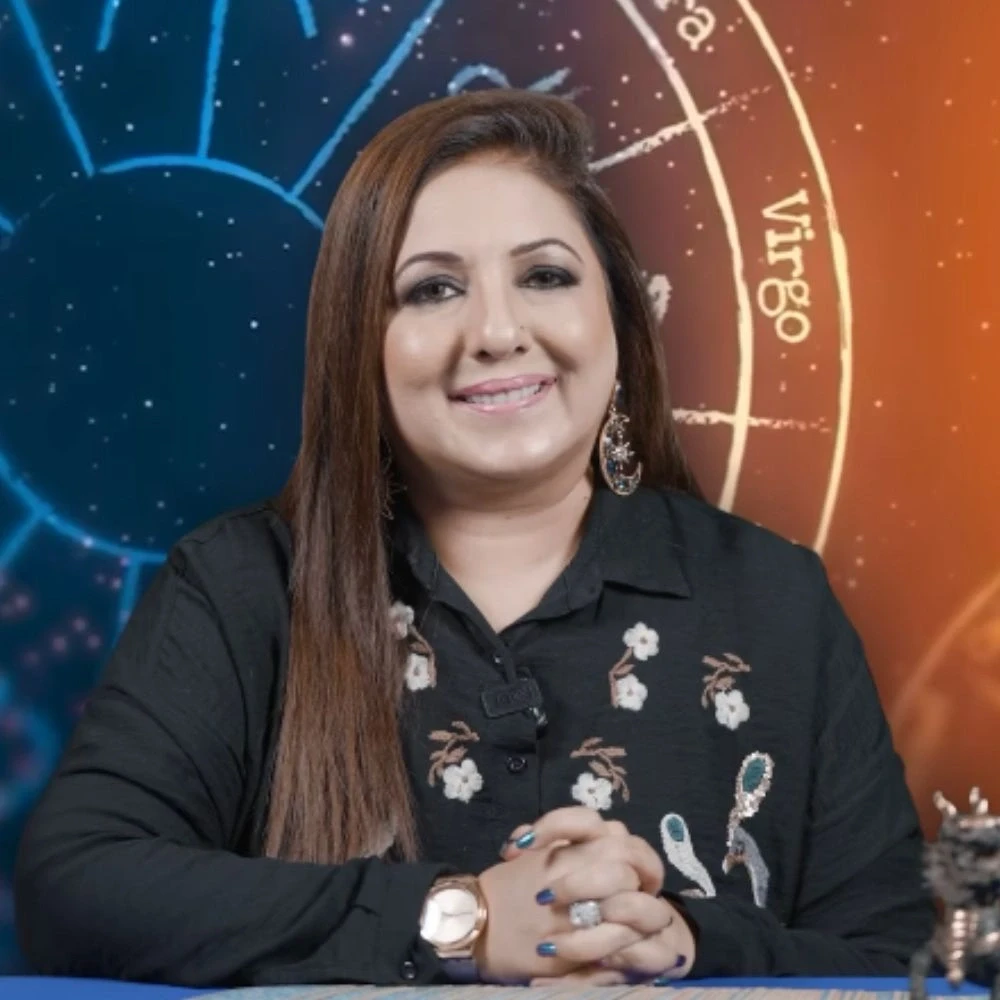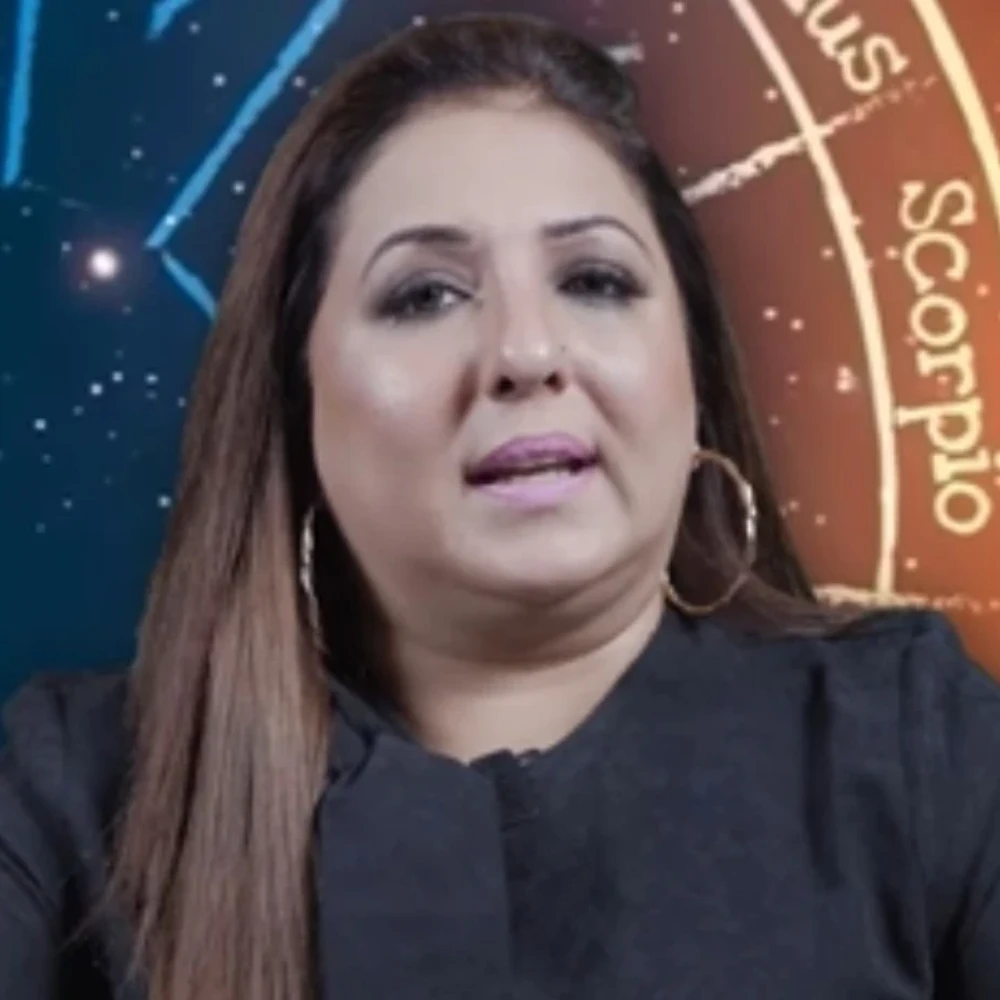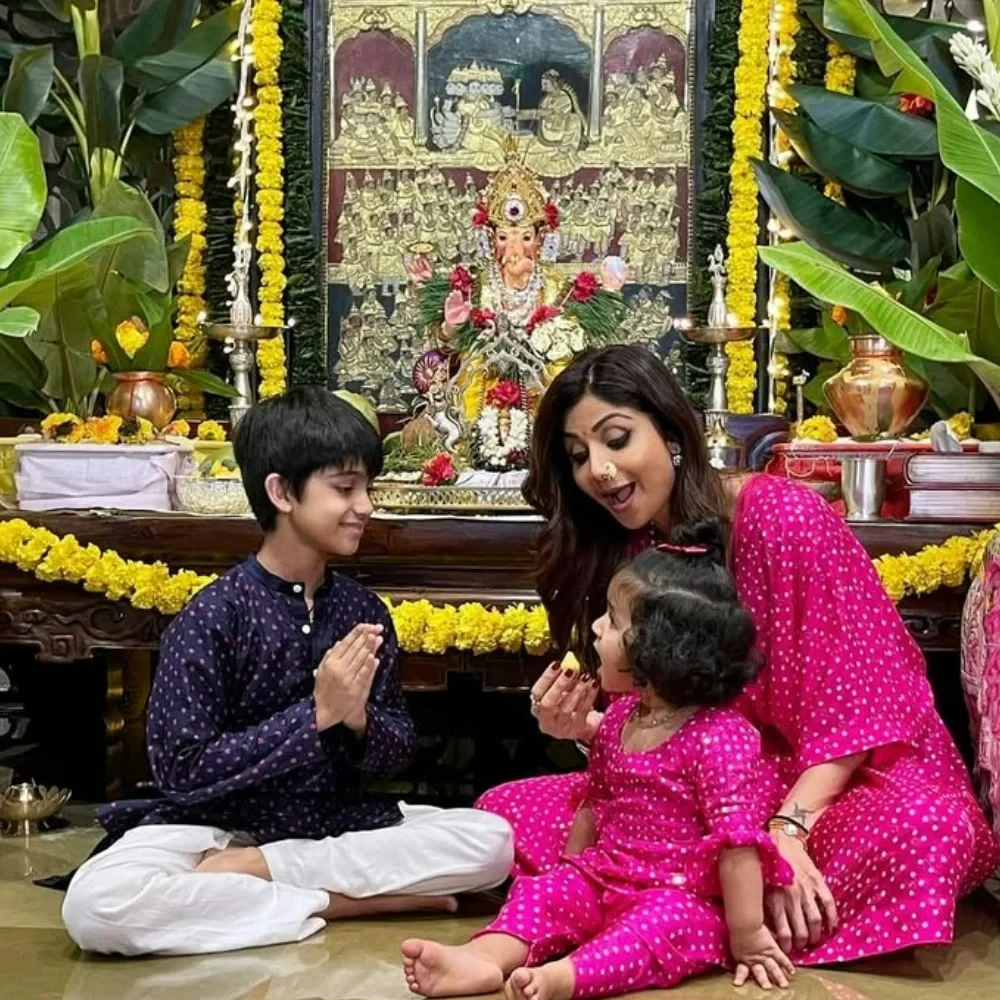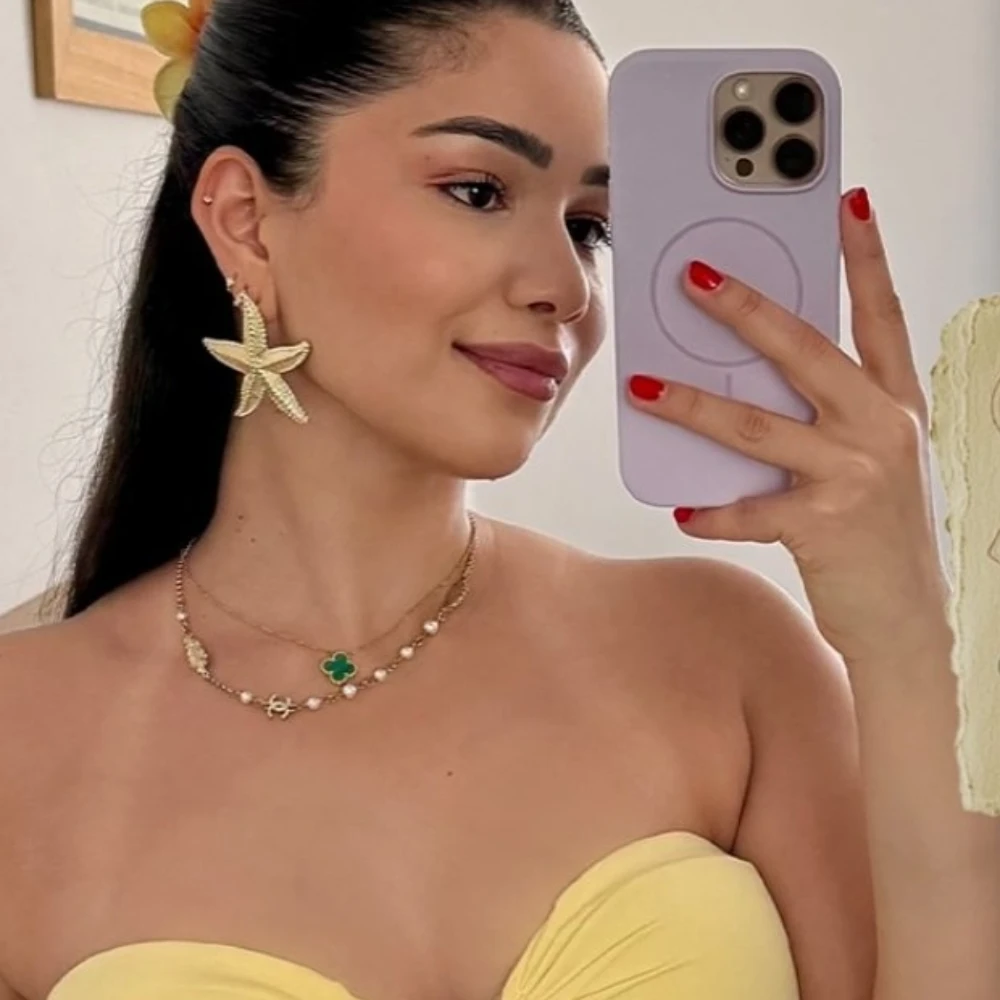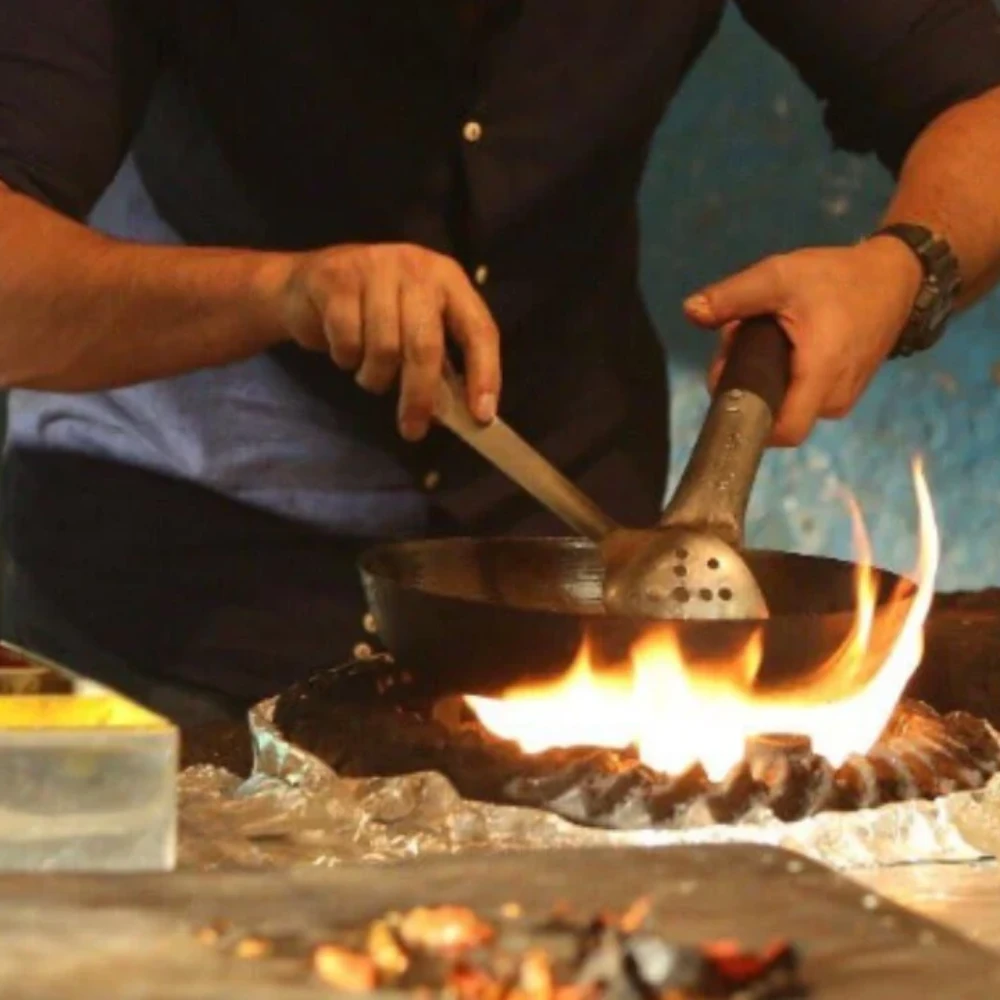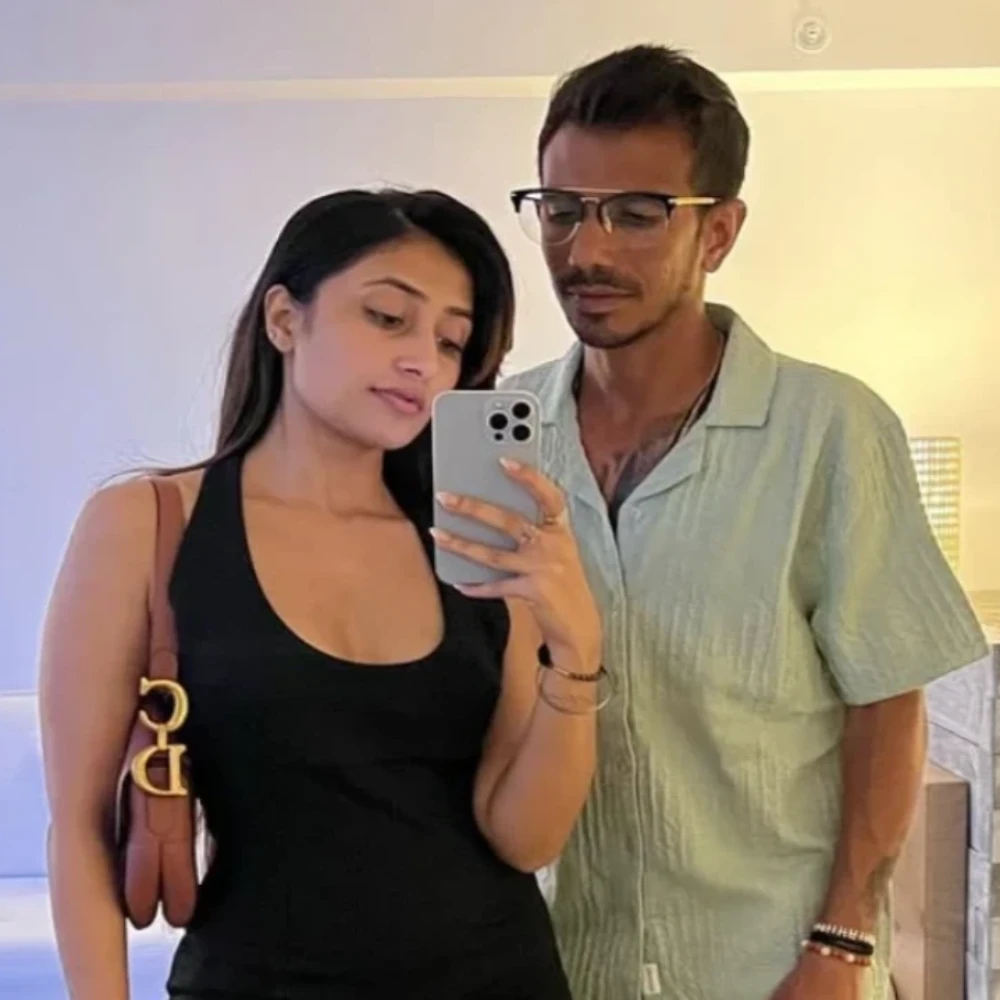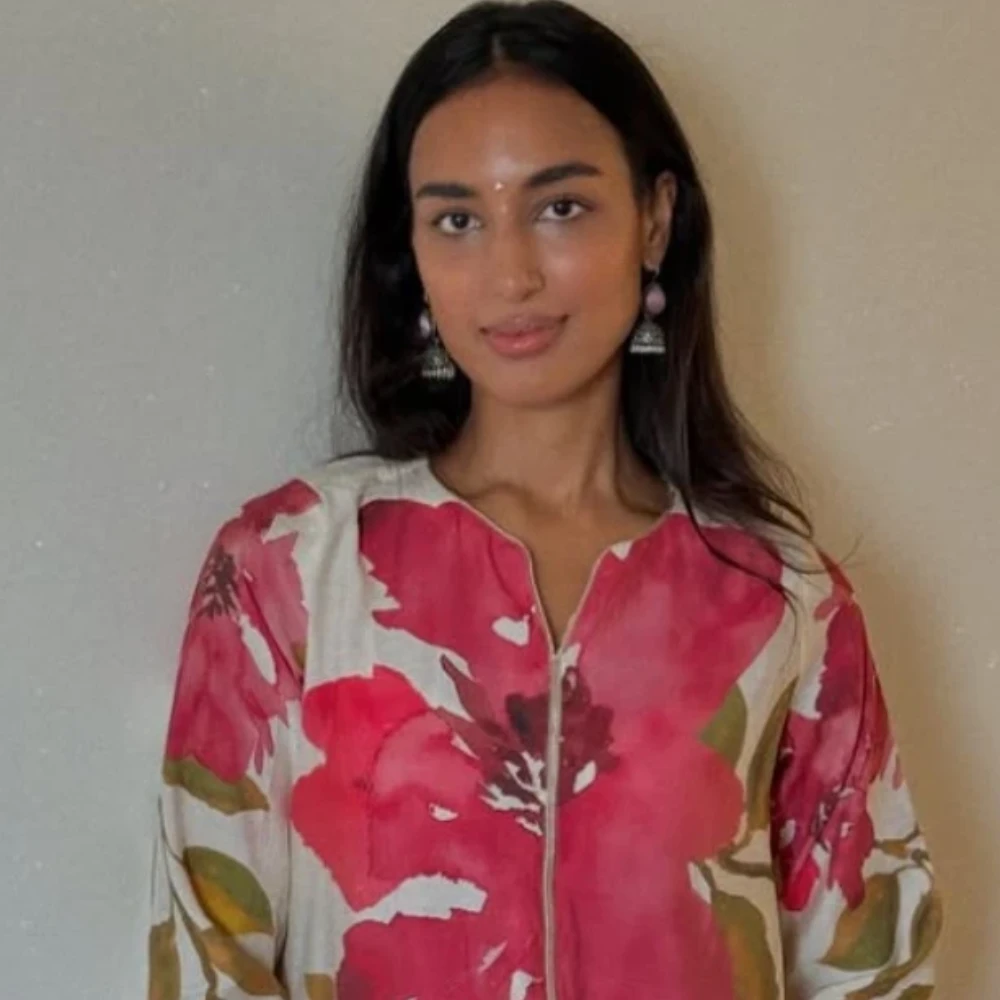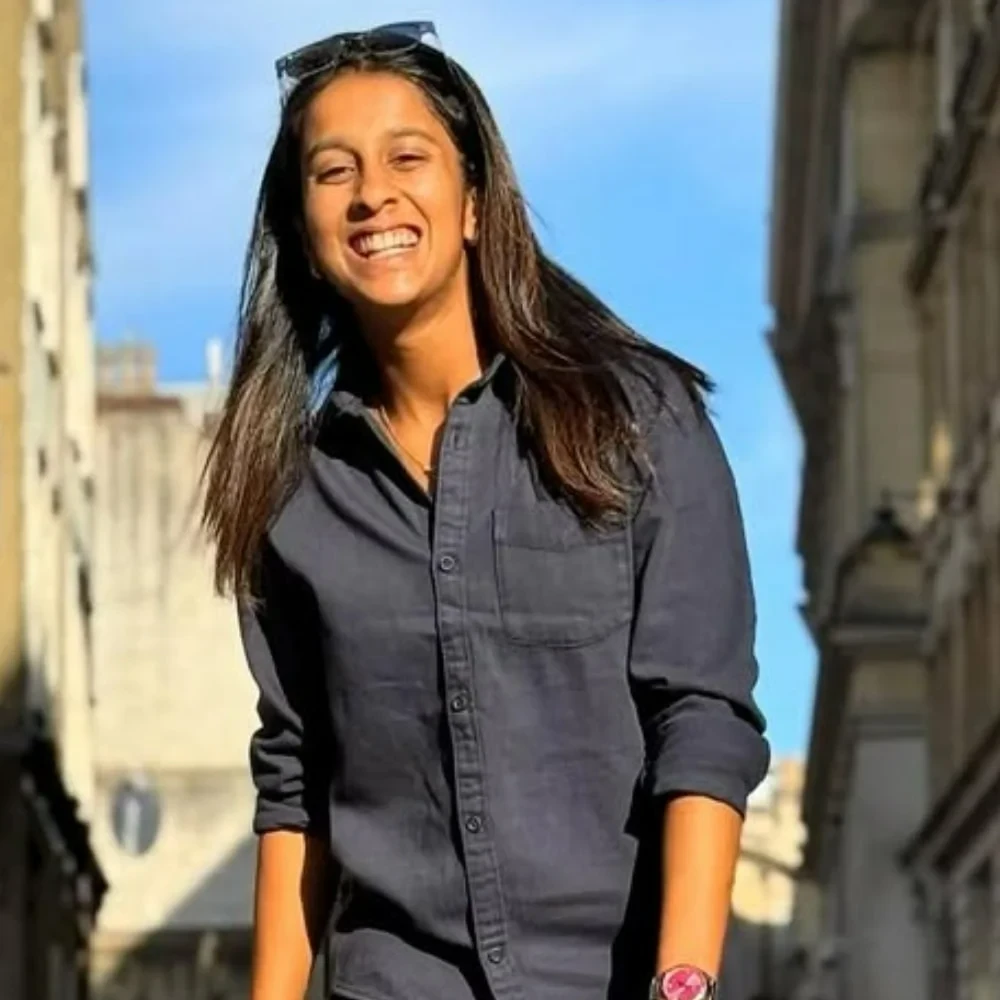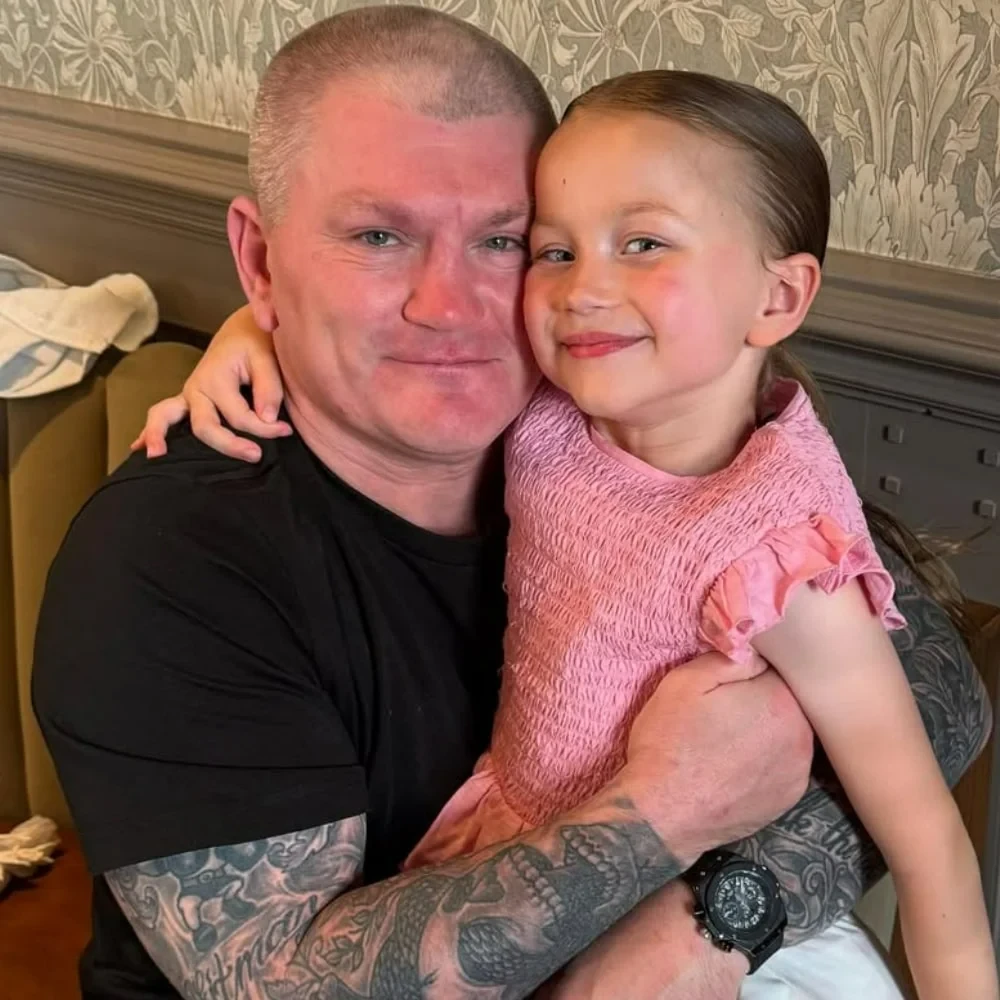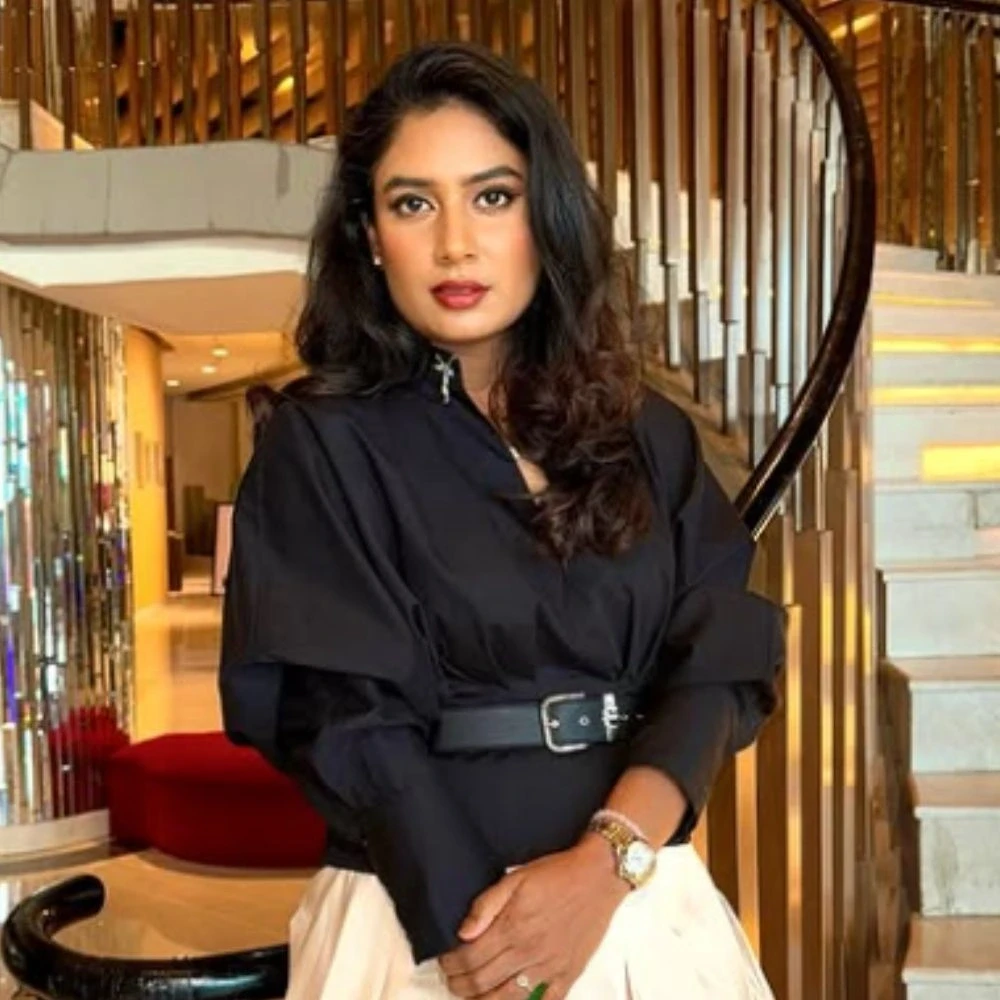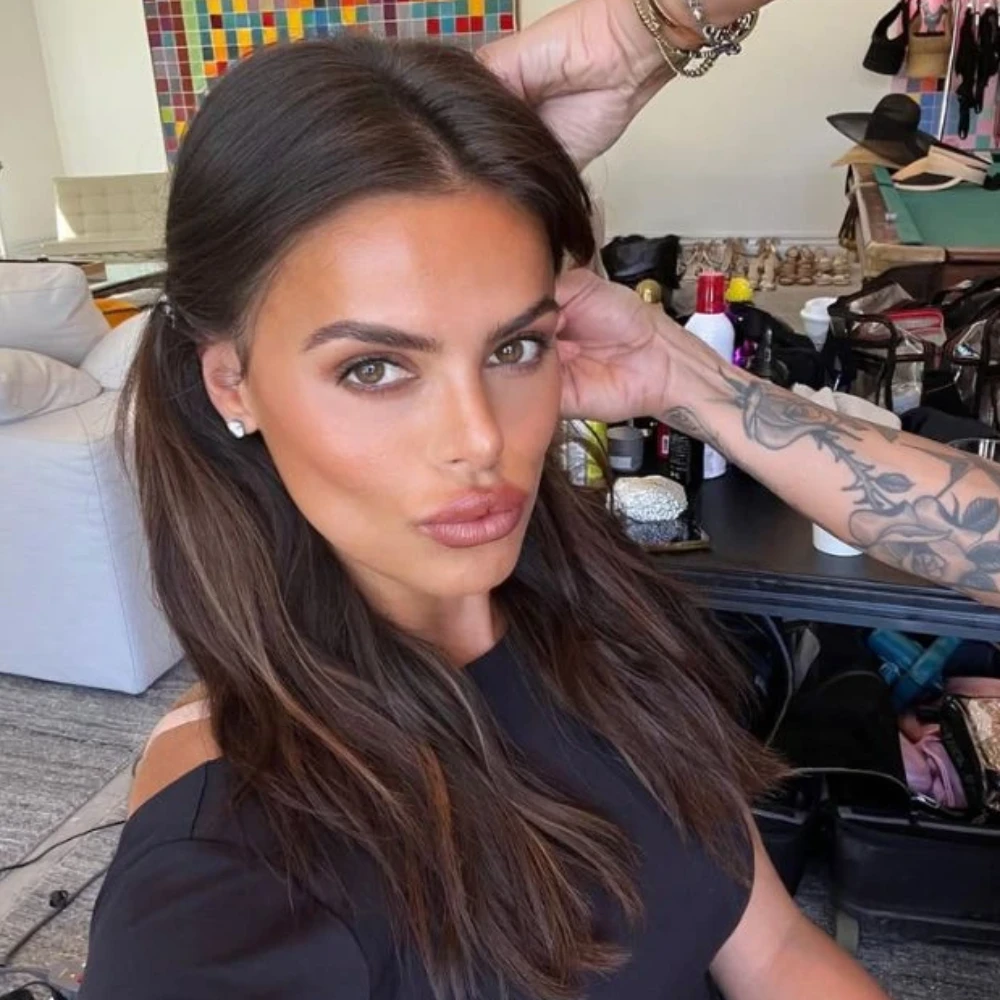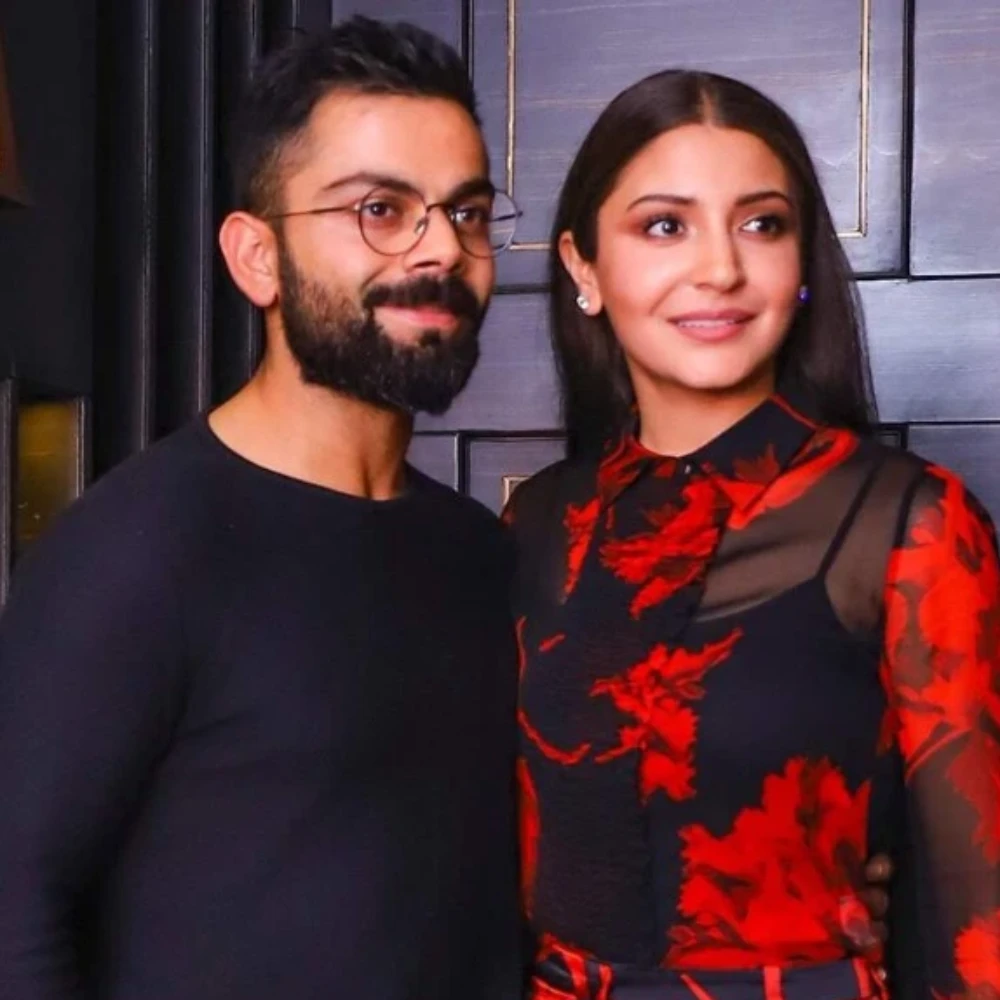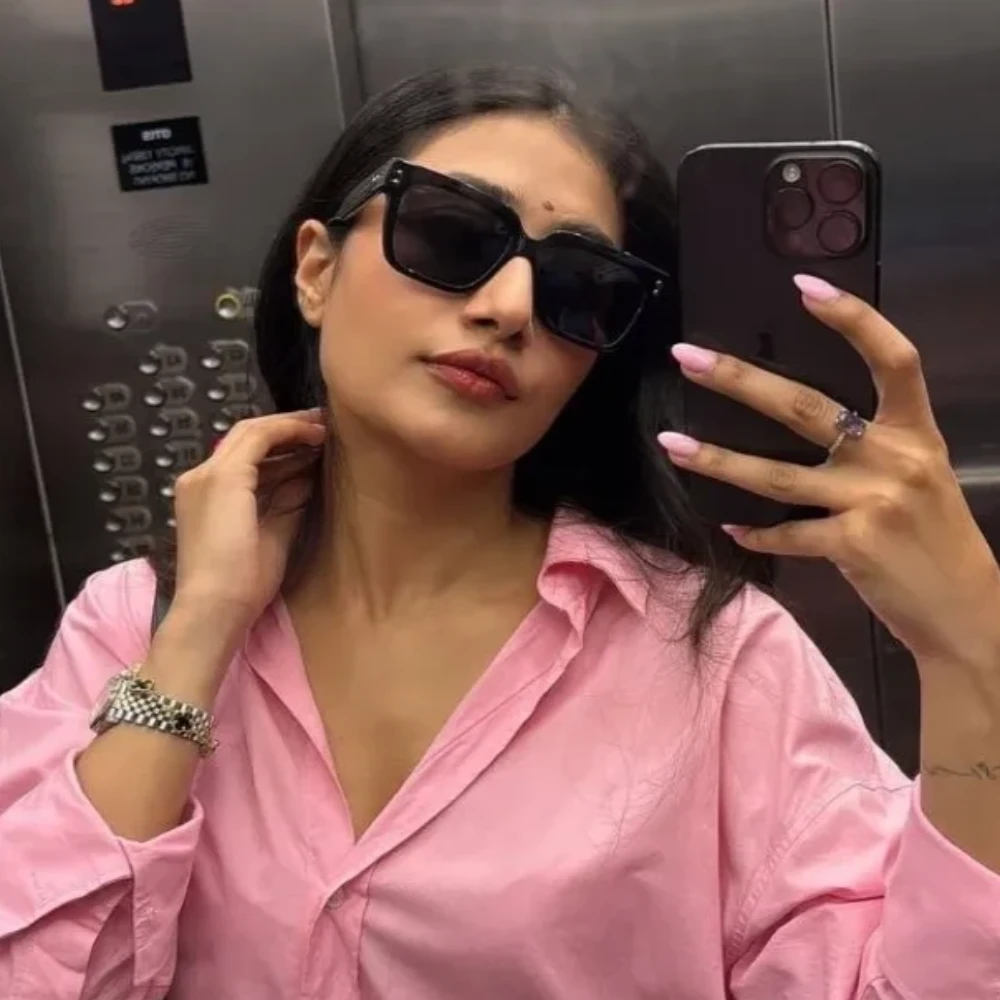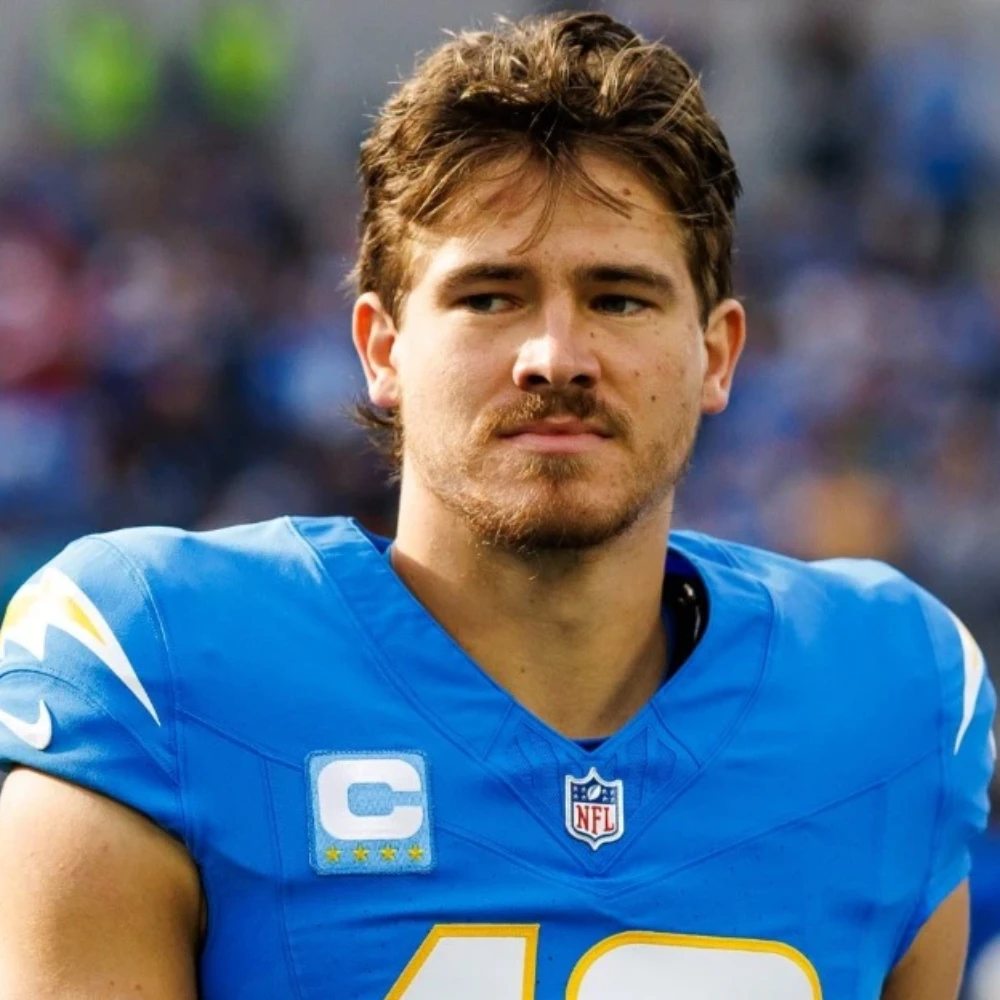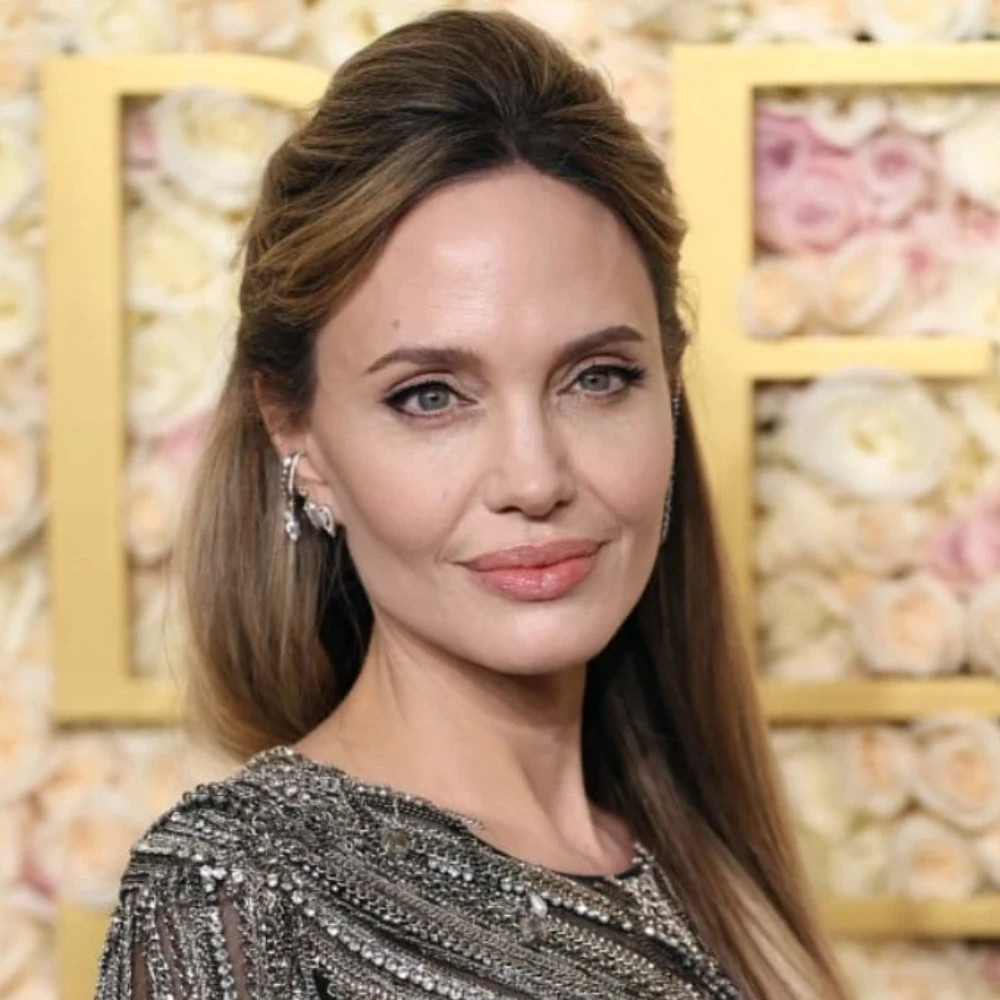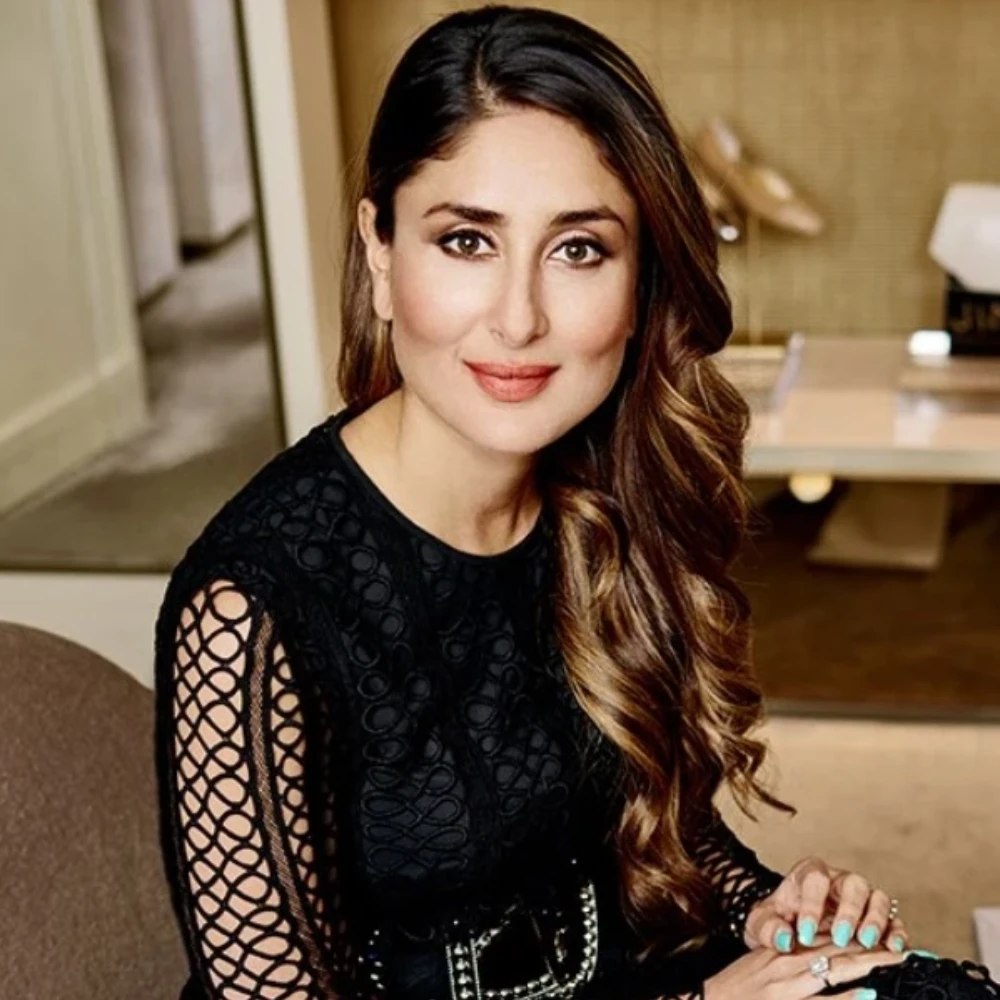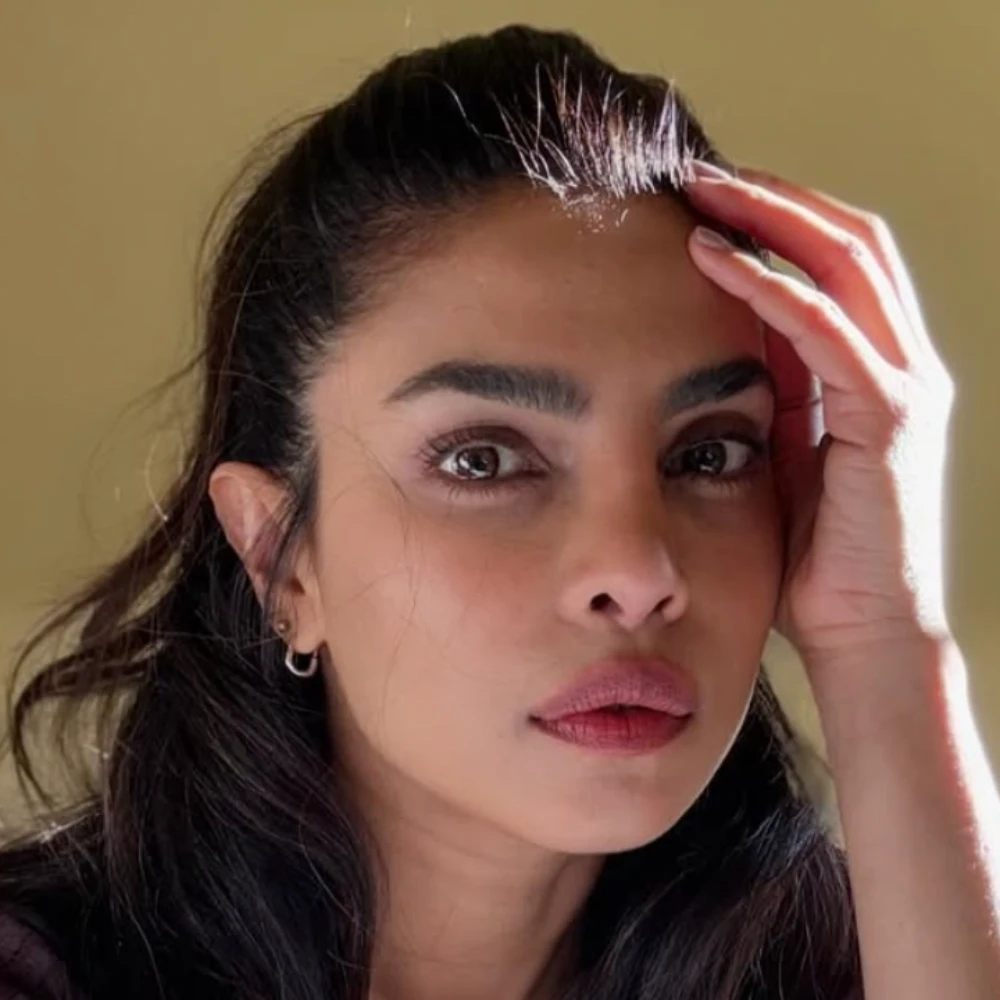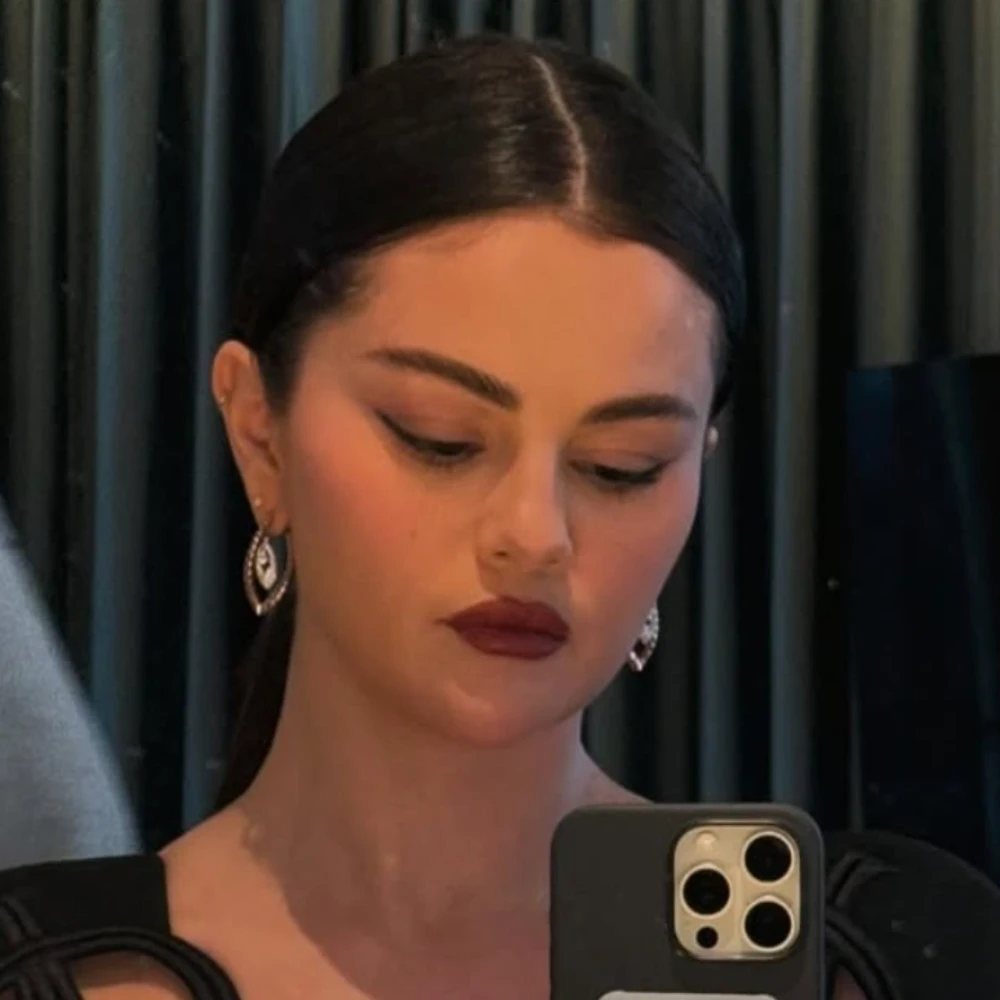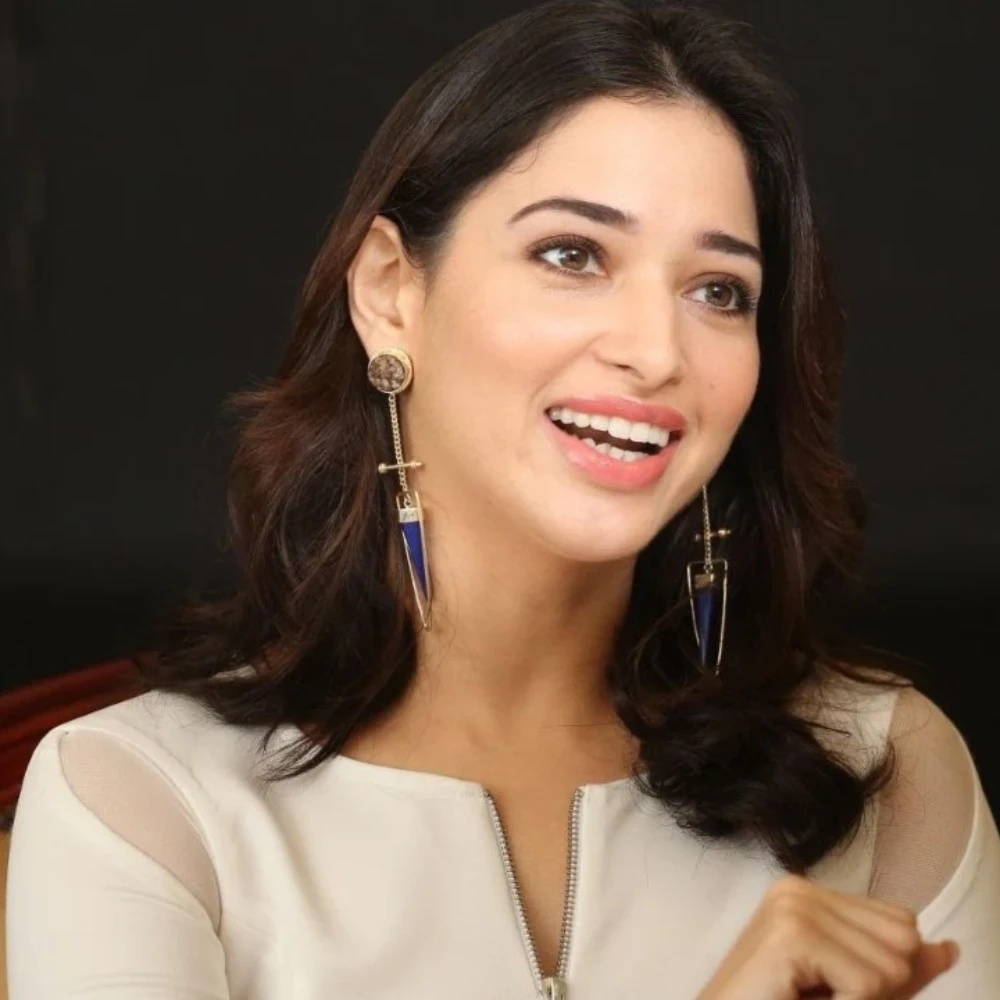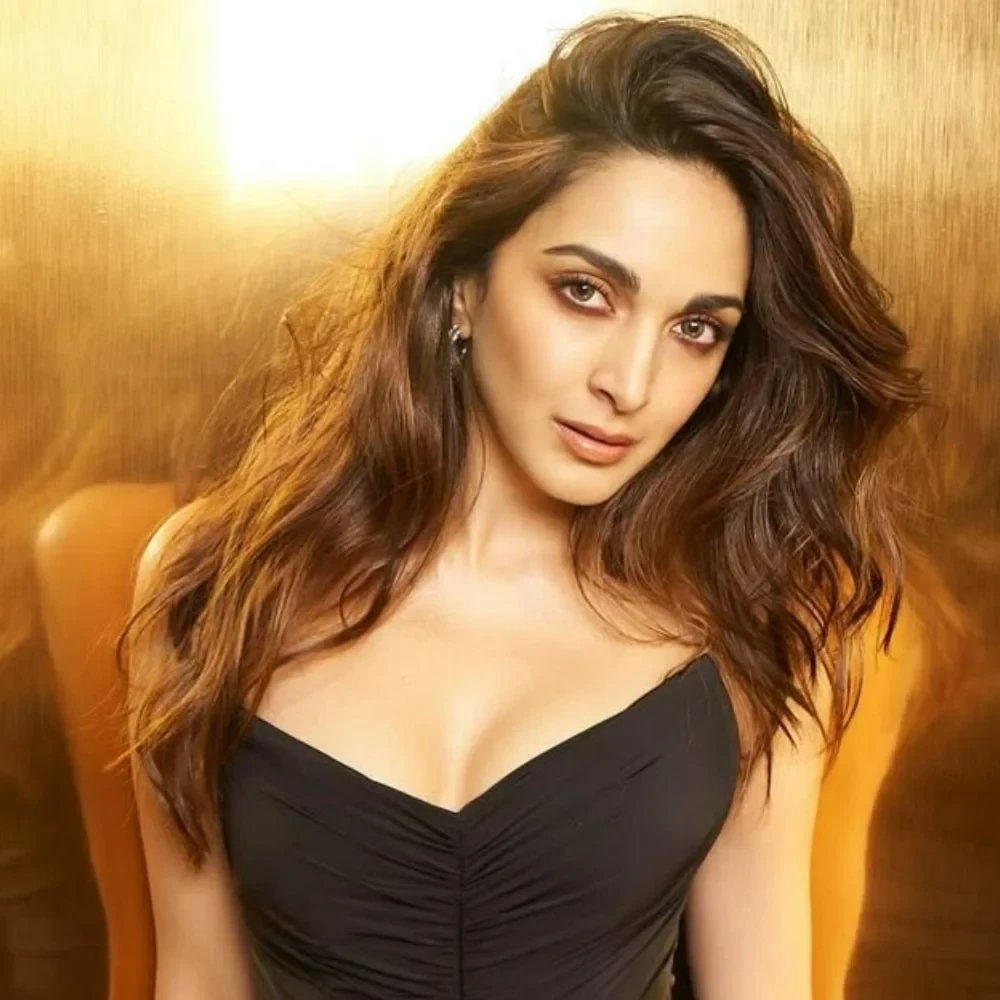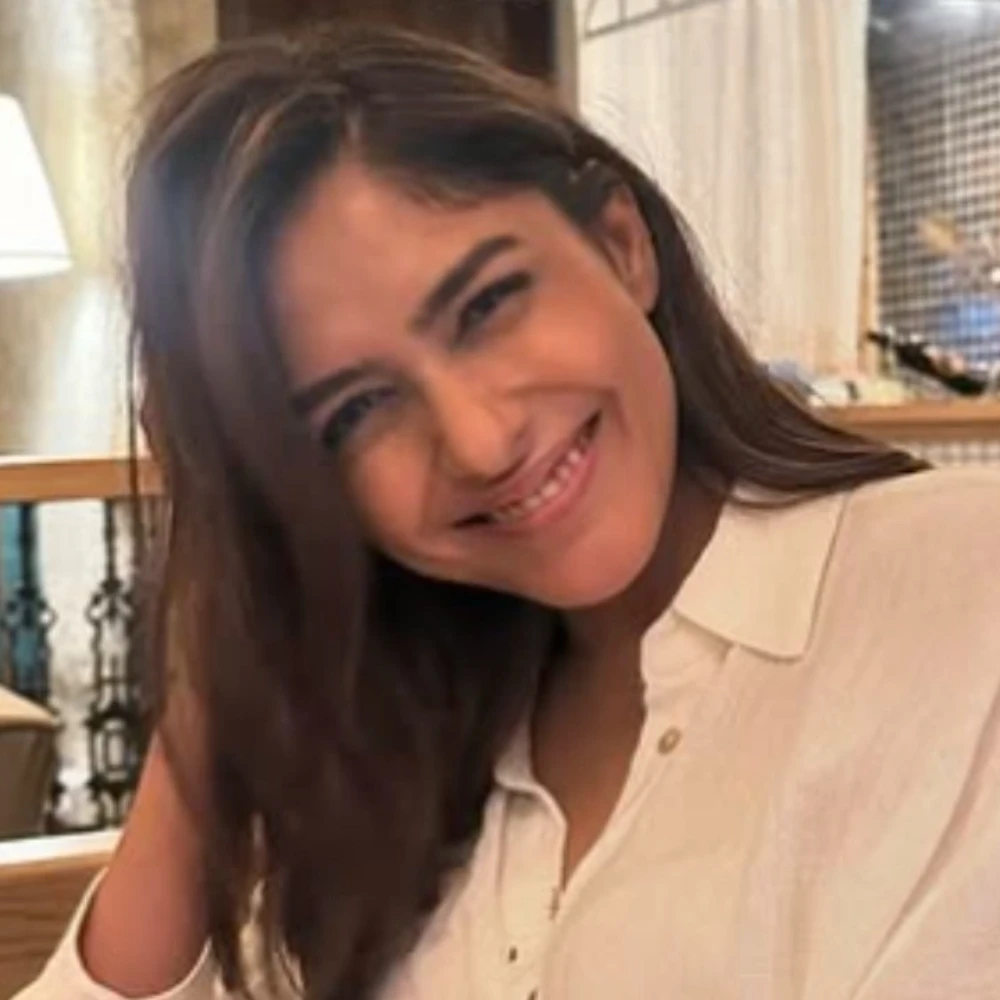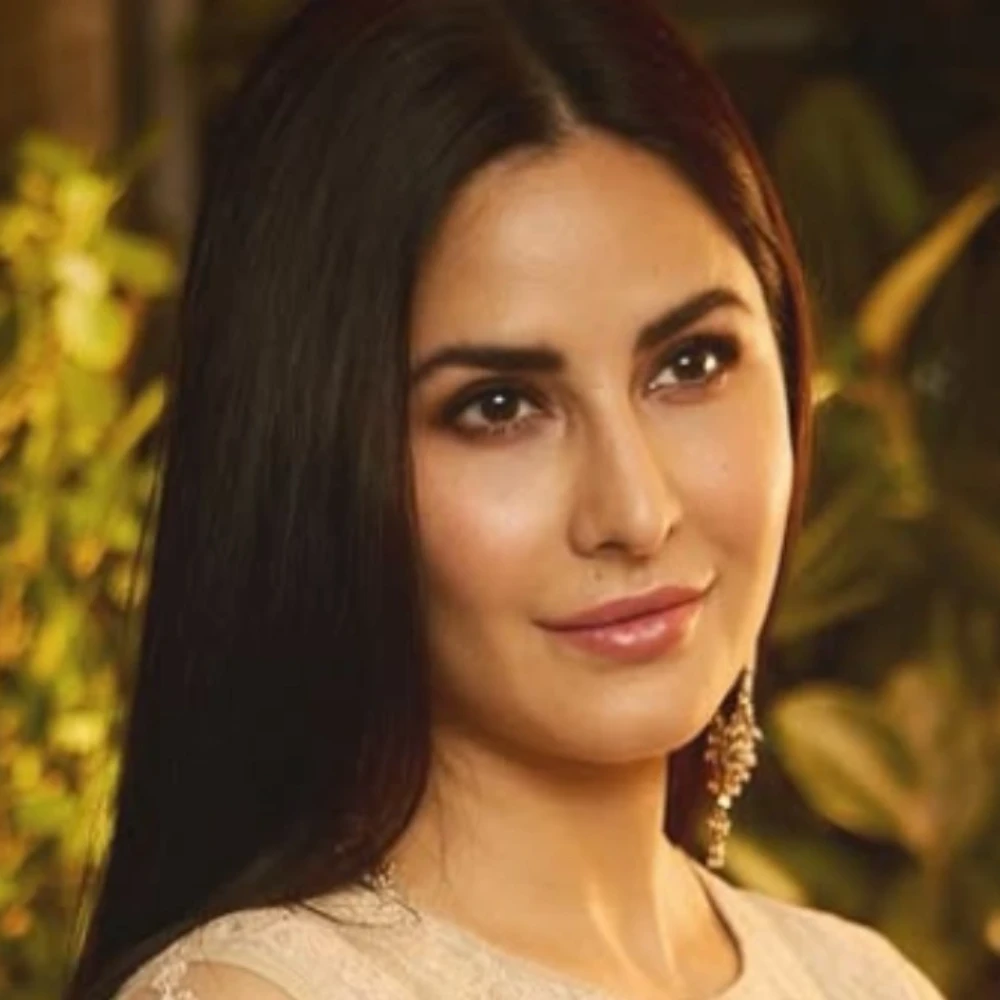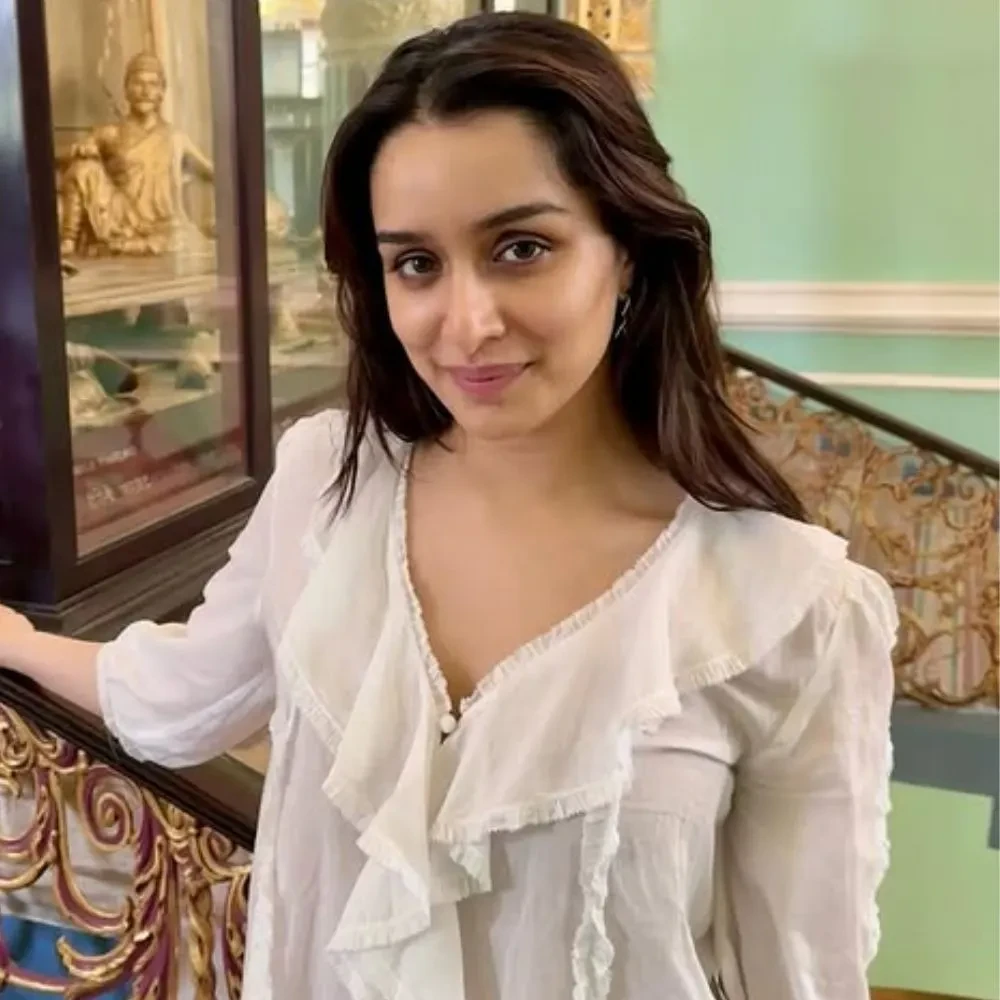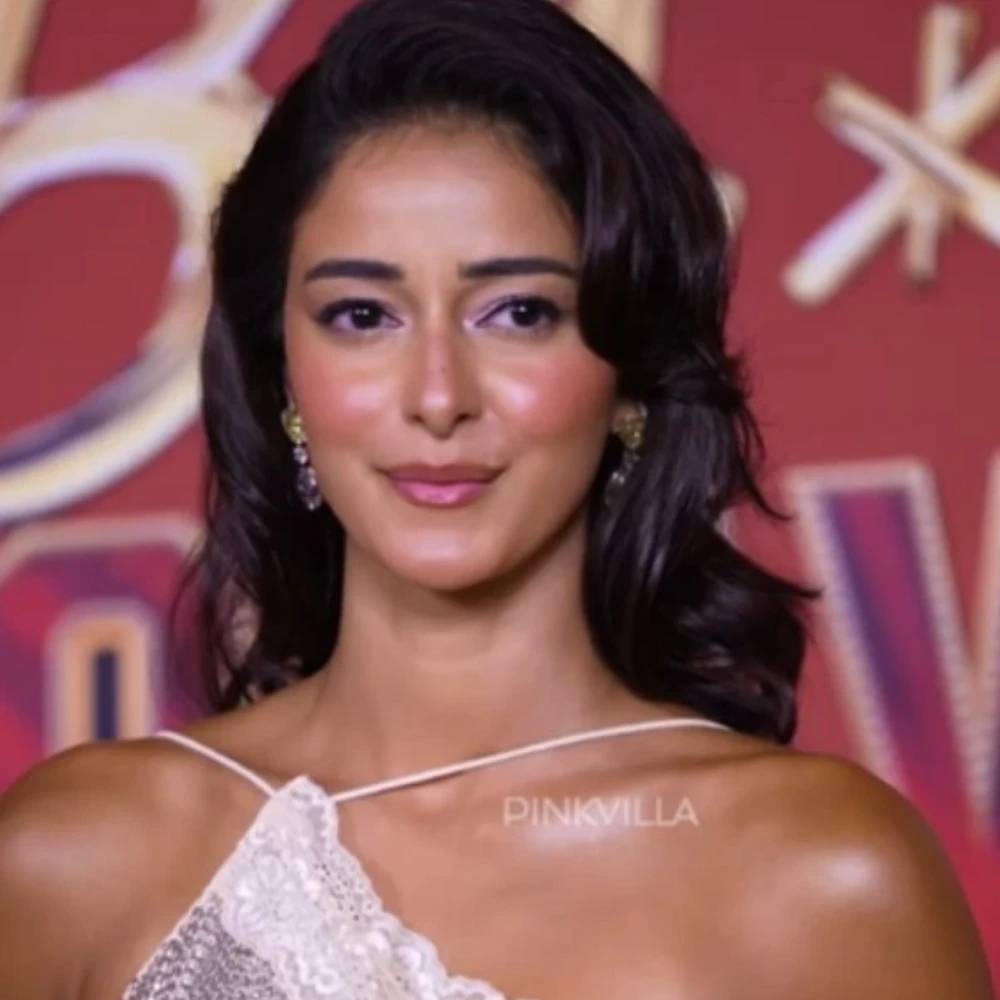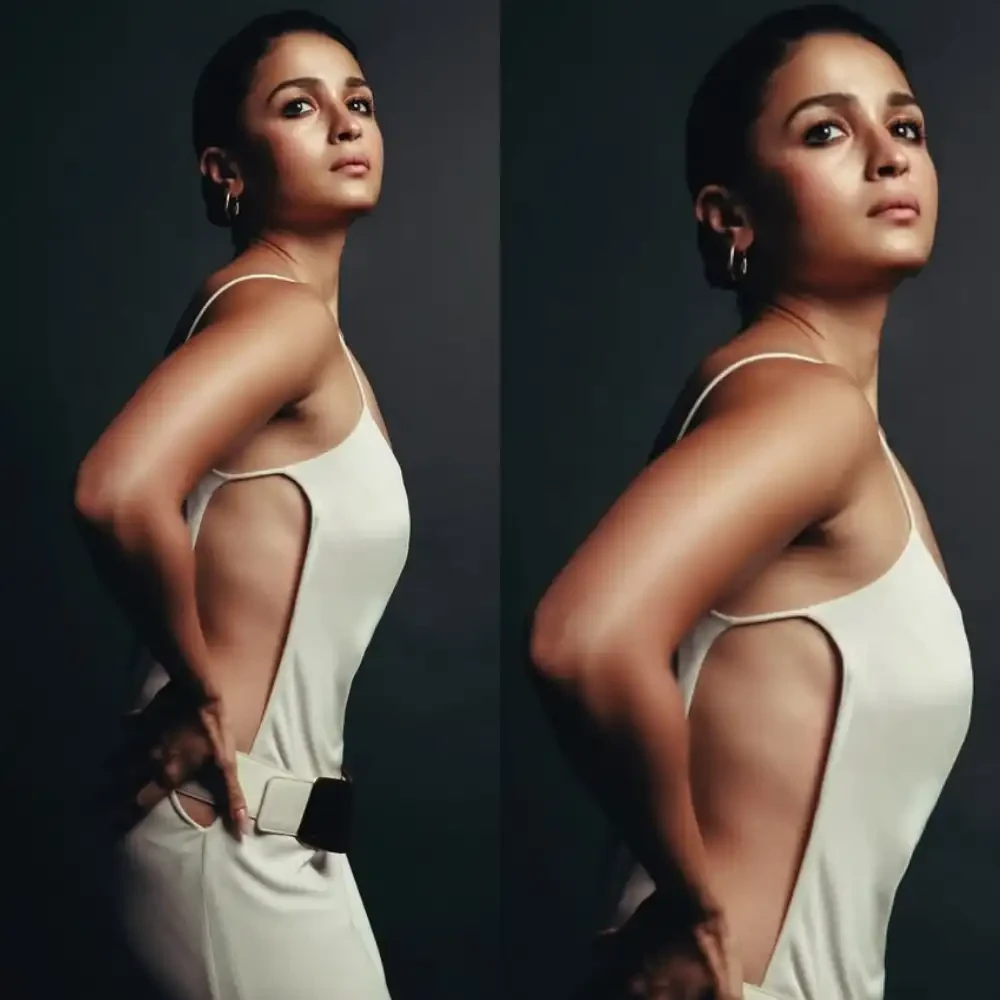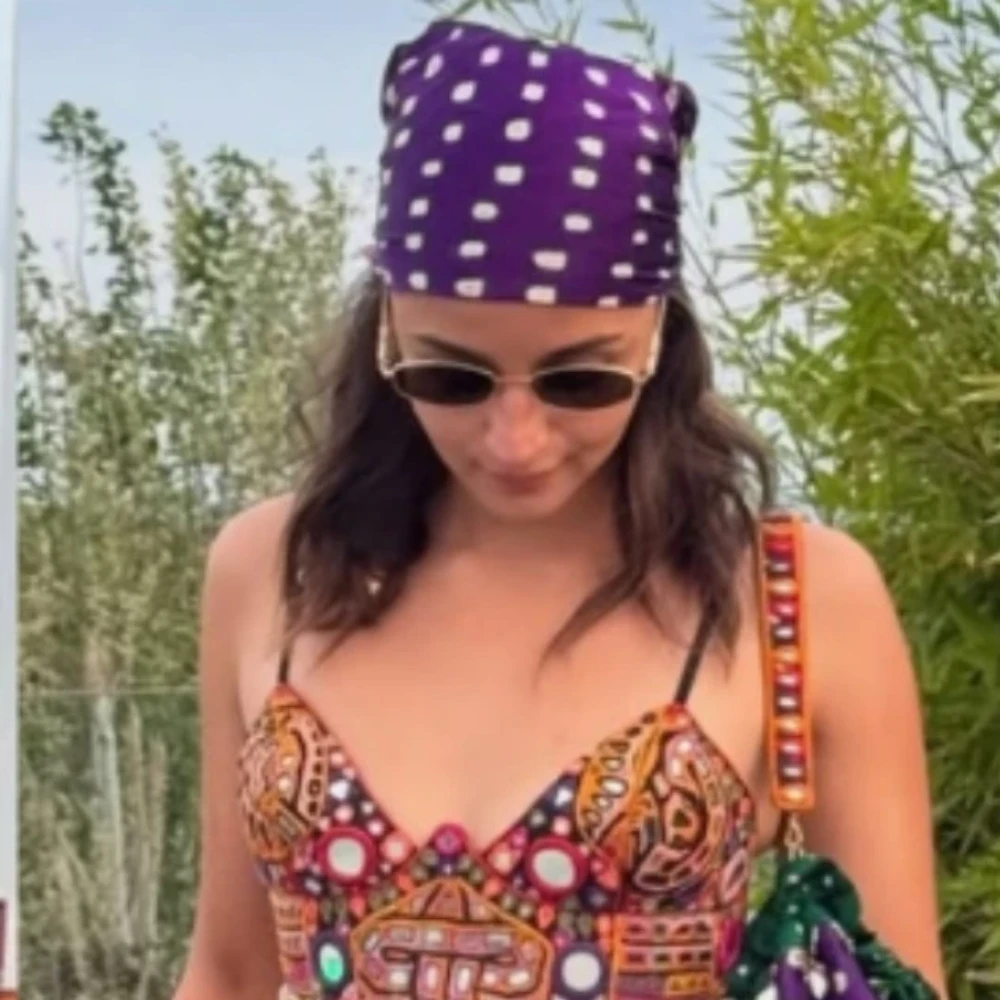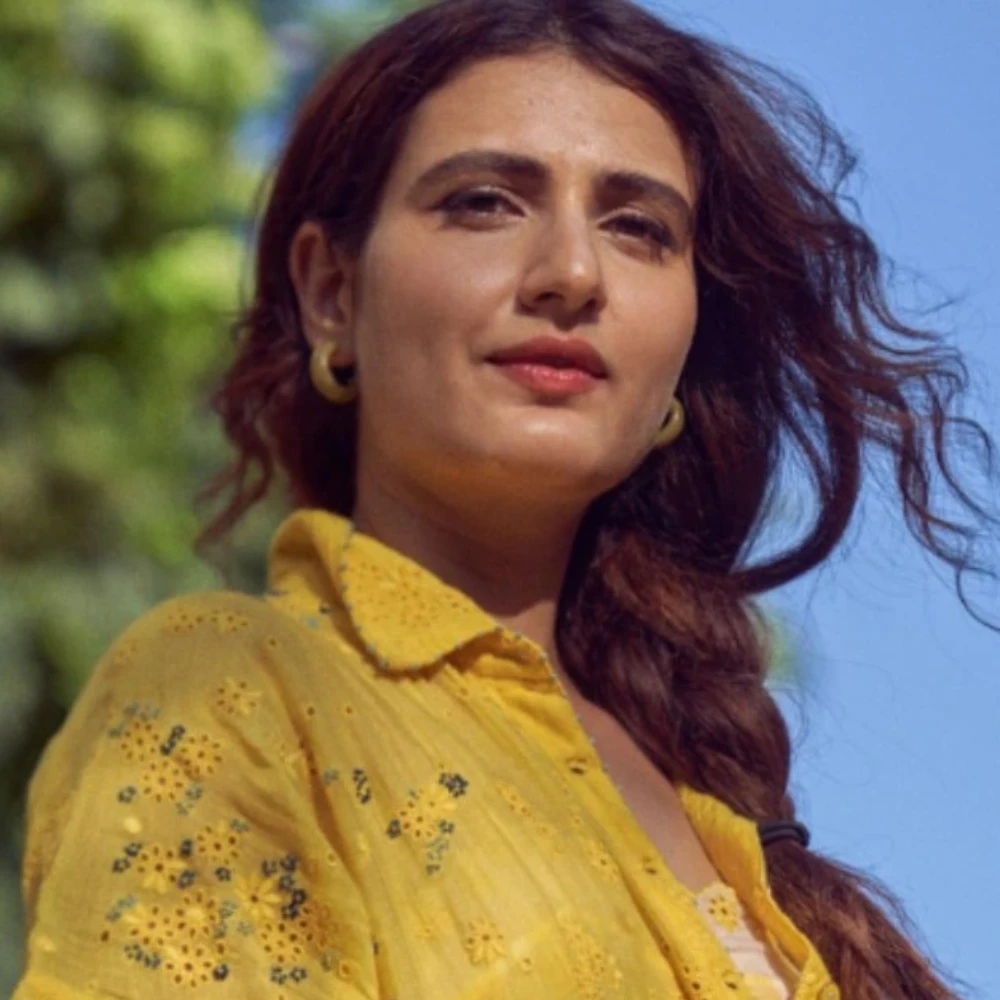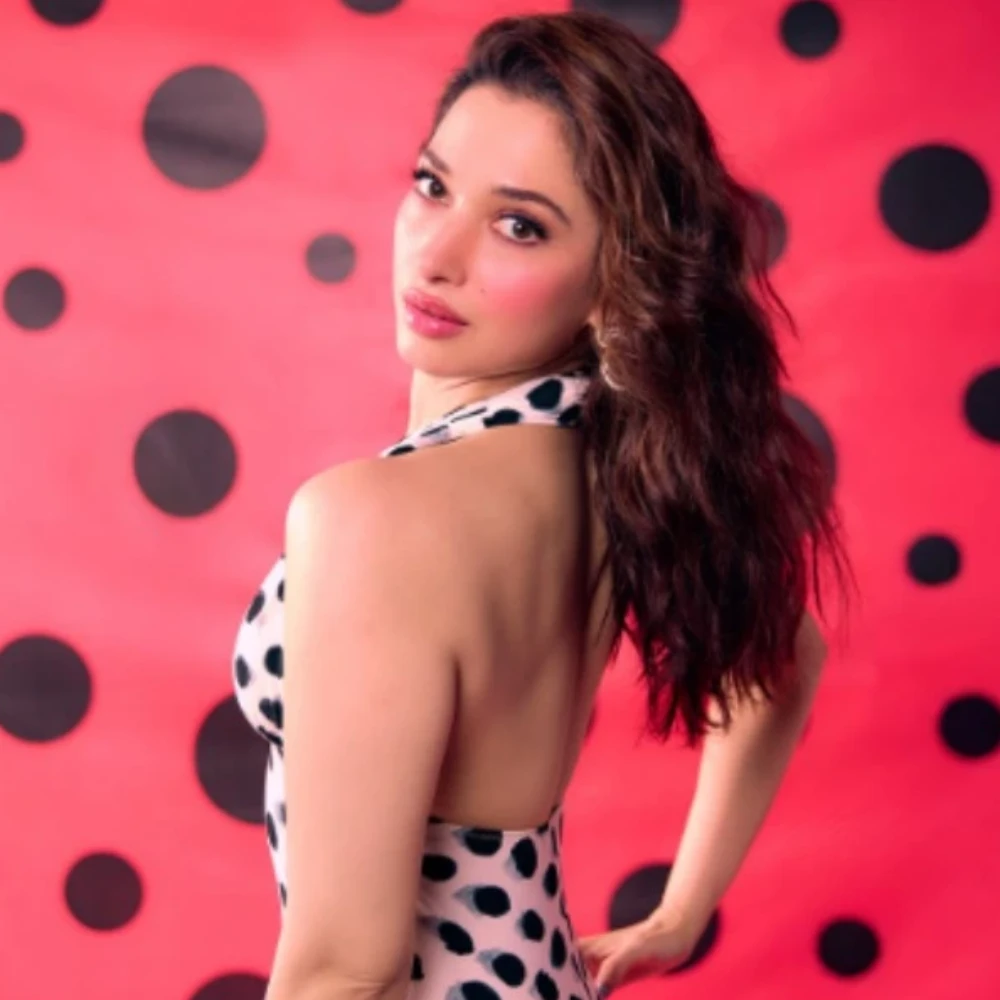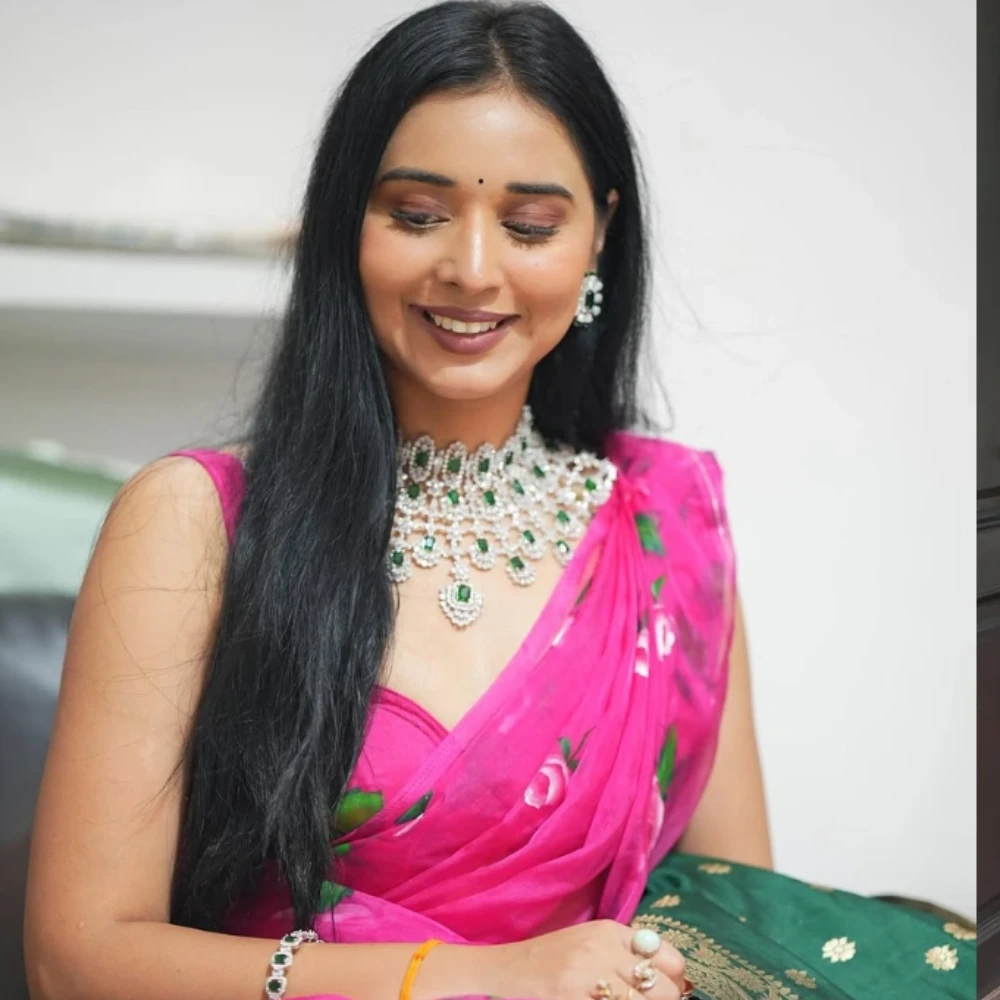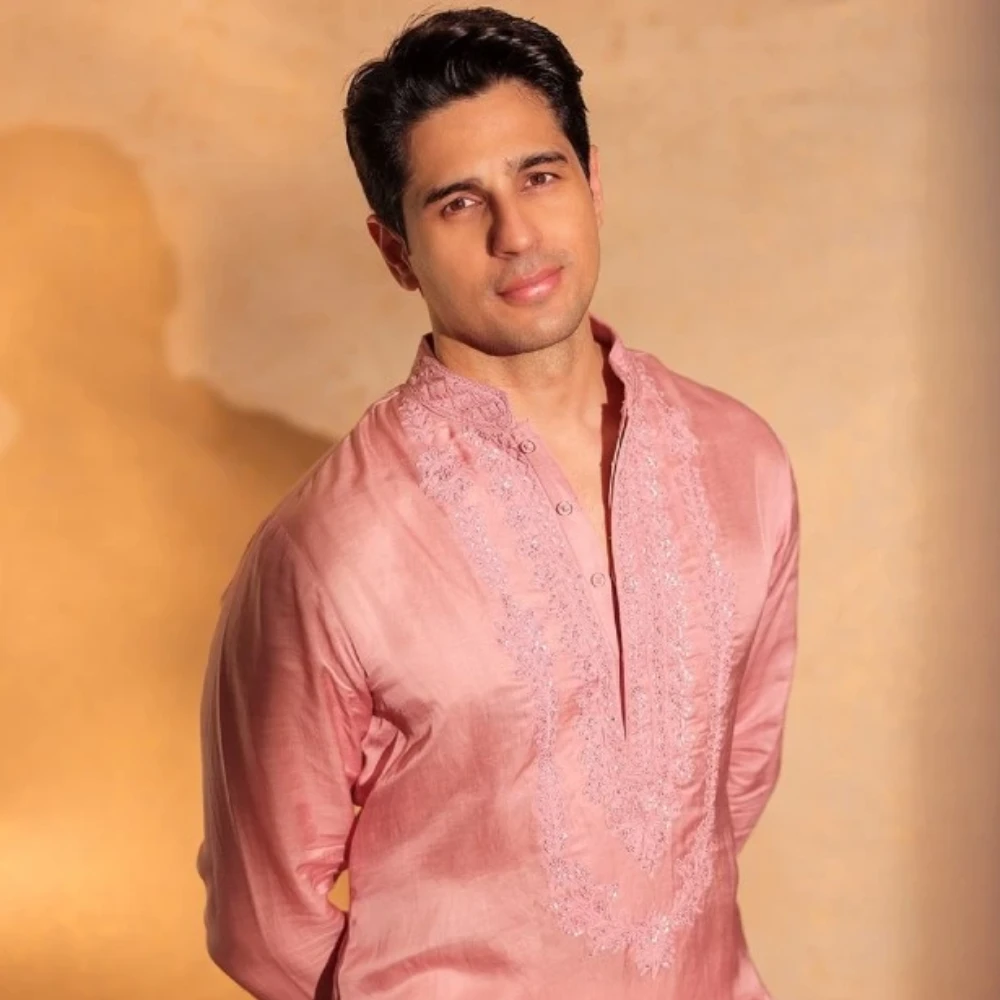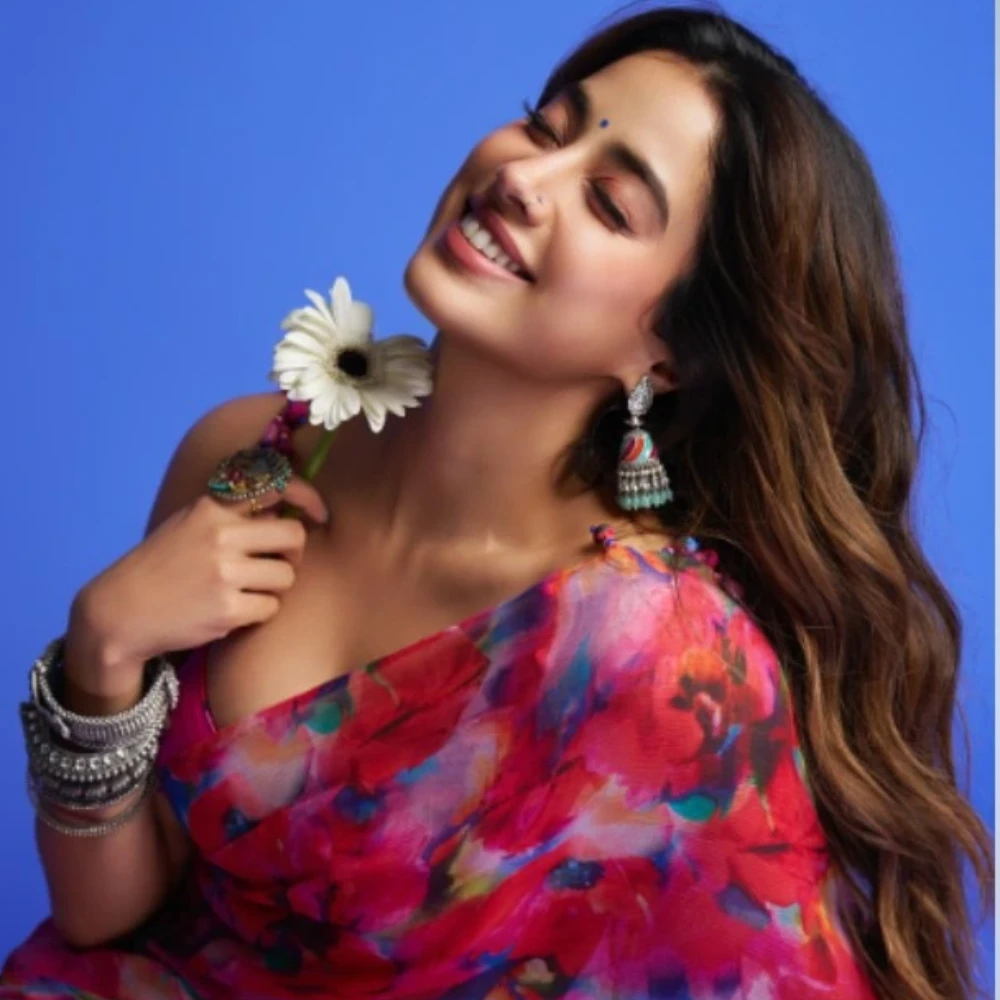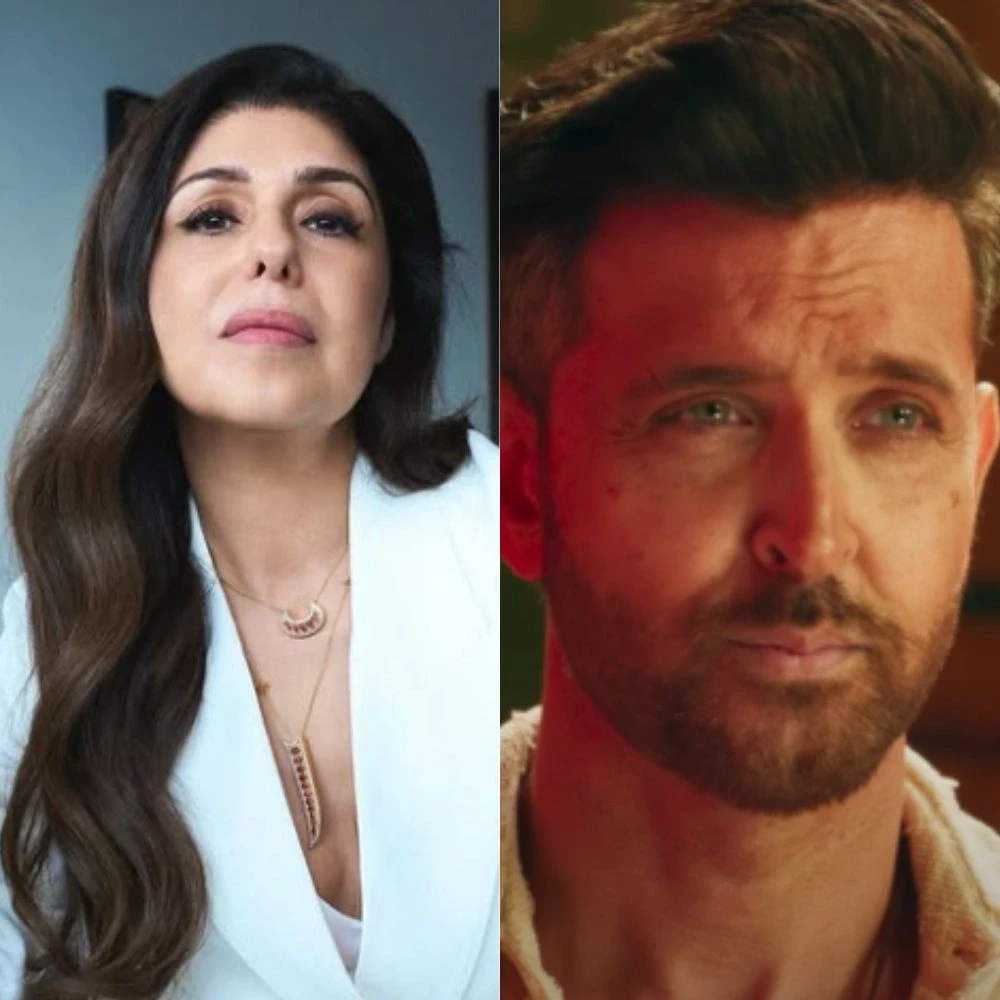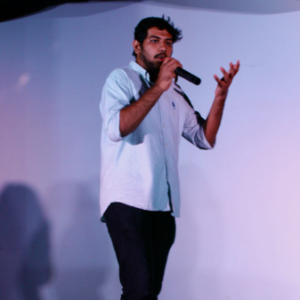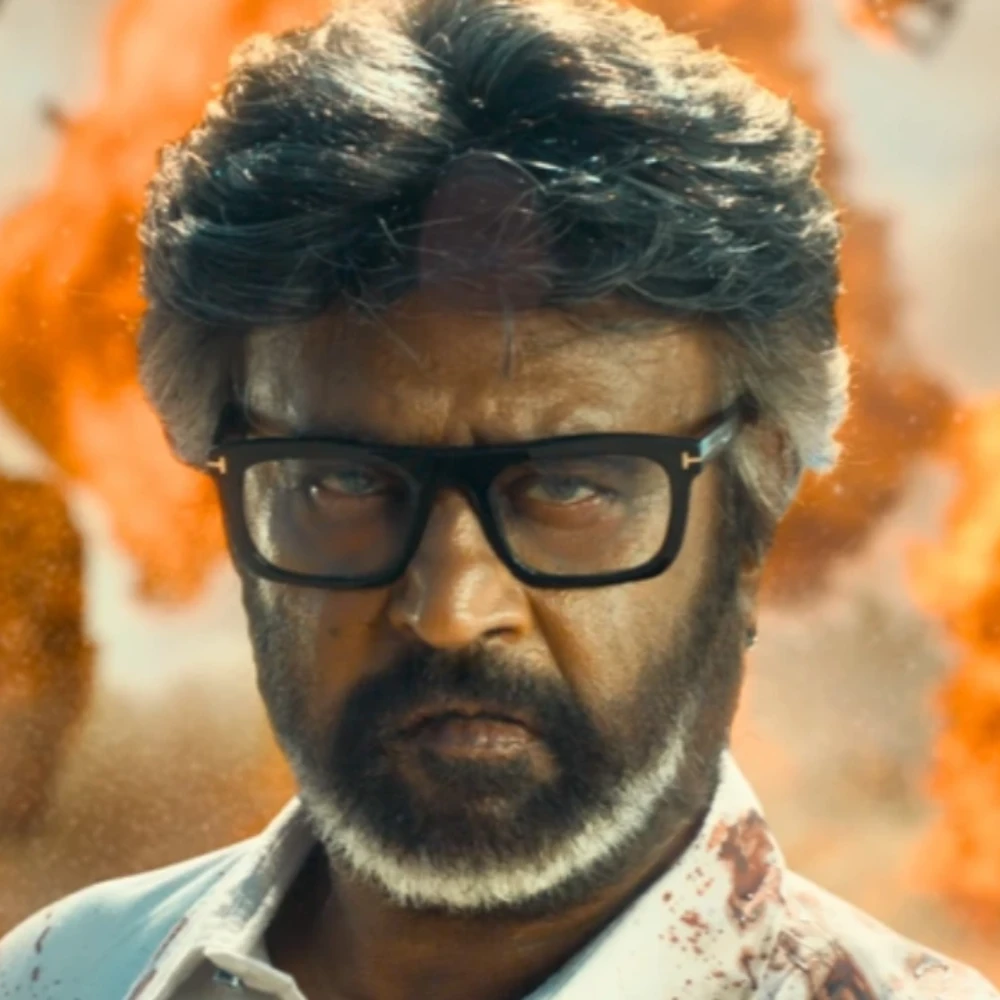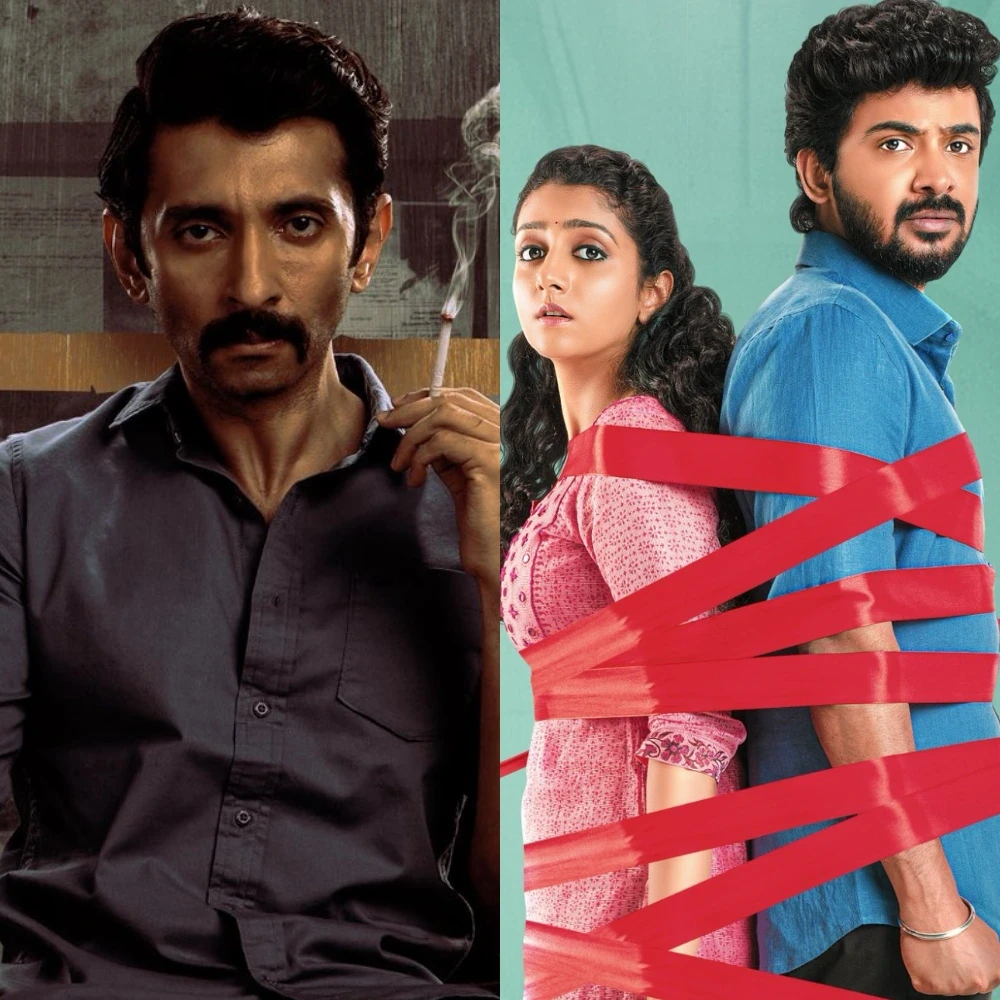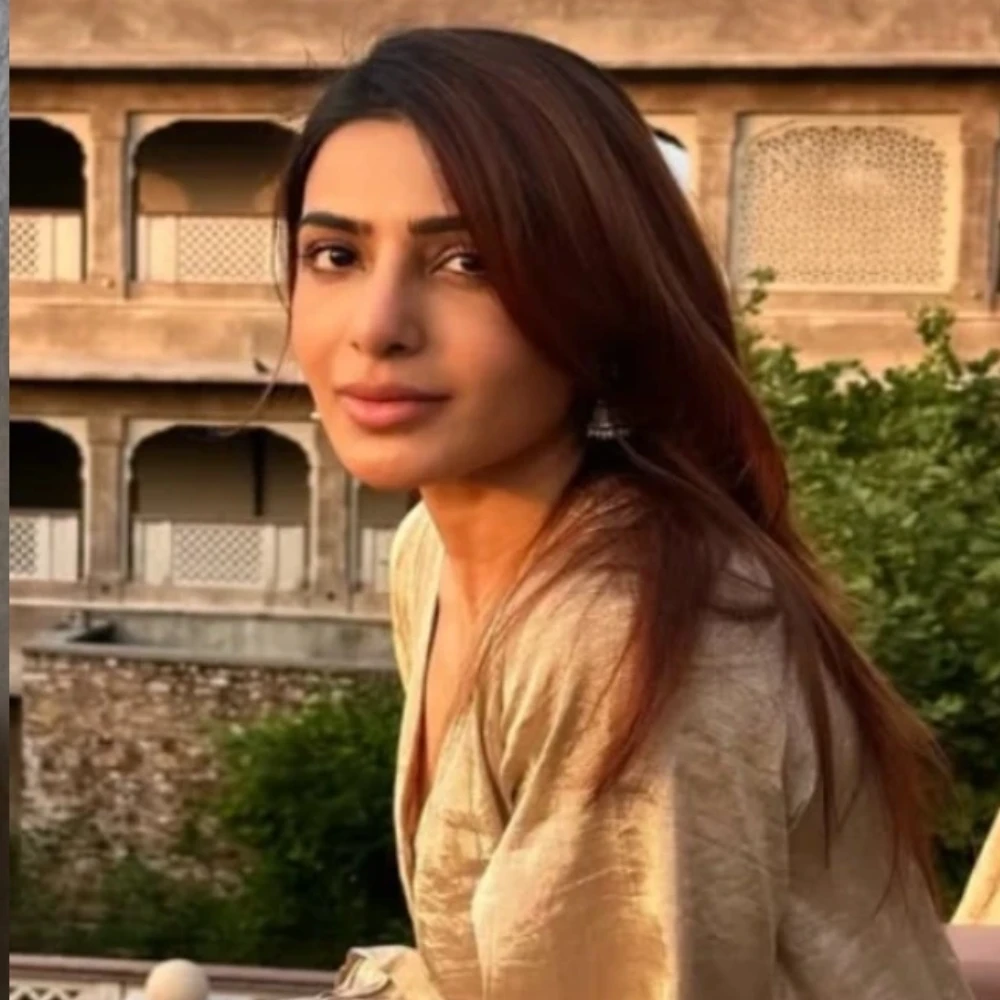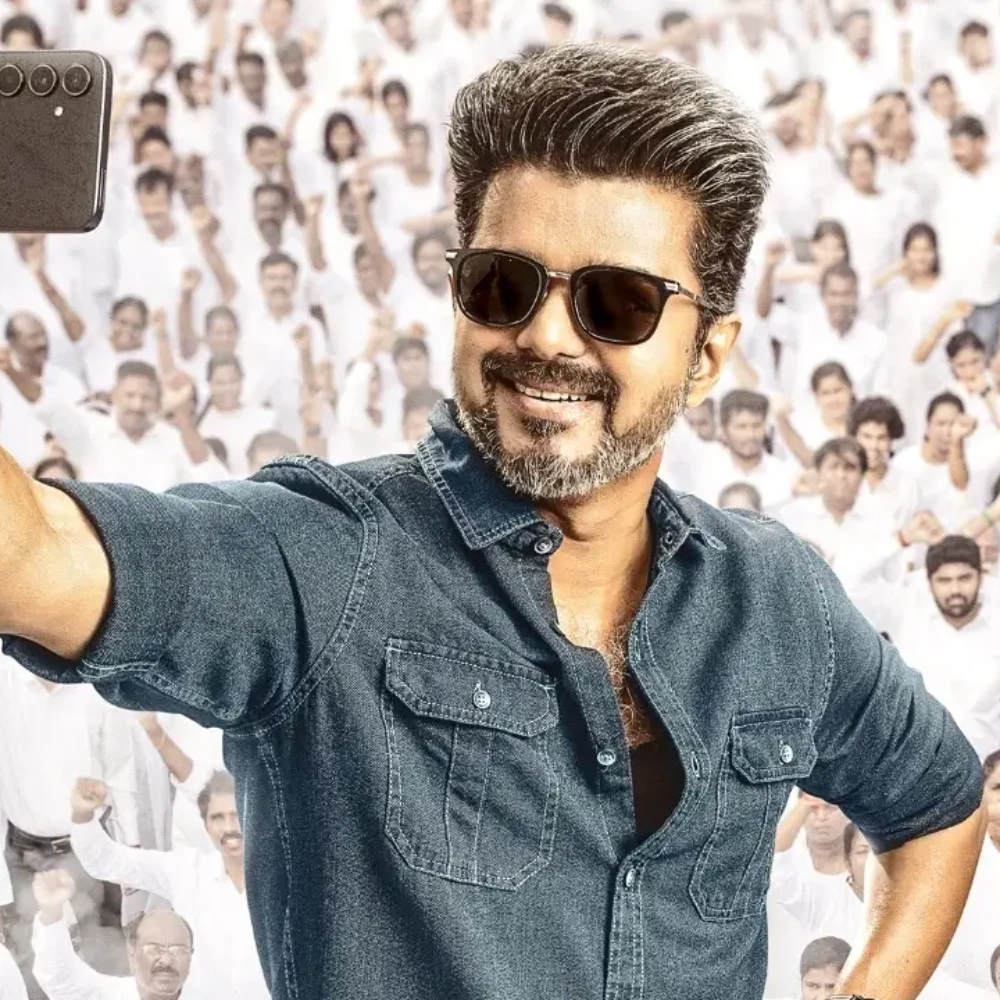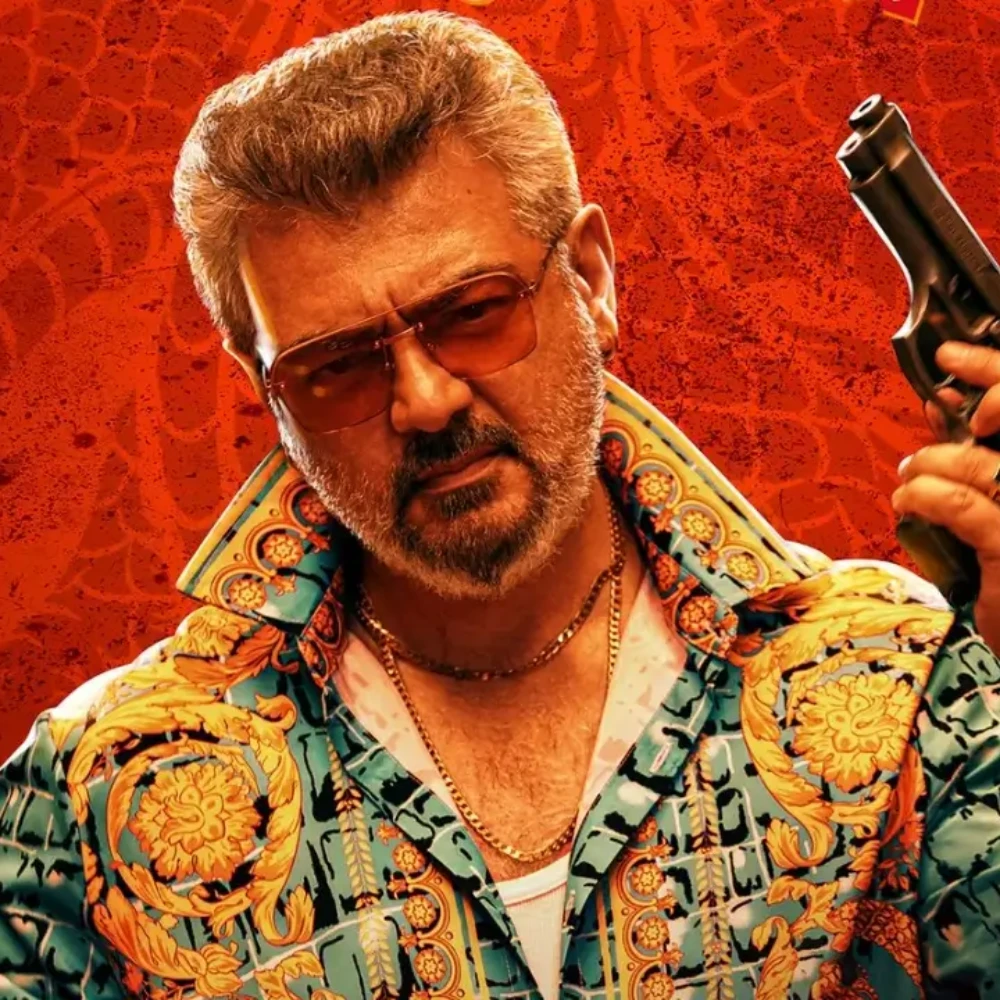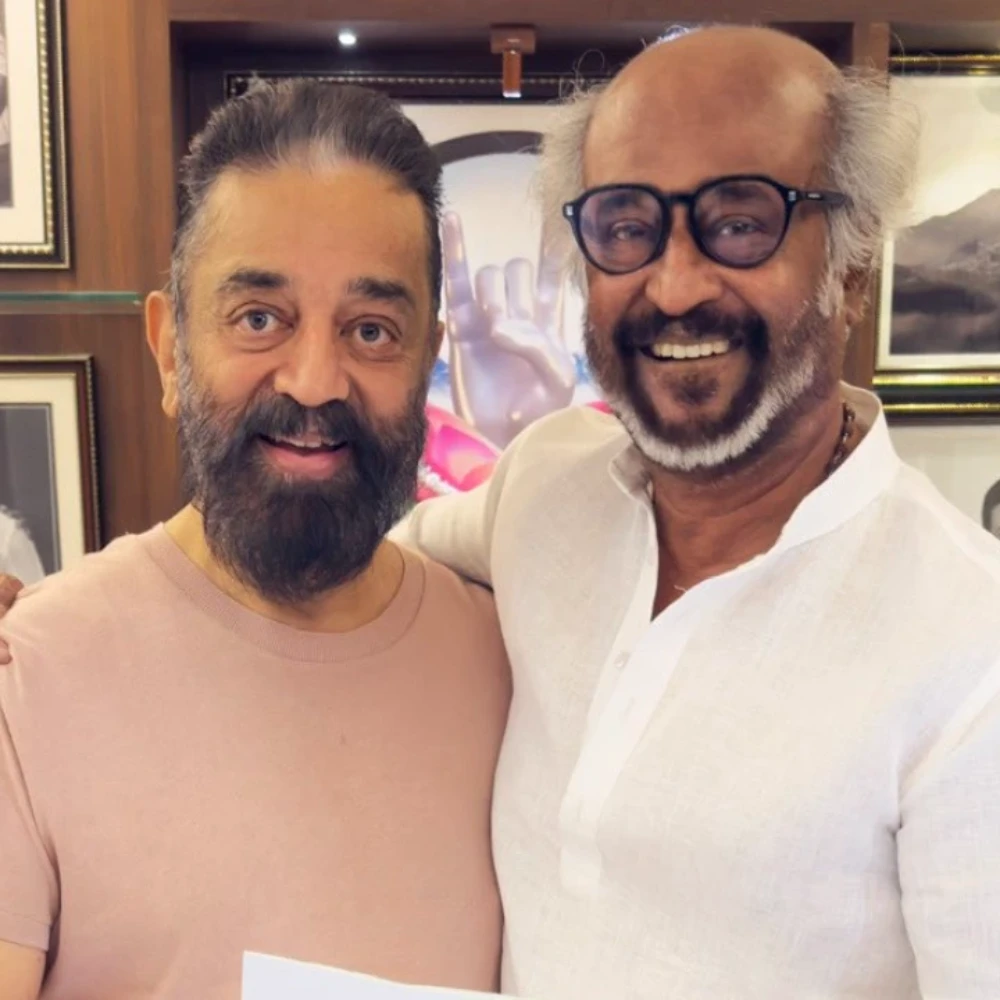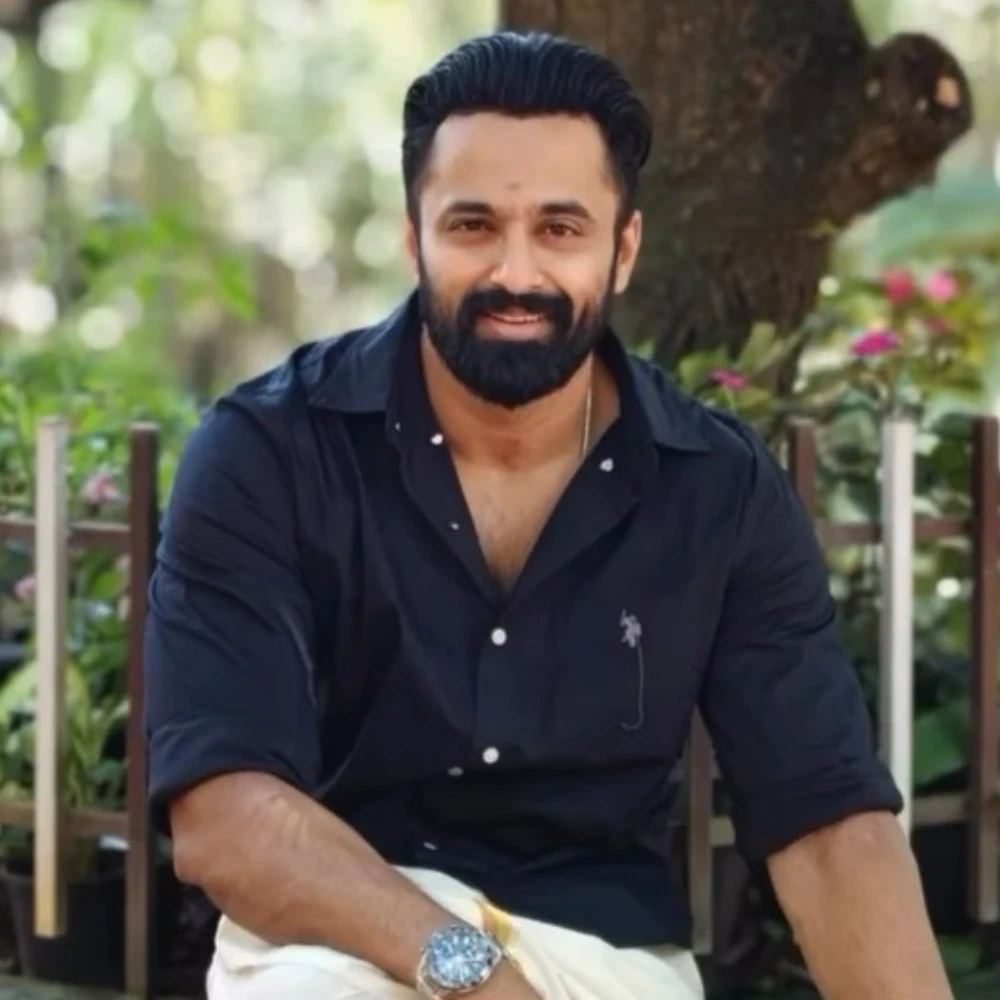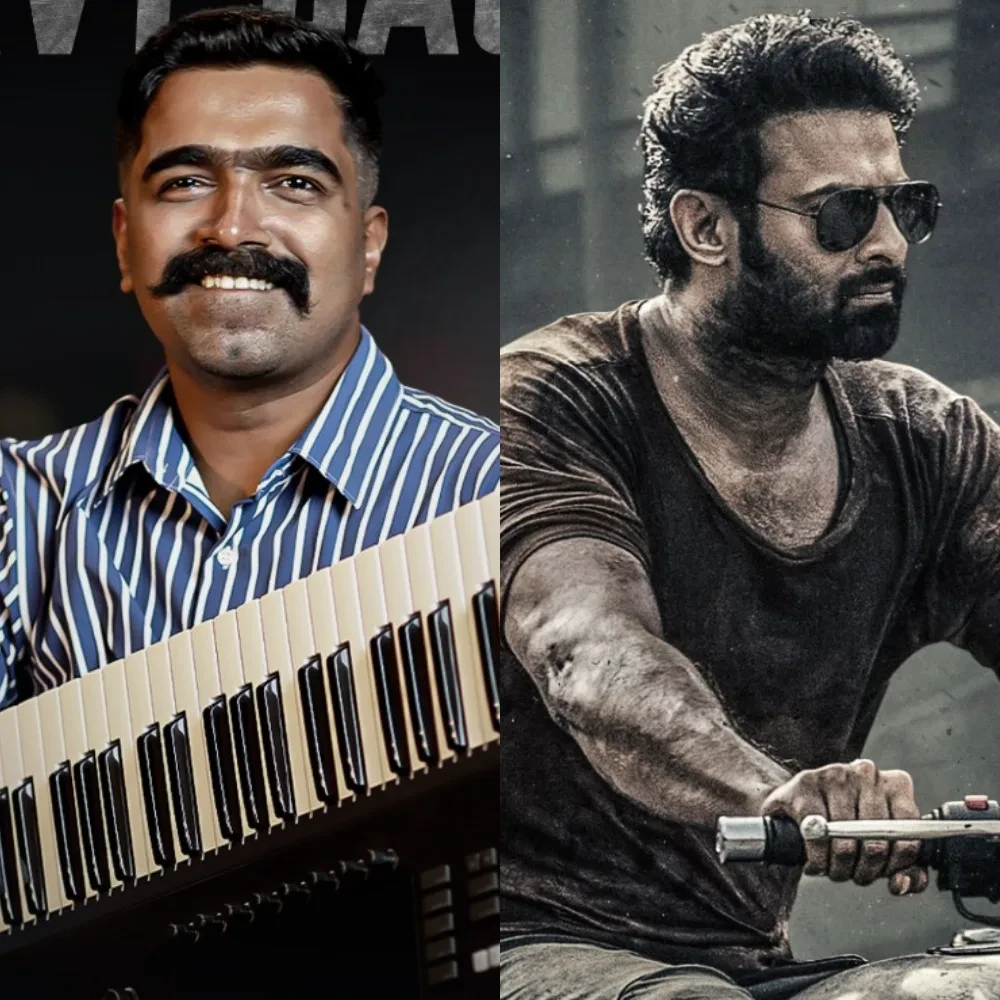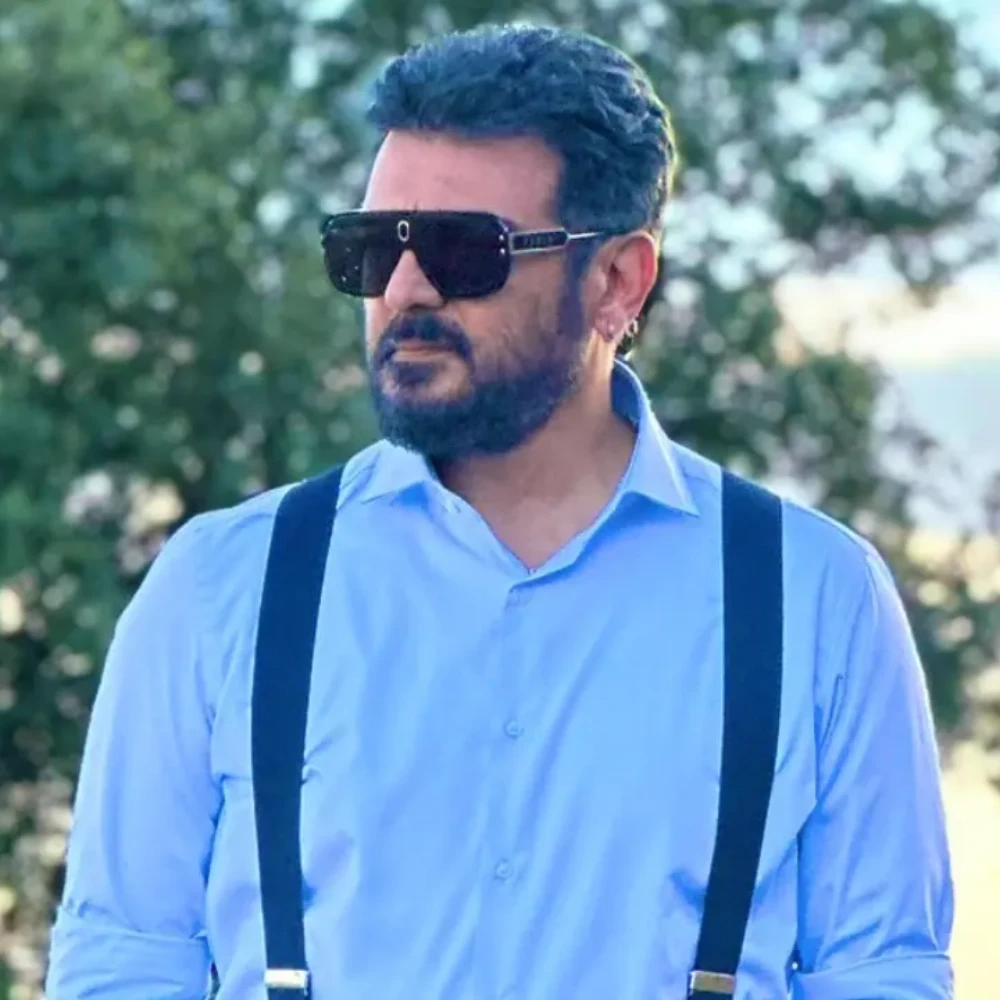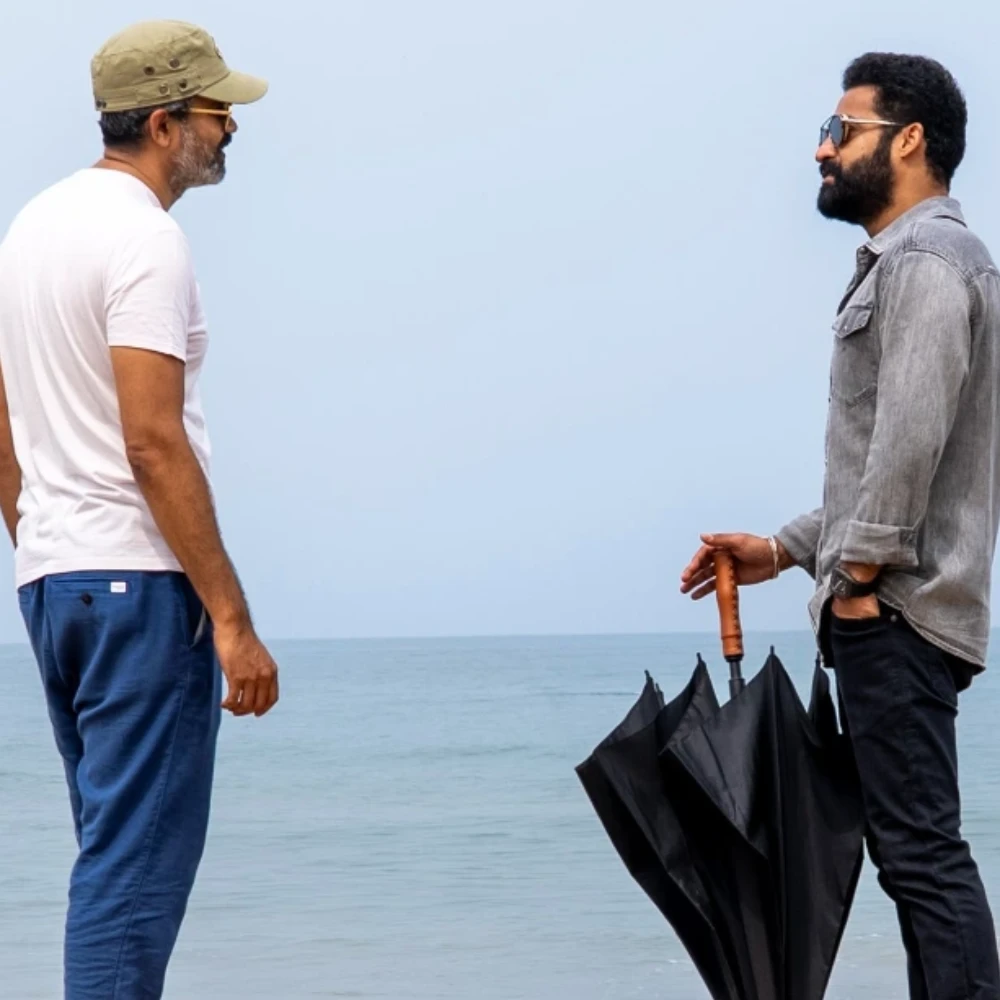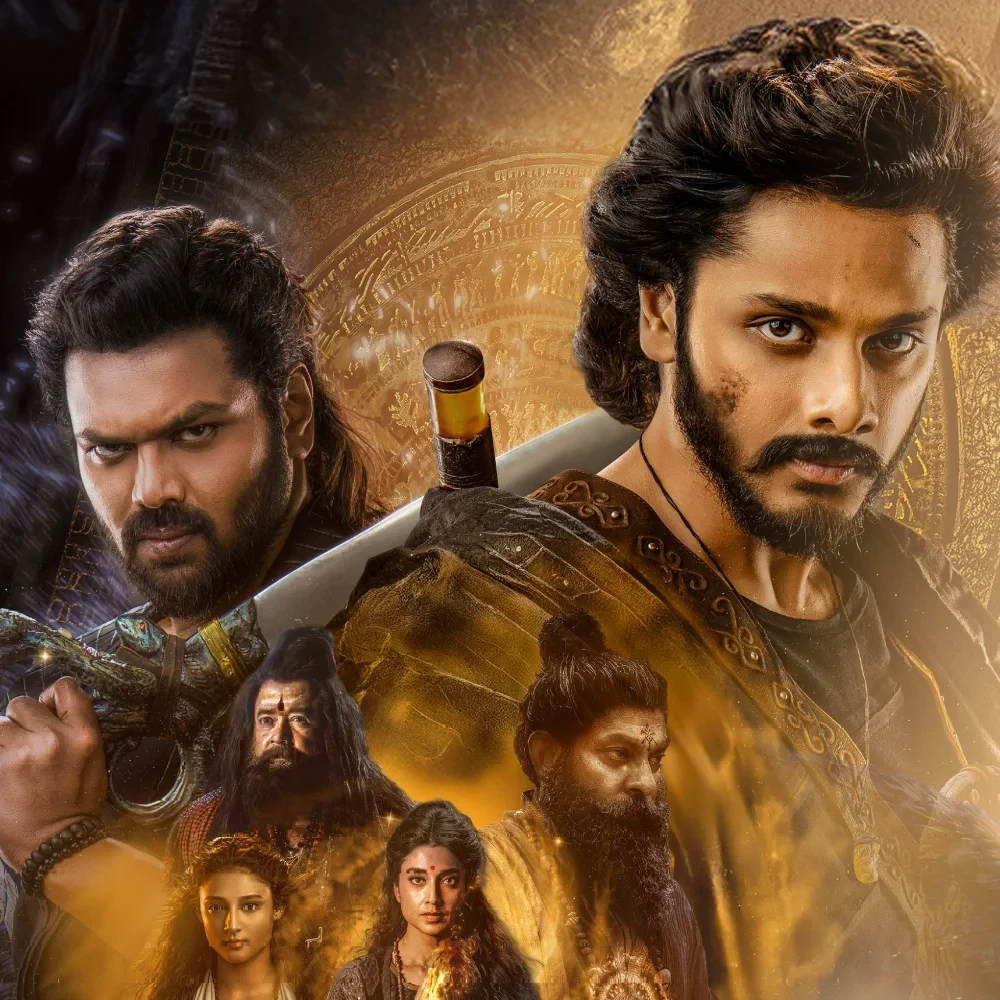EXCLUSIVE: Shruti Haasan shares thoughts on the rise in female-centric films; says 'it has a lot to do with...'
In an exclusive chat with Pinkvilla, actress and musician Shruti Haasan opened up about her films Salaar, Dacoit: A Love Story and Chennai Story. She also spoke about her upcoming musical ventures.
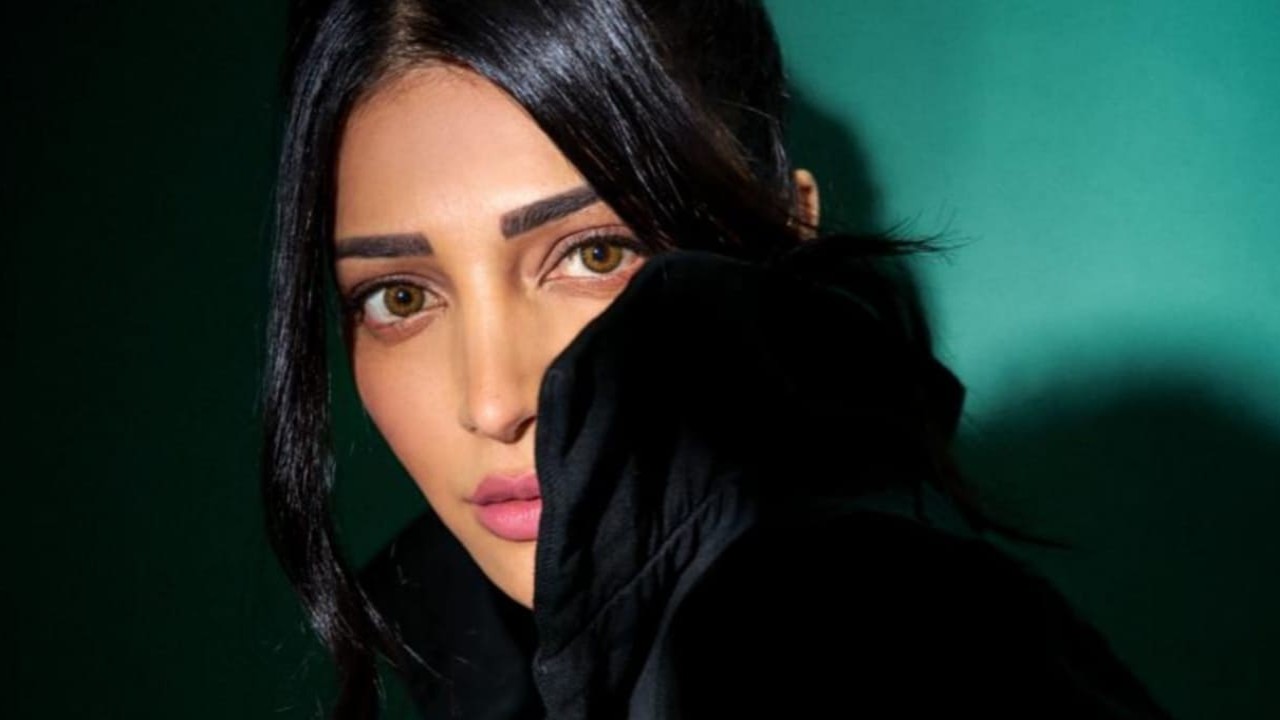
Shruti Haasan is a name that needs no introduction. The actress is currently riding high on the success of her latest film, Salaar: Part 1 Ceasefire, which was helmed by Prashanth Neel, and featured an ensemble cast including Prabhas, Prithviraj Sukumaran, Sriya Reddy, Easwari Rao, Jagapathi Babu, Bobby Simha, and several others.
The actress and musician is also set to star in Shaneil Deo’s Dacoit: A Love Story, alongside Adivi Sesh. Right from the time it was announced, the film has been a topic of discussion, and the teaser of the film which was released recently, only added to the hype surrounding the film.
Additionally, it was also recently revealed that Shruti Haasan will also be a part of Philip John’s upcoming English film, Chennai Story. In the latest update, Pinkvilla had an exclusive chat with the Waltair Veerayya actress, where she opened up about her experience at the magnificent sets of Salaar, as well as about Dacoit and Chennai Story. Shruti also opened up about her upcoming music project and dropped some exciting new details as well.
Excerpts from the interview:
1. Your latest film, Salaar: Part 1 - Ceasefire. A magnificent film, which the audience's reactions so far are sure to have conveyed. Now, your role in the film which was Aadhya, was acting as the audience substitute in the first part of the film, especially in the second half. However, there is a lot of mystery surrounding your character as well. Where did she come from, what is her past, etc etc. Will we be delving more into that aspect of the story in the second installment?
Shruti Haasan: This is definitely something that Prashanth Neel can answer, definitely. And I leave that to him. For me, it was interesting, because from the beginning, I knew- because I knew the script for all these years that, you know, we took a while to shoot this due to the pandemic, and all of that stuff in the middle. And I knew that, you know, the film is about Salaar… Deva, you know, it was about it through and through, but I knew that Aadhya’s character is pivotal to making things turn and move. Right. So, and then I really liked that she becomes almost like questioning the narrator of sorts, like you had you had pointed out, you know, and I think you're very right in saying that, you know, especially in Indian film, a scene will have someone acting as the audience's conscience in us. And you know, what I mean? Consciousness, however, you want to look at it, depending on the scene, you know. So I really felt that it was interesting. And, again, you know, it was just such an exciting project to be a part of. So, yeah, I'm just so grateful that it's such a huge success, because a successful film is beneficial to every single person in that movie, you know, some take more than others. But definitely, whether it's the technicians or the actors of the team that worked on it, we get to say we were in Salaar. You know what I mean? I was really excited about that, and really excited. It's great for the business as well when the film does so well.
2. As audience, if it was so much fun to watch it, I can only imagine how it was working on sets. Could you tell us a bit about your experience on the sets of Salaar?
Shruti Haasan: It was overwhelming, because the scale was so huge. Some days, I would walk on sets, and just be like, ‘wow’, this is like, they're just created literally - you know, the world creation. That Prashanth Neel does. We've seen it as an audience, but to go and step into it physically and be there you realize the detail of work that our DOP, art department, everyone does to make Khansaar or this world of Salaar come alive. And at the end of the day, like, it doesn't matter how many years I've been working, I never take it for granted. Because I started out as my mom's costume assistant, like I started singing. So I was always behind the scenes. And then I was my mom's costume assistant on Hey Ram. I'm like, taking those hazar (thousand) clothes back and forth at five in the morning. And for me my connection, even in terms of friendships and conversations that I enjoy the most in movies - my friends are technicians, they are DOPs, they are writers, they are directors. Because I've always found that world way more fascinating than other actors showing up. I'm not trying to undermine what it is. But I think being from a music background and knowing the value of each member in a band, you understand that if the singer alone sang it would not sound that good, if the bass player played it would not sound that good. We understand the technicians have equal responsibility and enjoy that. And I think sometimes in the movie world what happens is what you see in the forefront isn't all the work that you know has gone in the backend. And yeah, no Salaar has so much of that. And that's something I personally enjoy witnessing every time I'm on a movie set.
3. With Salaar Part 2 will we get to see you perform action roles alongside Prabhas sir and Prithviraj sir?
Shruti Haasan: I don't think right now, it's not on the scope that we've ever discussed. They knew that from the beginning, I personally love action. And there's only three, three times two, three times that my first film, I got to do action, and then zero action for years, you know, except being slammed against things and saved here and there. But like, for me, Treadstone was my first step into really enjoying action. When I did the US series of Treadstone, I had to go to Budapest to train. And that's really when my love for MMA also came in which I still continue training in. And it's just something that I have found, apart from building a skill set. You know, that could, could be good for my body, it's extremely good for my mind. So I continue, I love fighting, and I love training and fighting. So that's like, my favorite thing to do, really, when I'm not doing all the other things I do. Then I got the chance to do it in Krack, which was the highlight of the film, which was this woman you had seen throughout the film, and then just the most badass action sequence, which was so amazing, which I really love. And then, again, in Waltair Veerayya, yeah, a little bit of action. But I mean, my dream is really to do full-fledged action roles from day one. And I'm a big fan of violence as well. And I think what I loved in Treadstone, was the fight was so I love close combat fights, like, we saw a lot of that in the Bond series first, even in Hollywood, we were seeing this close combat, you can hear the skin and the punching, it wasn't it wasn't cinematic it felt unnervingly real. You can feel the violence, right. So I love the Treadstone fight, because it was two women being extremely violent with each other, which is not something that you normally see, even in the West. I love it. I love it when a woman is violent, because we don't see it, you know, so it would be a dream to be an extremely violent woman in the film. And, I think it's different. I think when - there was this book I read when I was very young called Shoot The Women First. It was about female terrorists and female criminals and, and I read it and the choices that a woman has to make to choose violence is so psychologically different to men. So I always find it very fascinating.
4. Your next film, Chennai Story is an adaptation of the novel The Arrangements of Love. If we look at the book synopsis or what has been revealed so far from a broad perspective, it seems to have a story similar to Dev Patel’s 2016 film Lion. So my question is, what attracted you to the role?
Shruti Haasan: It's not at all similar to Lion Like, at all. Like, I can't, I can't see the similarity at all. Completely different. You know, you always run the risk of this happening. I mean, it could happen even in The Eye, right? Yeah, definitely. woman married to a British man. And so when you're going cross country, cross globally, you run the risk of these stories feeling similar, just like Indian stories too feel similar. You know, some people will say, ‘Oh, my God, that's just like Gangs of Wasseypur.’ It's just because of the geography, you know, what I mean, the travel and the geography. For me, Chennai Story is really interesting, because it's a very sweet story. I like those, you know, I love watching movies, which are just like,’oh, that put a smile on my face. It's lovely’. You know, and it has that energy, which I really liked. And I haven't done something like that in a long, long, long, long time. I don't remember the last time there's a simplicity and beauty to just how lovely it is as a story. I love the character, again, a different character to what I've played before, and it's a little more contemporary, which is exciting for me. And then thirdly is just my bias. I'm originally from Chennai, even though I've not lived there for like 12-15 years I've lived in Mumbai. My heart is like I’m always a Chennai girl. So somebody's showing the city I grew up in with a beautiful cinematic lens. It's exciting. There’s something magical about Chennai, and I always say that.
5. What prompted you, or drew you to take up the role in Chennai Story?
Shruti Haasan: I can’t reveal too much. I think that's what I was really drawn to is like, the whole film has a feeling of warmth, and this character is very contemporary, you know, compared to the all the other work I'm currently doing. It feels very relatable to me, when I read it. I found it really, “Ah, how lovely we get there”. We get to be ourselves with it, you know, and that was really exciting. Yeah.
6. You are one of a handful of people who have worked in multiple industries, Tamil, Telugu, Hindi, and even English. Is there any difference when you move from one industry to the other? Like, does your process, or the way you approach change according to industries?
Shruti Haasan: No, everyone always asked me this question. I always say whether it's working on Treadstone, or The Eye or working on Dacoit, or Salaar or whatever. It's people that change, right? People's approaches to work. So yeah, the language changes and stuff. But storytelling is universal. The approach of each individual be it, a Greek crew and American filmmaker, you know, or, for example, in Dacoit, we have a filmmaker of Indian origin, but lived abroad. It's all very exciting. And you realize that people want to tell stories, like we have this. And I know it sounds like, Okay, what the hell does that mean? But it's when I, when I see the human need to tell stories, through songs, through music, to movies, to poetry to painting, you know, and I just, I'm always fascinated by how much we want to share. Everyone wishes to tell a story. Unfortunately, now it's like, a little less refined. But I do believe social media will also change, and people will feel the need to connect more than opinion sharing. Do you know what I mean? They'll share a story instead of an opinion. It will happen. Because it's a human need.
7. In recent times, if we take a look at most of your characters, be it Aadhya in Salaar, or your role in Dacoit, or even your latest single Monster Machine, a central characteristic in all three is that there are strong female-driven characters. Or even the character of Agent Tina in Vikram. What are your thoughts about the evolving change in the industry with more female-driven characters in the film?
Shruti Haasan: No, I mean that I feel that Indian women are an integral part of Indian storytelling. It's just that they are made the mother or the sister you know “meri behen ko haat lagaya” (you touched my sister). But there's always a woman in the middle of it. It's just very female driven. It is, I think Vikram is one of the least female driven movies, but then Lokesh really elevated it by making that woman like the most badass woman, who would do that for a mission! Not for a man, but for the mission. Do you know what I mean? Like, and that's something I particularly loved in Vikram is she wasn't like, “I'm doing this for you Ulaganayagan Vikram”, and became like, “sir, it’s a mission”. And that was so great. Because that was exciting to me to see and I think, different. So for me, really, I think globally as well. Like I keep talking about this. It has taken so long for a Barbie to happen to compete with an Oppenheimer, right? There's not happened before this, where Barbie, a film produced, directed and created around the female doll character, could surpass Christopher Nolan box office collection. So the women are ready to present themselves that way. The world is ready to see it that way. And I think again, it just has a lot to do with everyone having these conversations. My only - coming back to India, and I think there are beautiful female driven stories. And there's just so many different kinds of males to women, which are not expected. And I really enjoyed that Kho Gaye Hum Kahan, I liked it. Because I saw a girl that was different to how female leads are portrayed. Do you get what I mean and storytelling alone, it was very much - it's a girl's point of view on certain things. And, and it was real, and it felt good to see she wasn't saving anybody. She wasn't making female sacrifices, wasn't falling into tropes. And that's the only risk we run with female stories is first of all, saying a female centric firm because nobody is saying males centric. It is a character centric story, and then you shouldn't fall into tropes at all, whether it's with race, gender, age, anything we shouldn't fall into tropes for it to be good storytelling. It's what I believe.
8. Speaking of Dacoit, we have already seen a goosebumps-generating teaser. Is there anything you can disclose about your character in the film?
Shruti Haasan: Yeah, I mean, it's actually Adivi Sesh who approached me and then Supriya who's the producer, and when they both approached me, I was like, okay, cool. Yeah, I'm open. Instantly. Sesh’s energy was just different to any other person. I'm like, “Are you sure you’re really from this industry?” It's really like talking to a musician. Honestly, it's like talking to a guy who's like, “Hey, listen, I have some great guitar riffs. And I think you'd be great in them” He was so creative from the word go, And then I met the director, Shaneil. Again, you know, he's been a DOP himself. So his approach even to just storytelling was unique and exquisite spoken, because he's, he's looking at it through the lens consistently. I mean, it's just been awesome. As a creative collaboration, I find it super challenging because I can't, you know, there are times where I'm like, Okay, this is what I need to do. Okay, I will do it 100% from point A to B. But really the range of what you need to do is A to Z and there is just no shortcut. Like, emotionally especially there's like no shortcuts on this. So these are some of the first few times where I think so much and so deeply about it. When I go home, I'm exhausted from feeling like somebody else, and I want to do this on every film, but I don't have the luxury of that. So I very much enjoy the process of Dacoit, I think people will enjoy it. Because we've, you know, we've I think we've got a good approach from the production to direction to actors, everyone. I'm telling you, it's like making a song. That's how it felt like with Dacoit.
9. And finally in terms of discography… Is there something new coming up?
Shruti Haasan: Monster Machine was really my way of keeping some doors open and then showing a side of my personality, which was, you know, different. And then we have more singles coming out in English as well as I'm doing something with my father in summer, which I’m super excited about. So we're super stoked about that. I think I really get my love for music from my parents. My mom is a great connoisseur of music. She has the most incredible taste in music. She introduced me to Bob Dylan and Prodigy at the same time, that was a lot. And then, my dad is an incredible singer and his sense of music is so strong, which you can see in all of his films, and so to collaborate with my dad on music is something that's really special, and I think people will be surprised by what we're cooking up for them.





 JOIN OUR WHATSAPP CHANNEL
JOIN OUR WHATSAPP CHANNEL